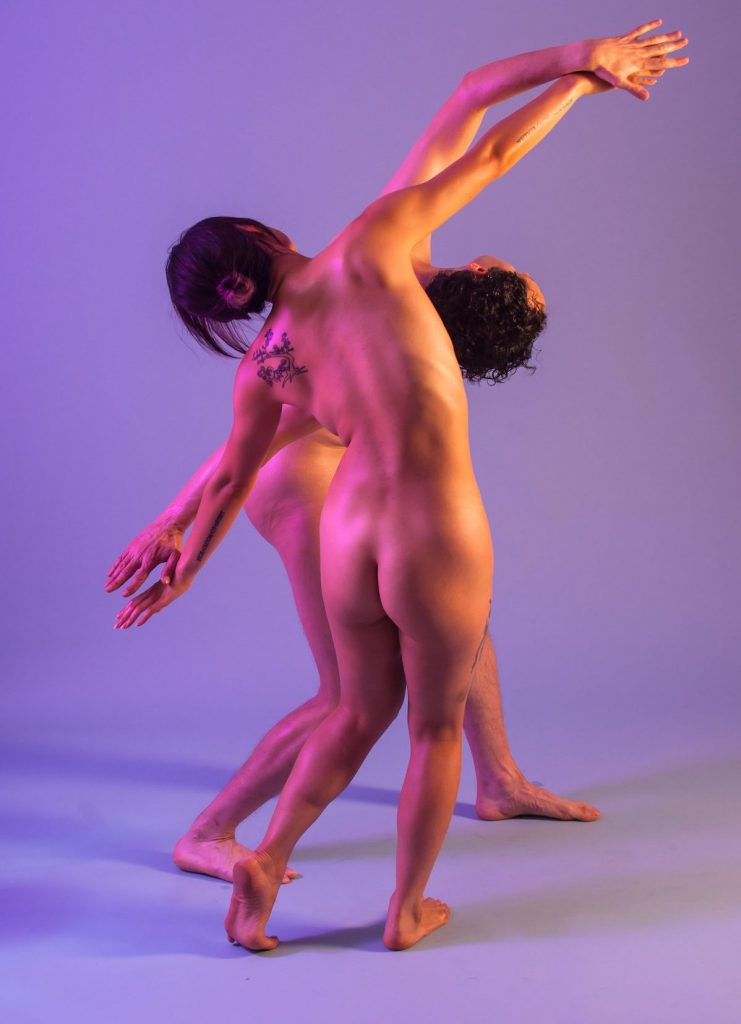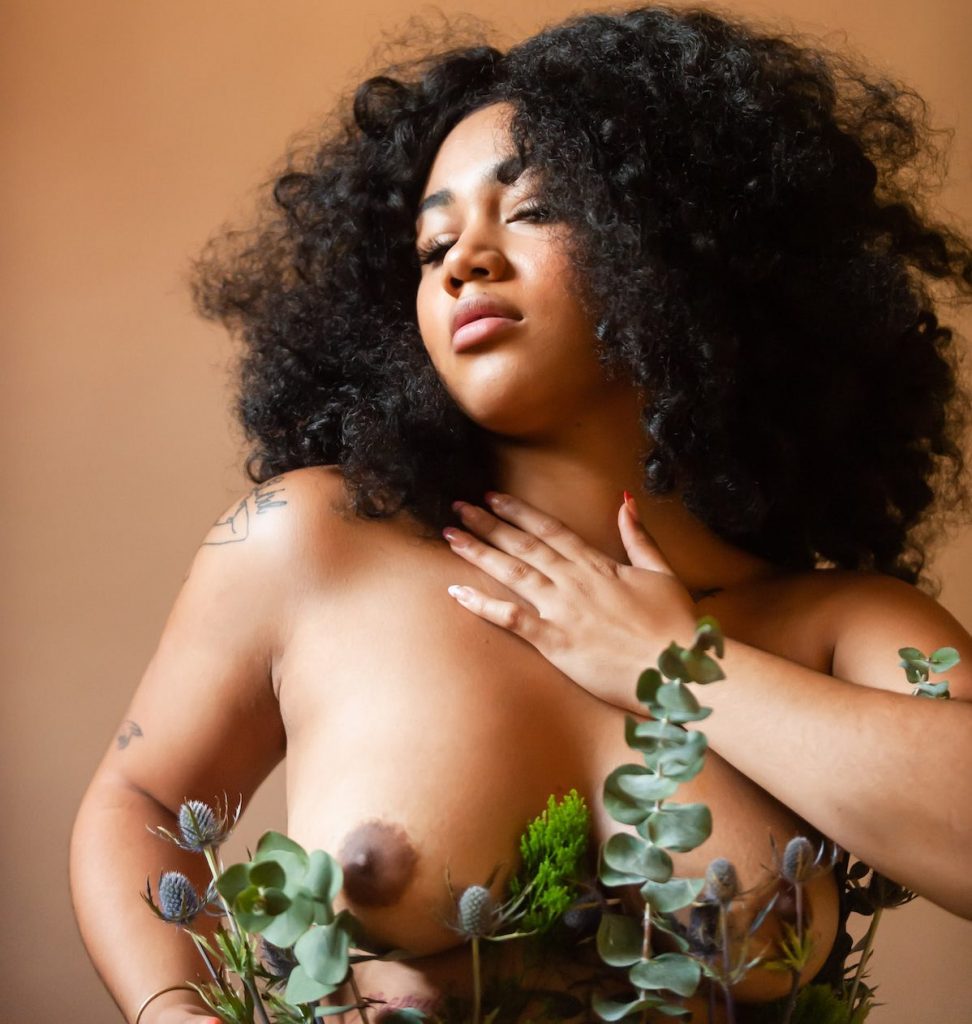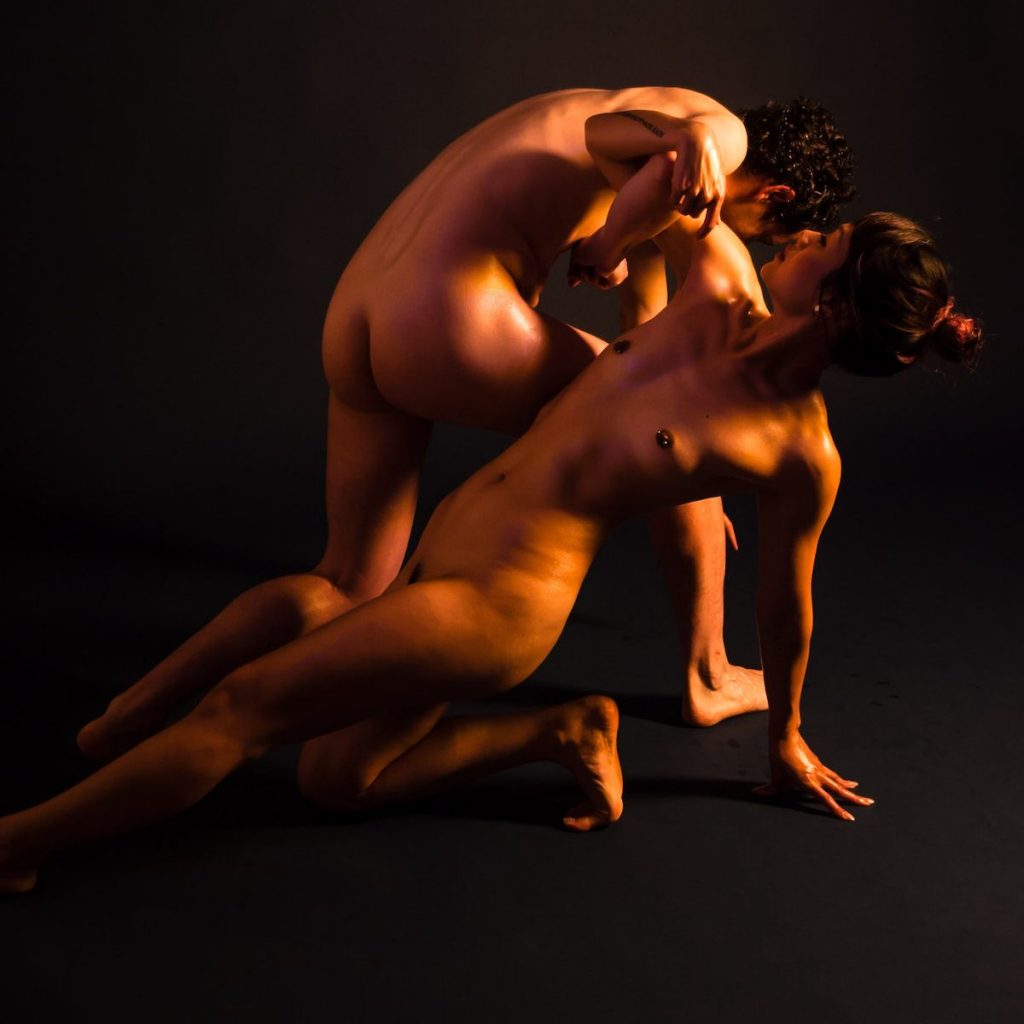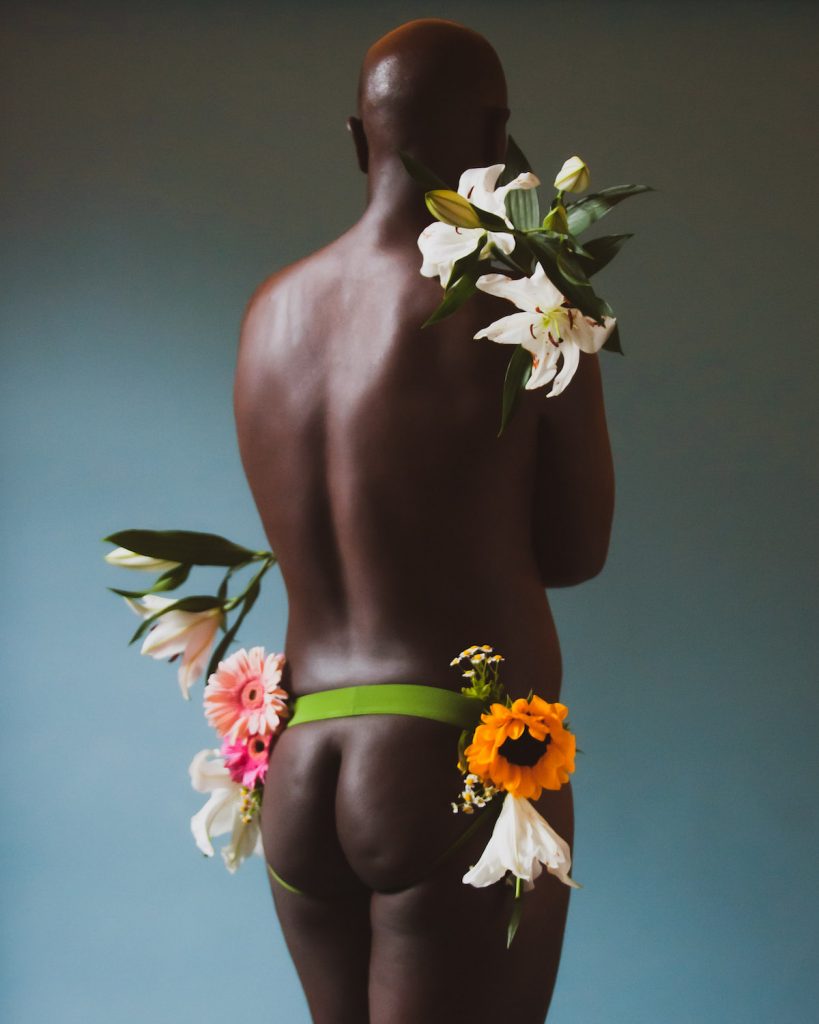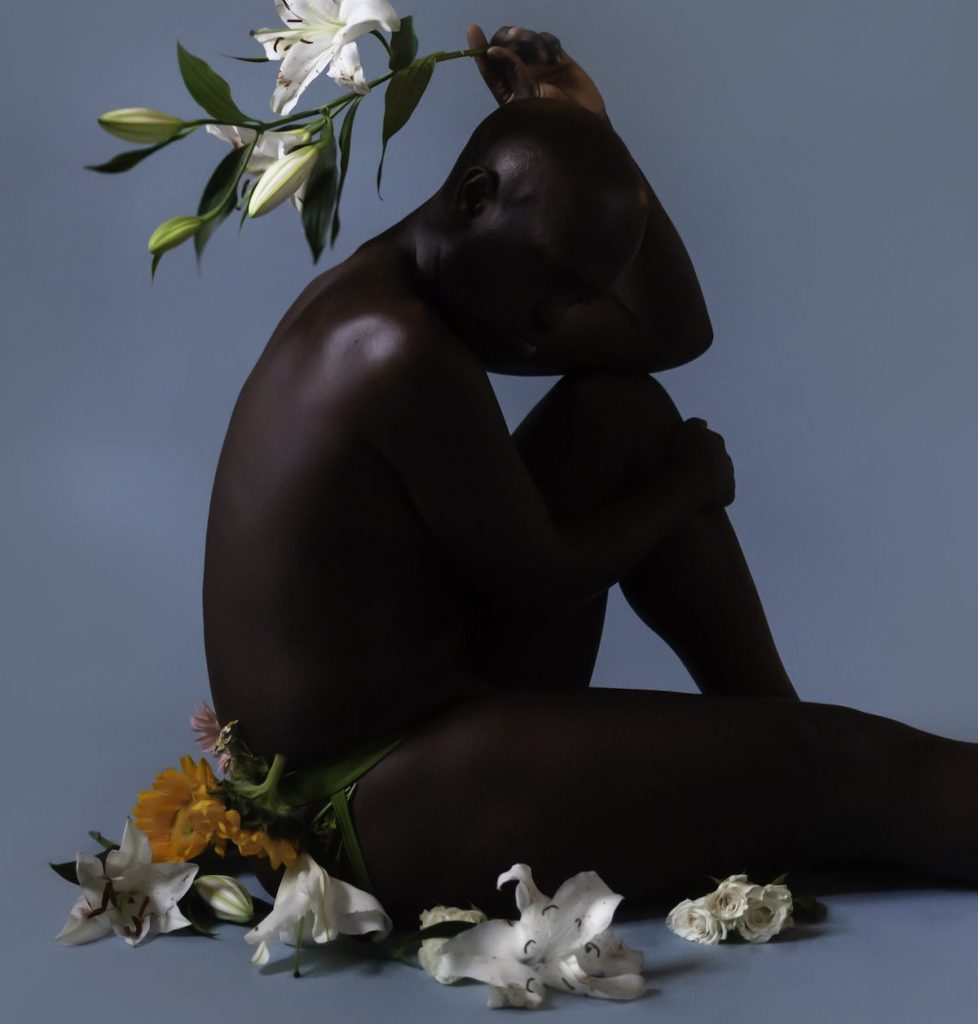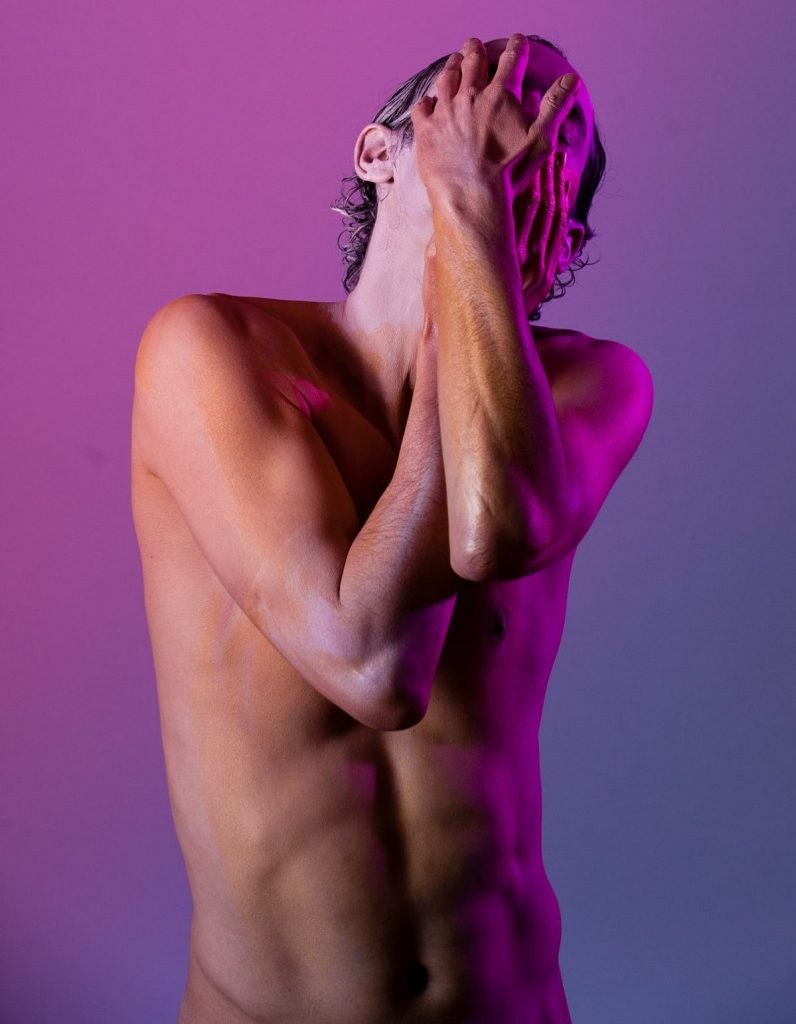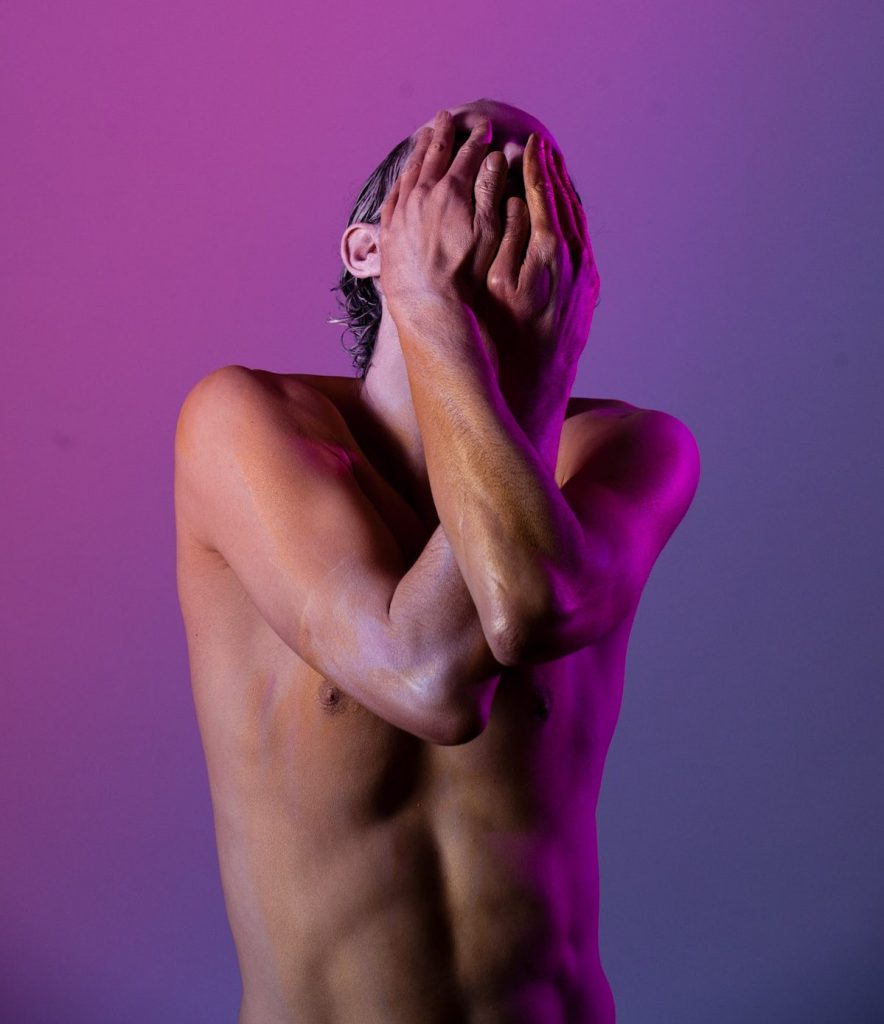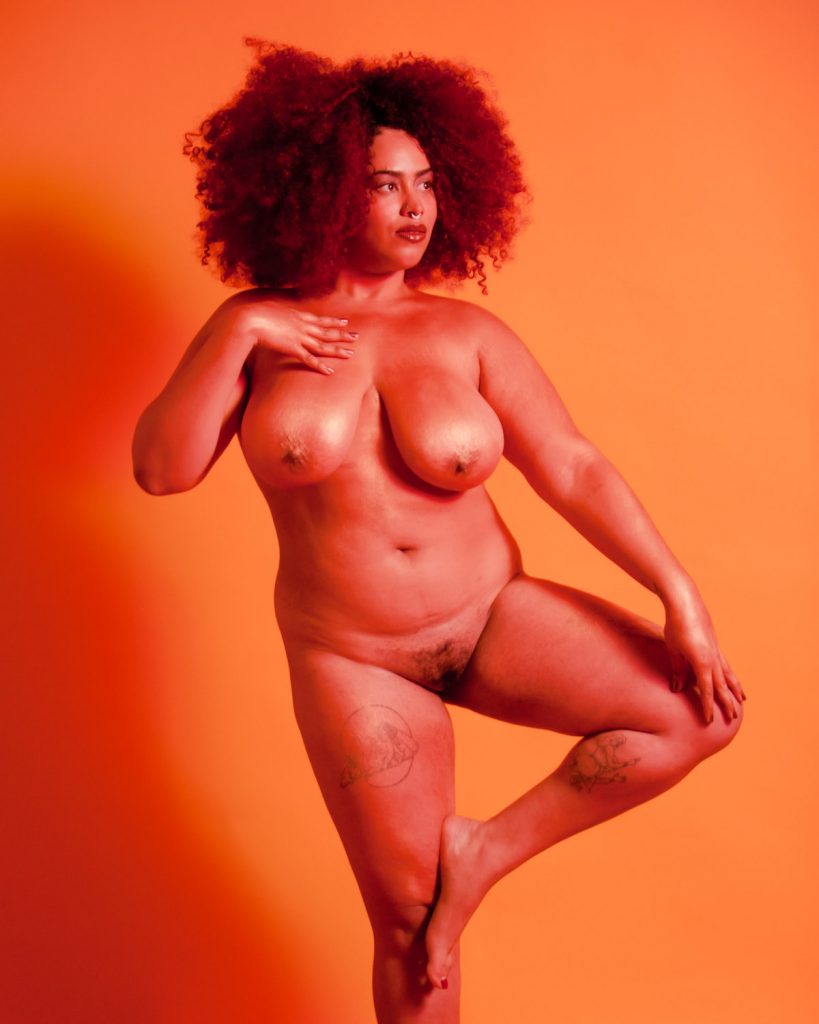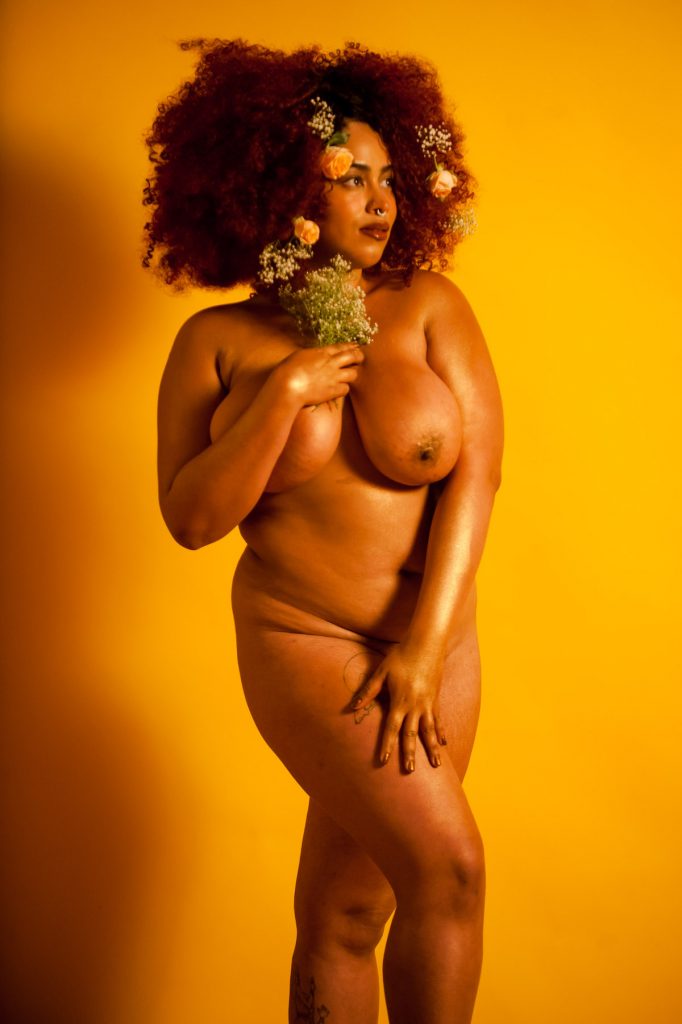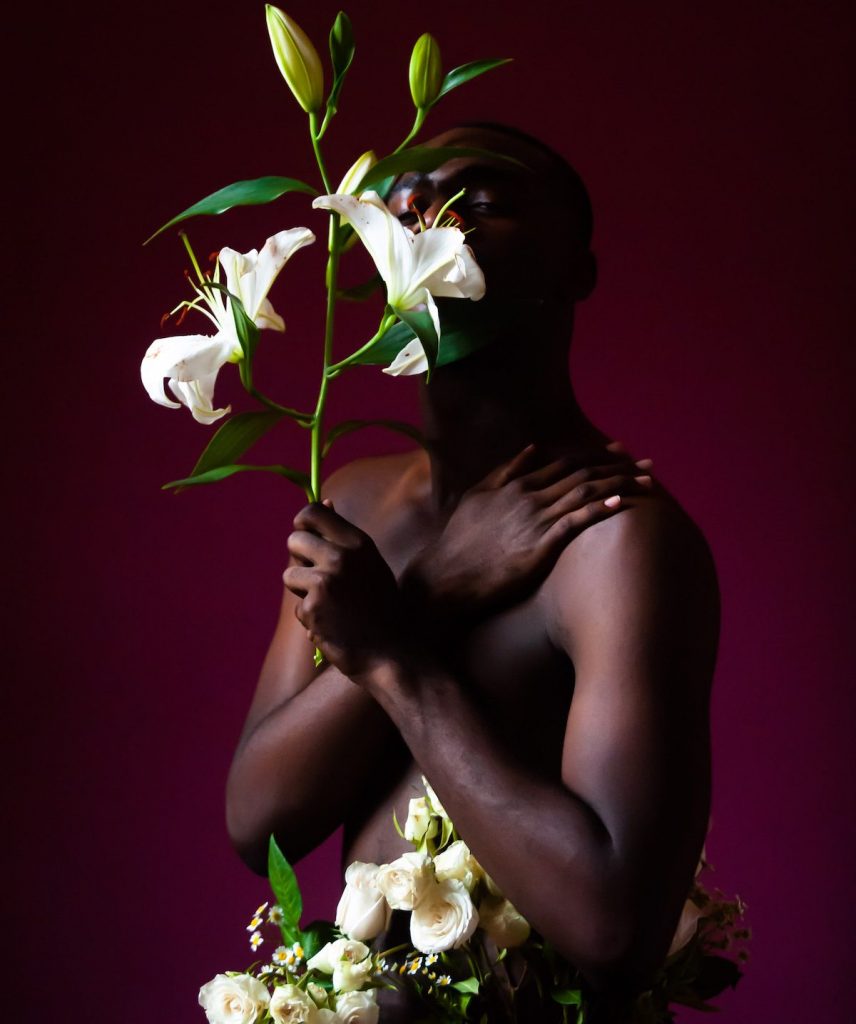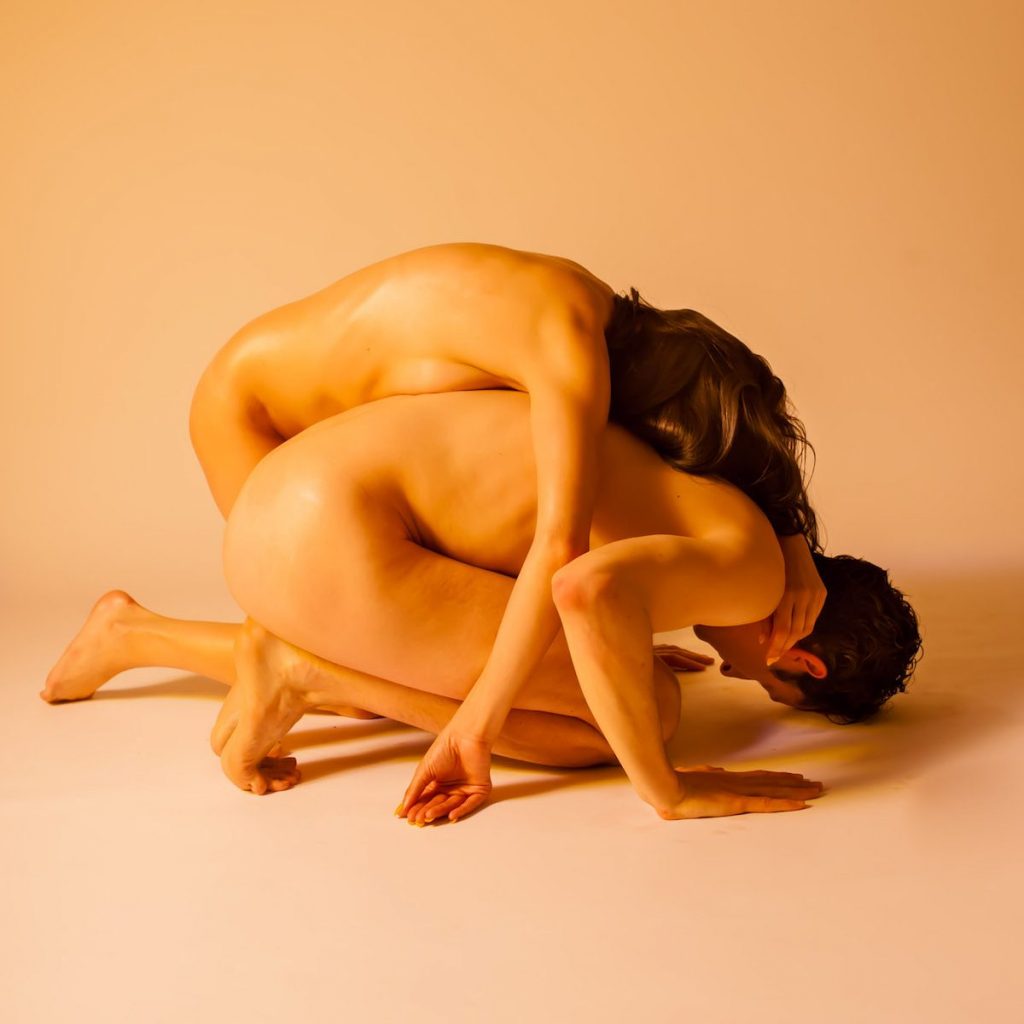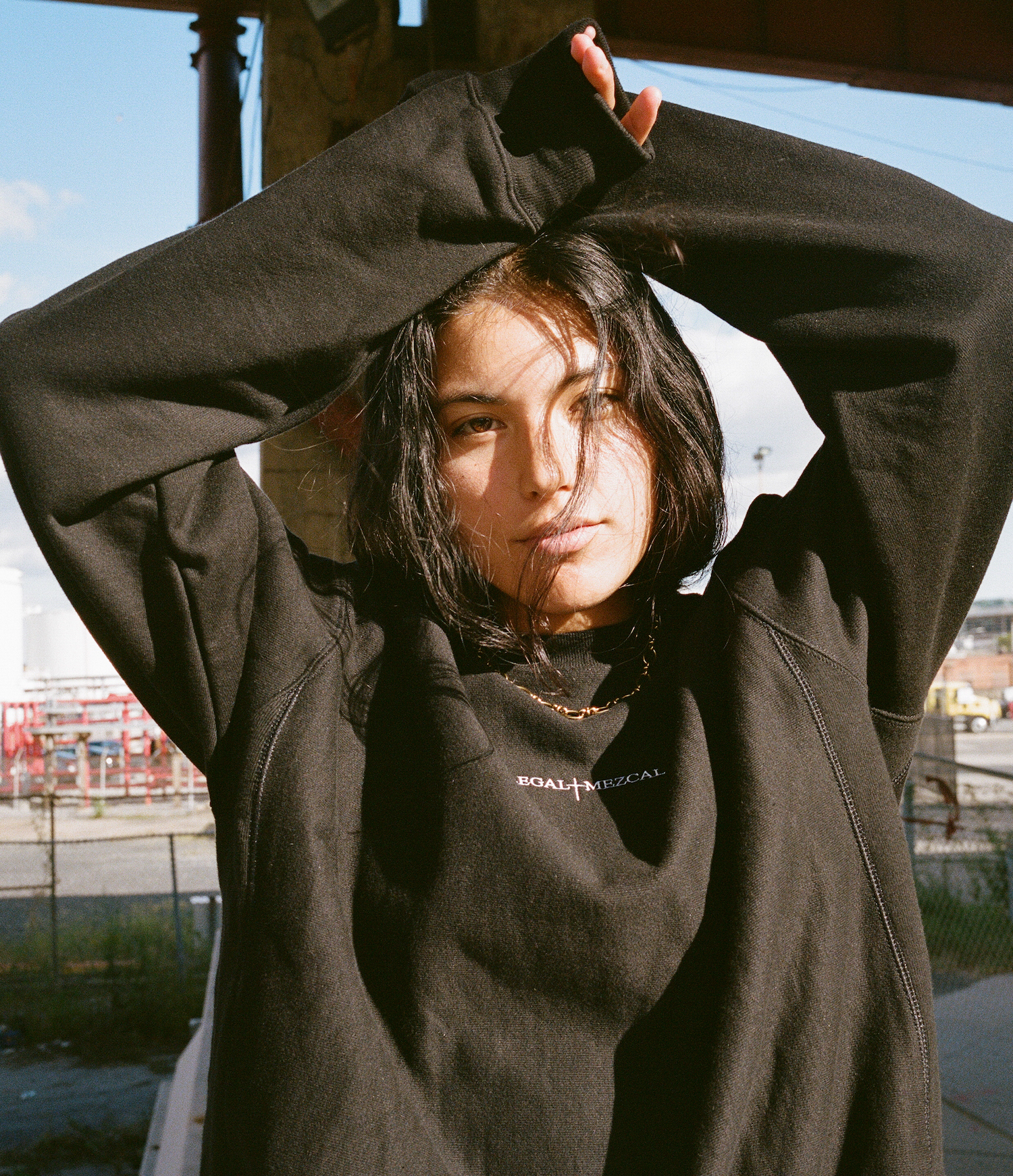
Shop Ilegal Apparel to donate to organizations worth supporting. All profits are split between our community partners Team Brownsville, Los Patojos School, and No Us Without You.
More info on community partners

Shop Ilegal Apparel to donate to organizations worth supporting. All profits are split between our community partners Team Brownsville, Los Patojos School, and No Us Without You.
More info on community partners
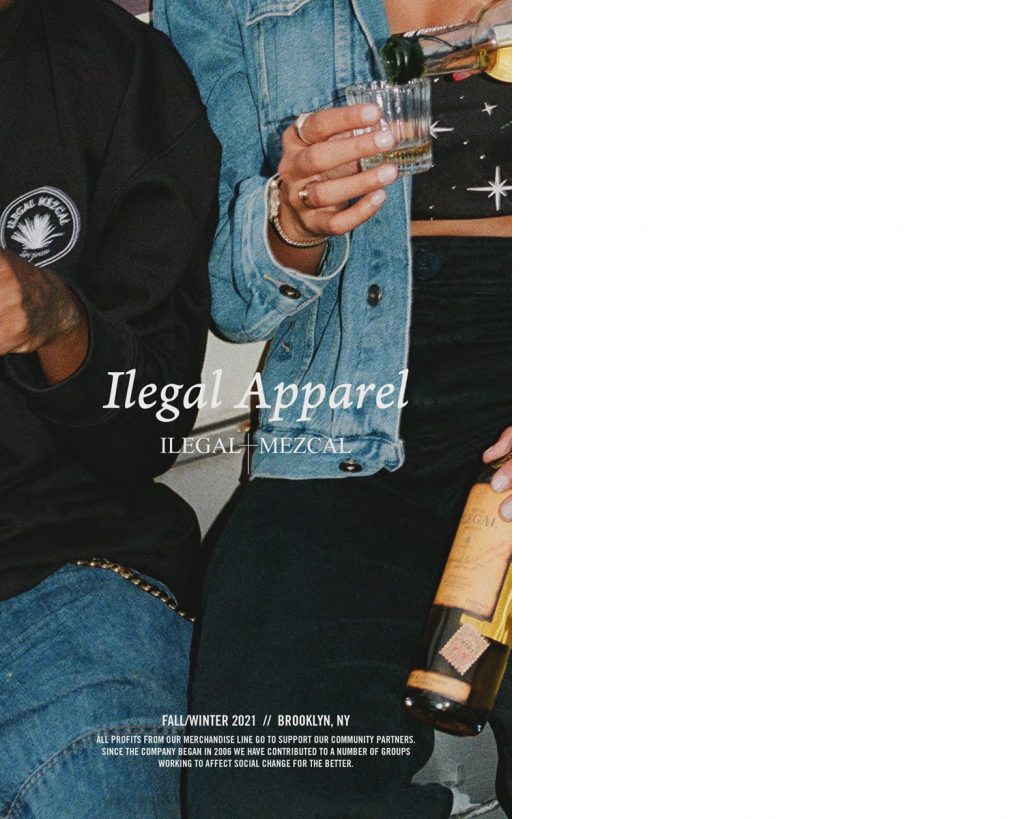
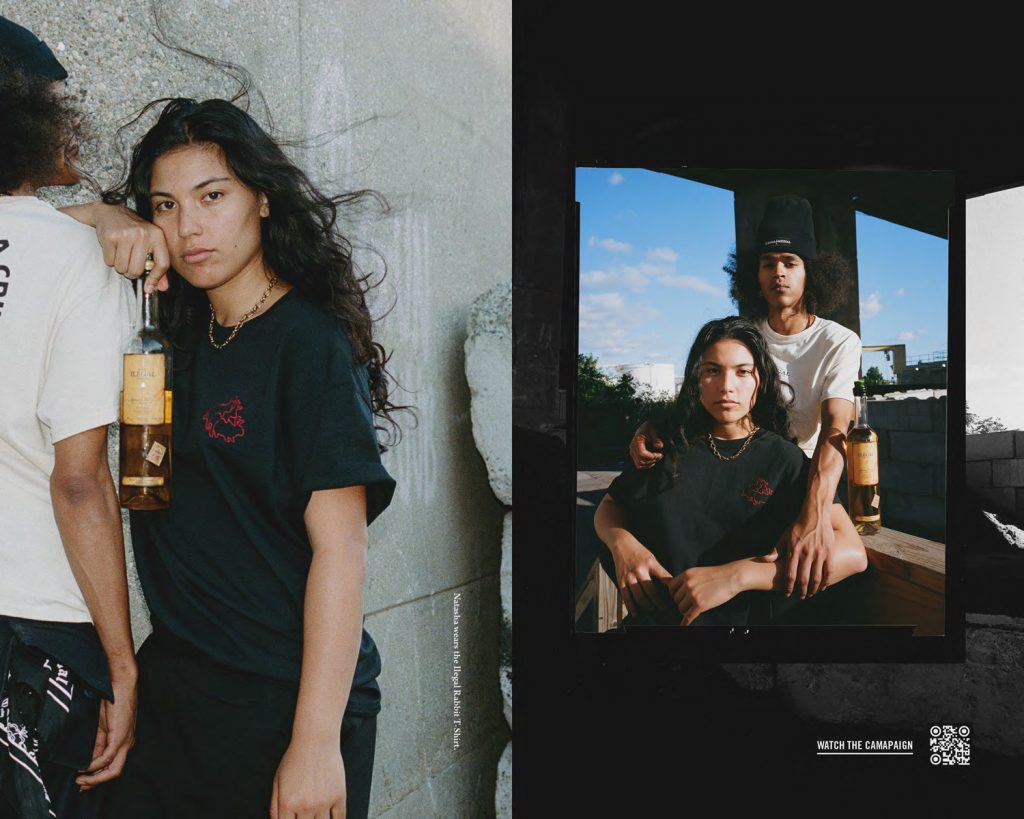
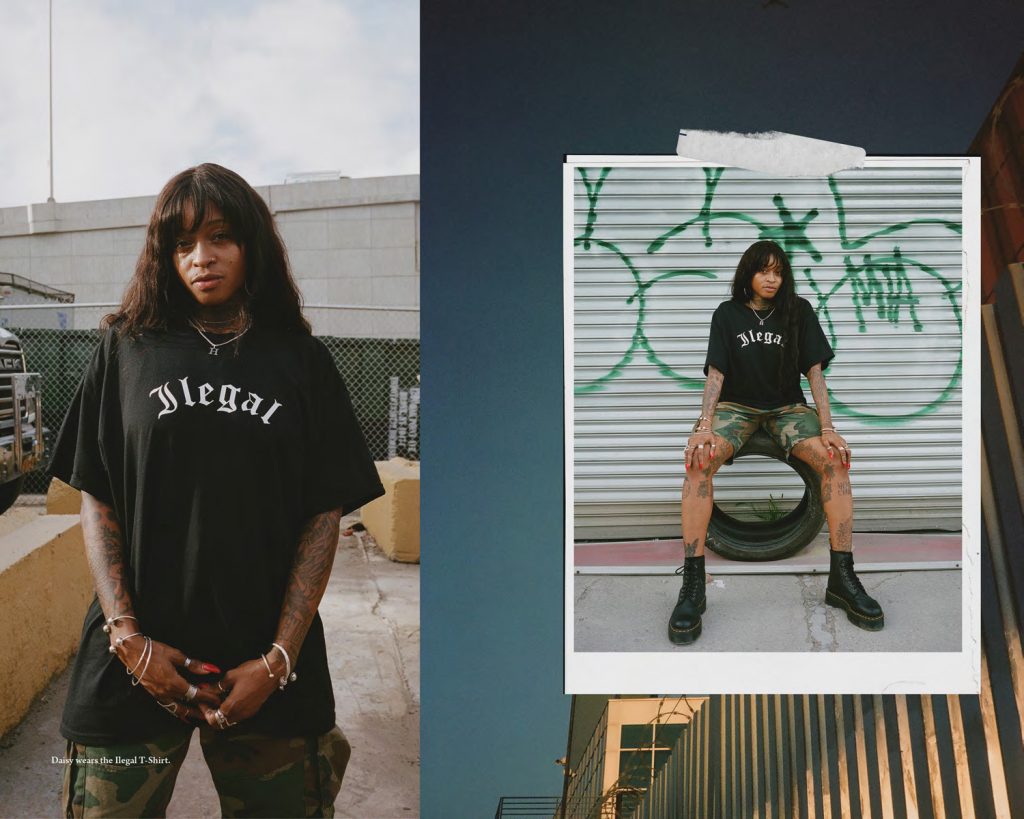
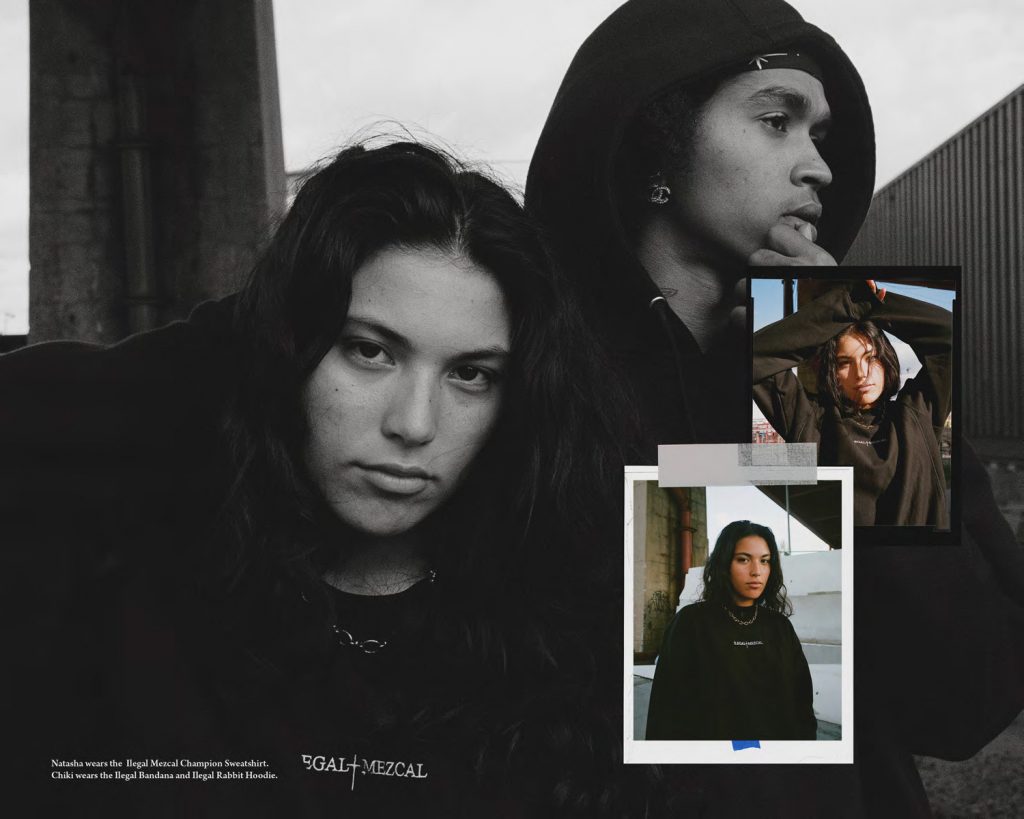
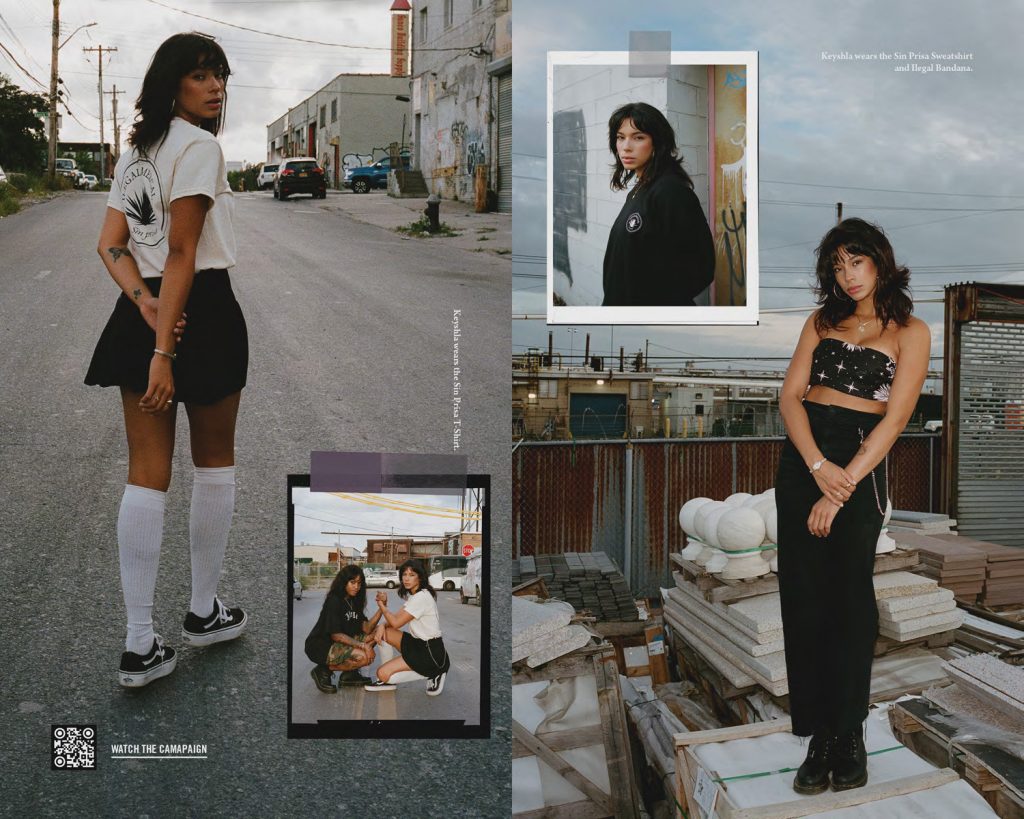
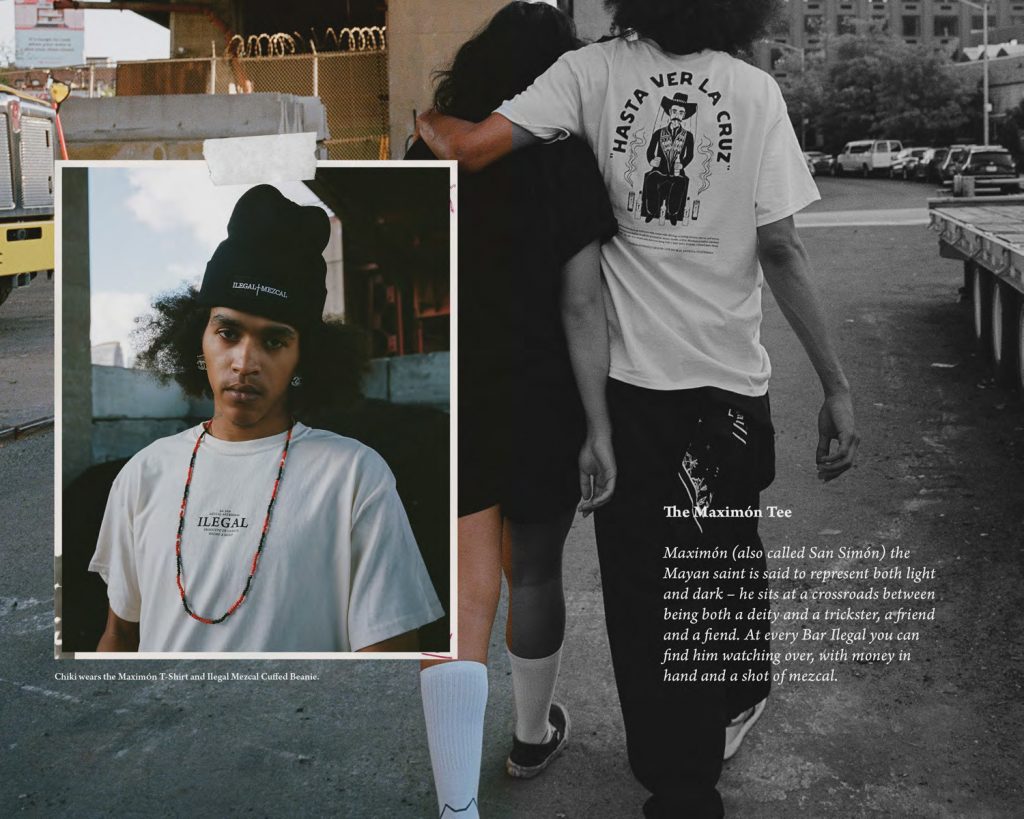
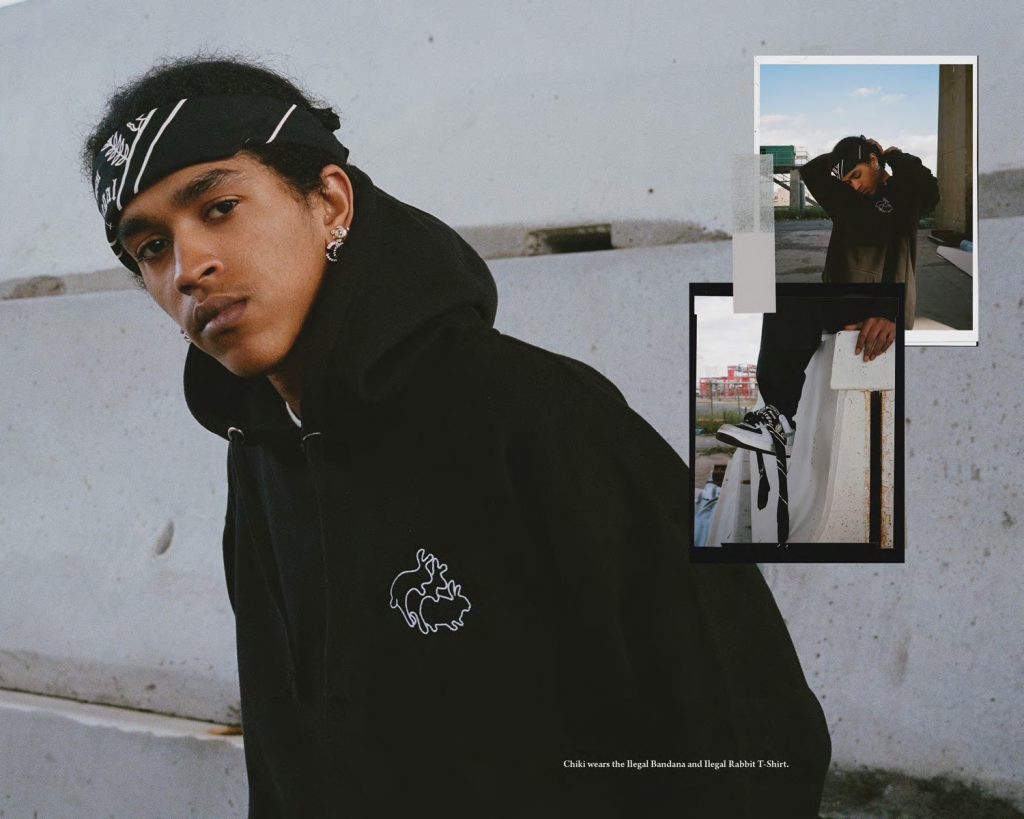
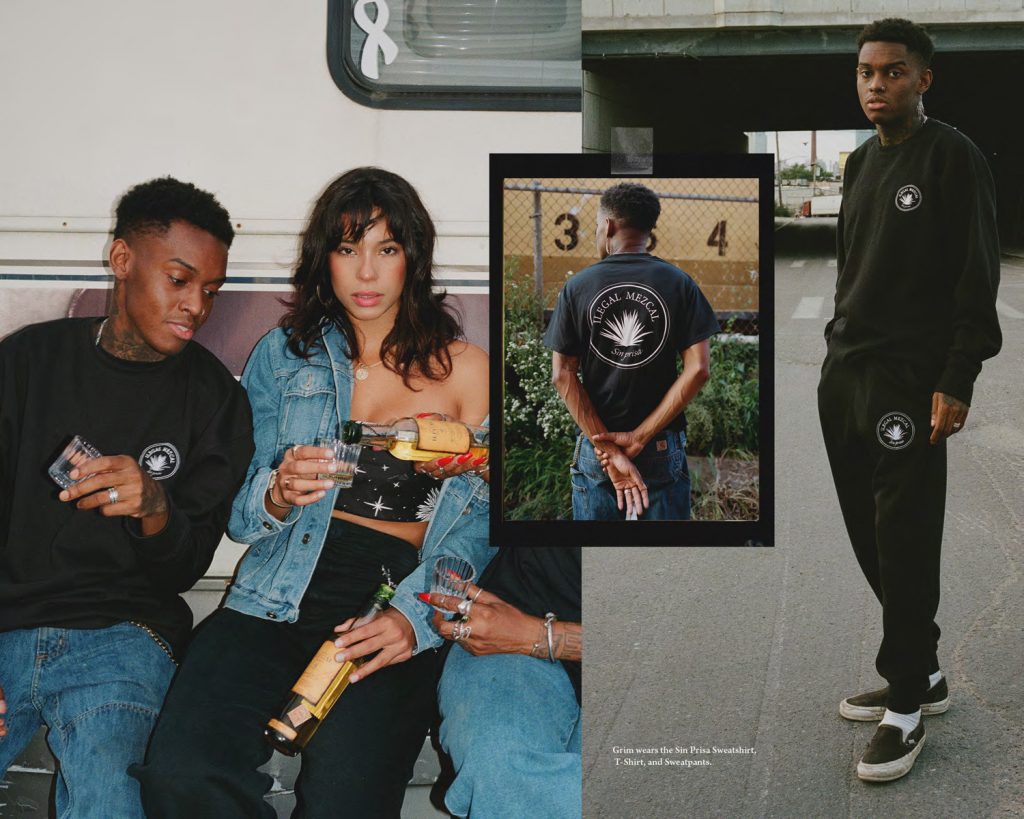
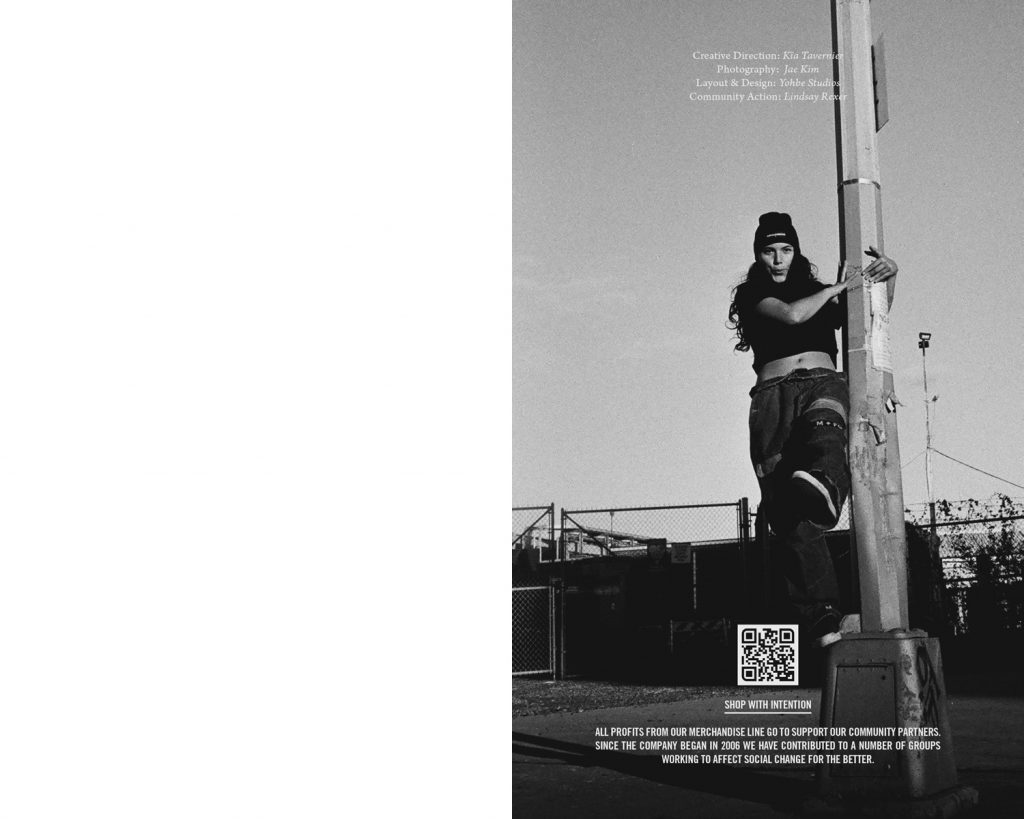
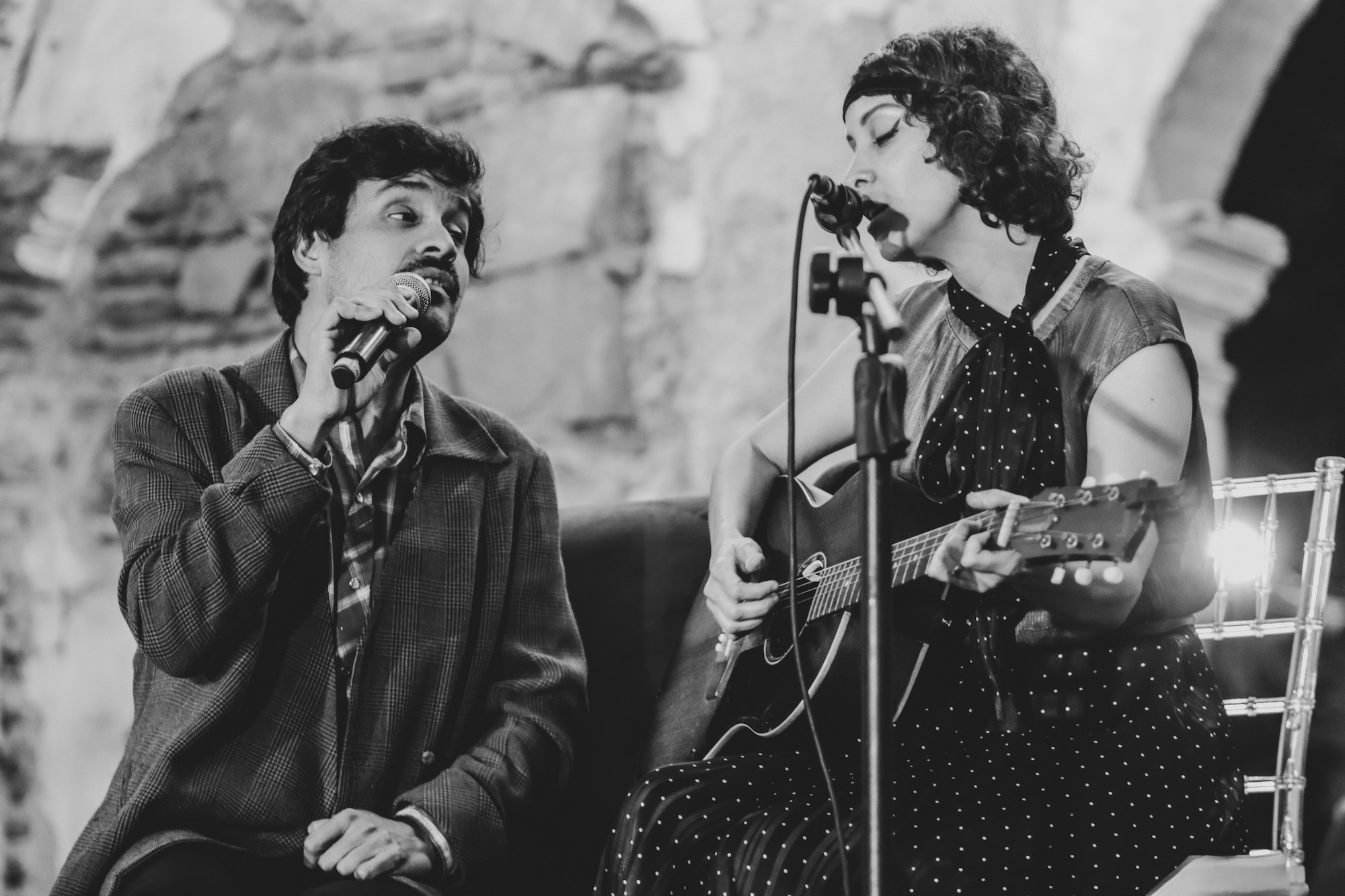
In December 2021, Ilegal partnered with Paste Magazine to host a show at La Casa de la Ruina in Antigua – featuring Gaby Moreno, David Aguilar, Silvana Estrada, Lau Noah, Kath Palma and SUSU.
Check out photos from this event in the gallery below!
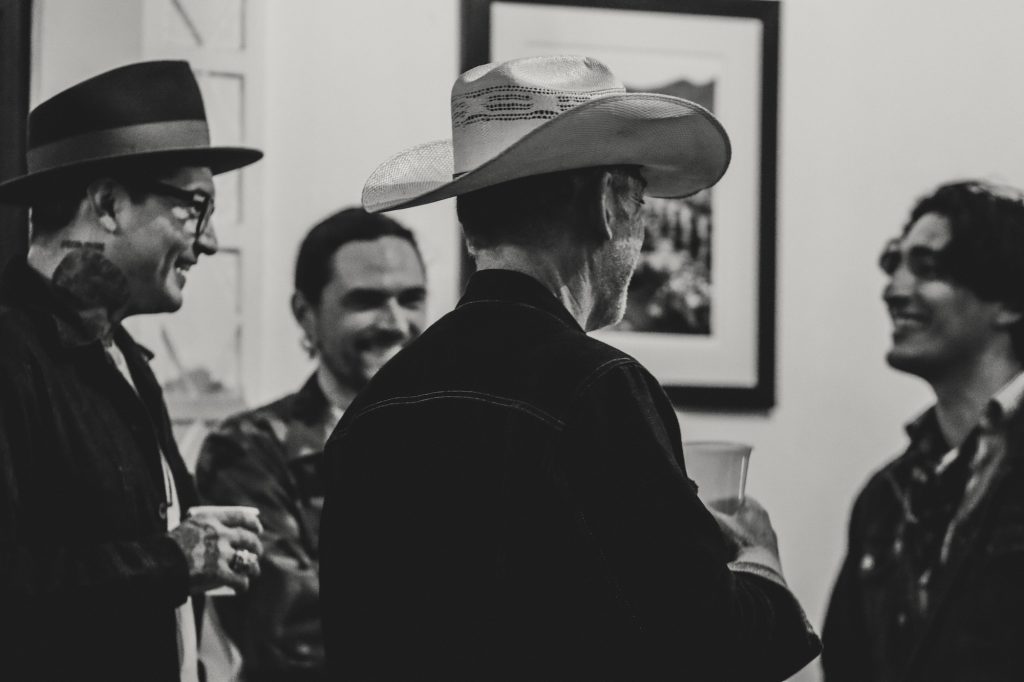
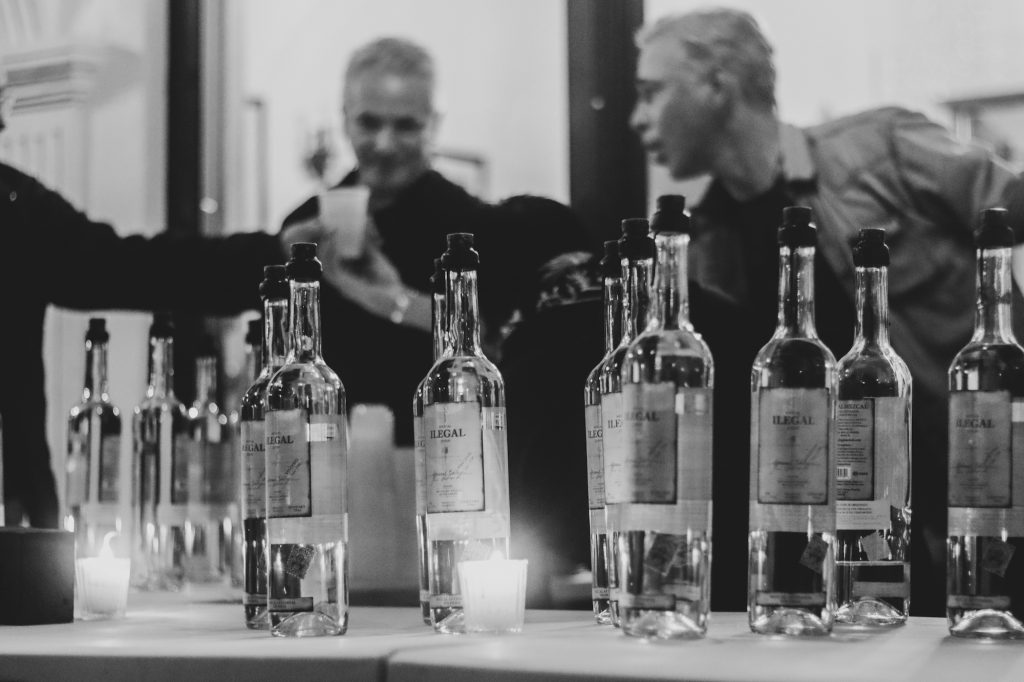
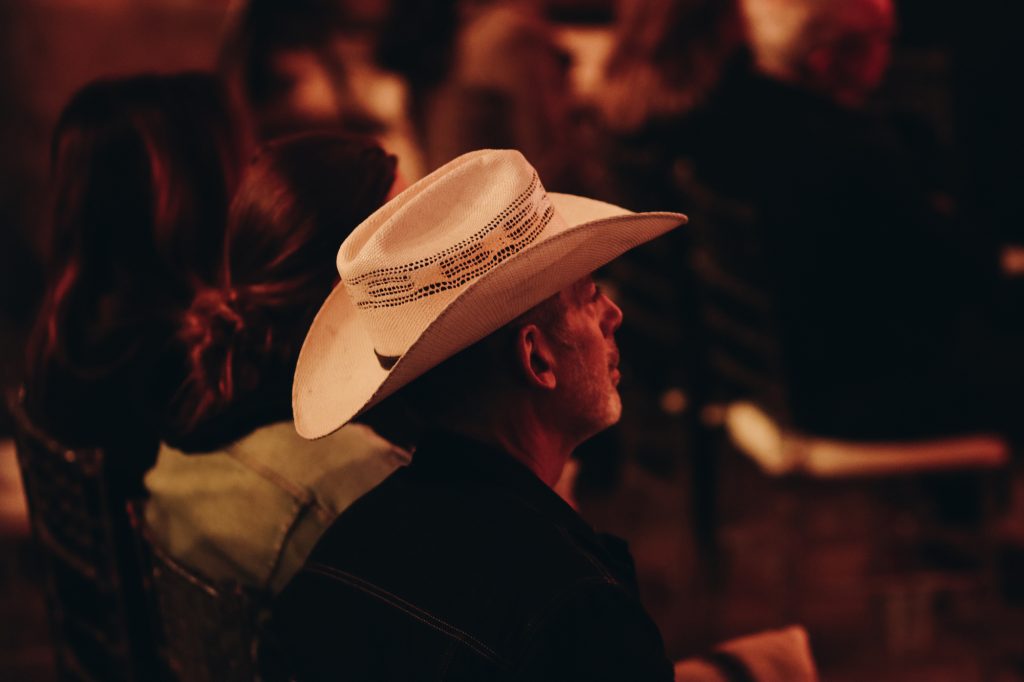
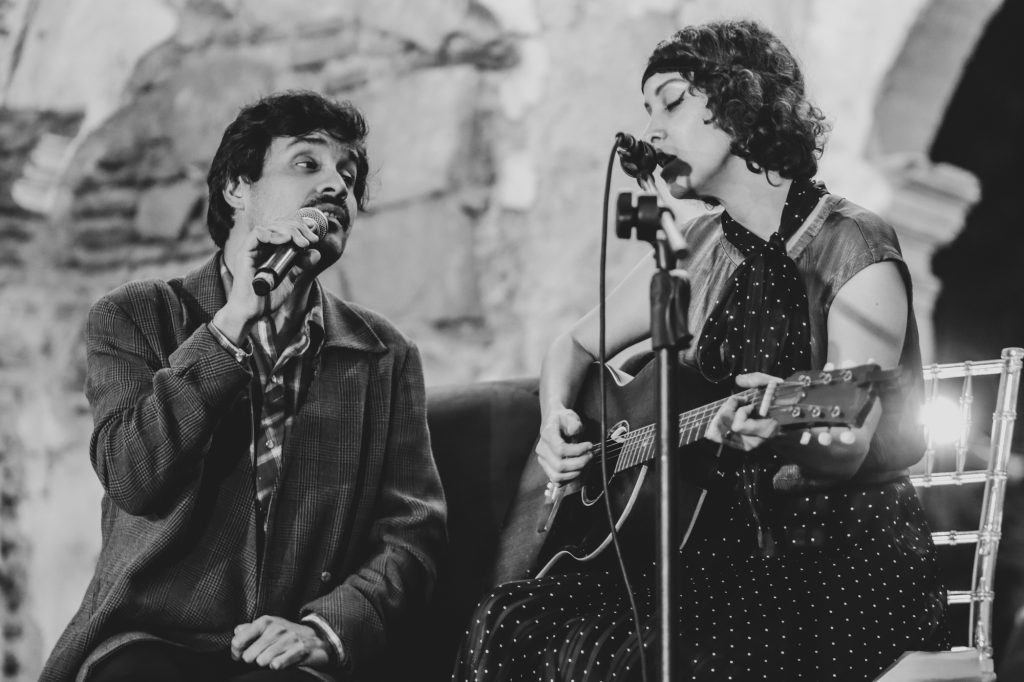
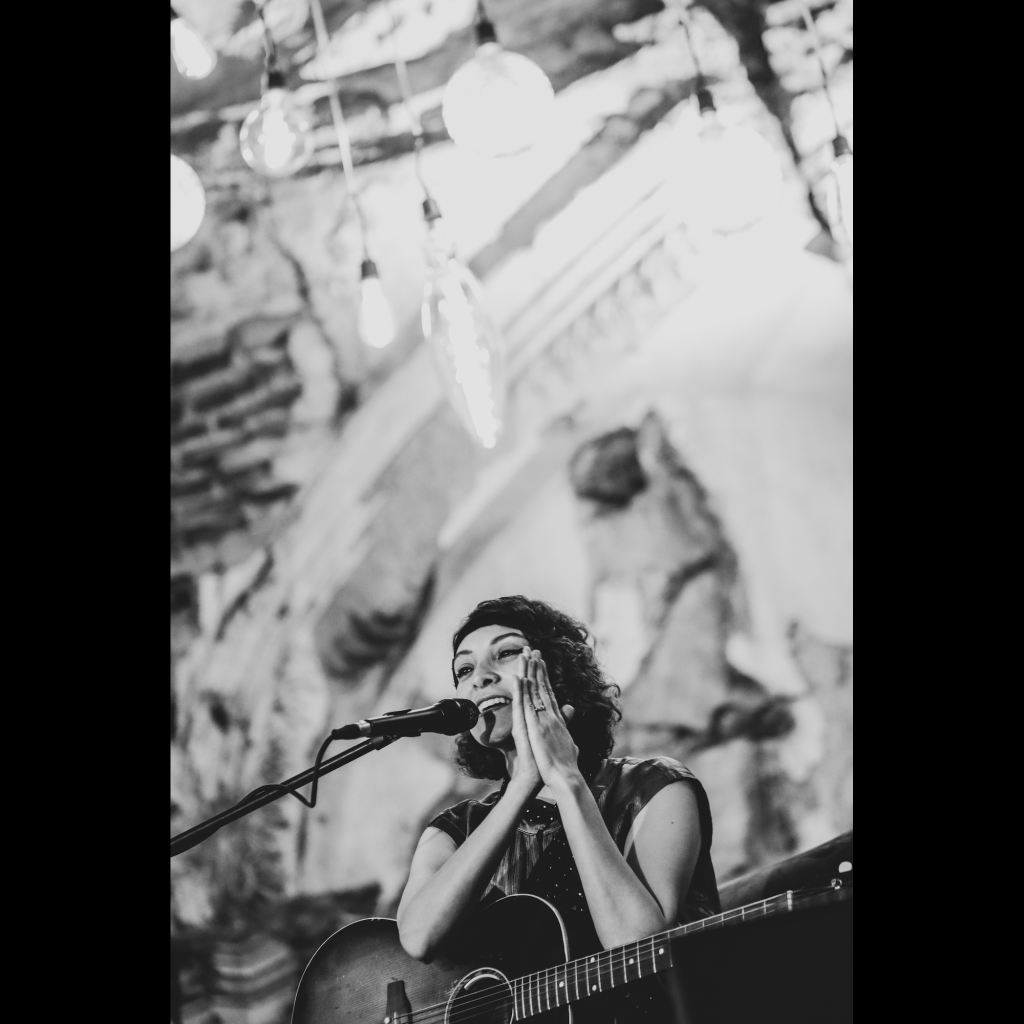
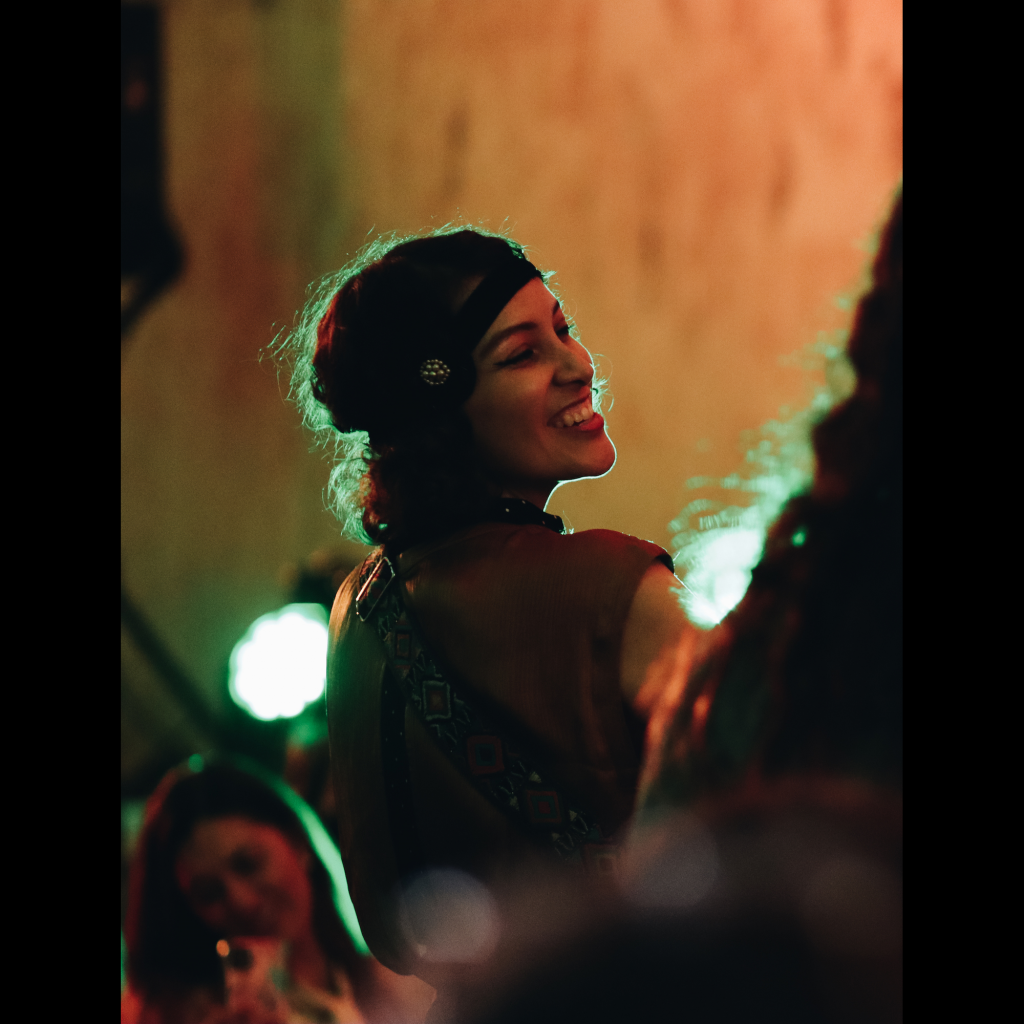
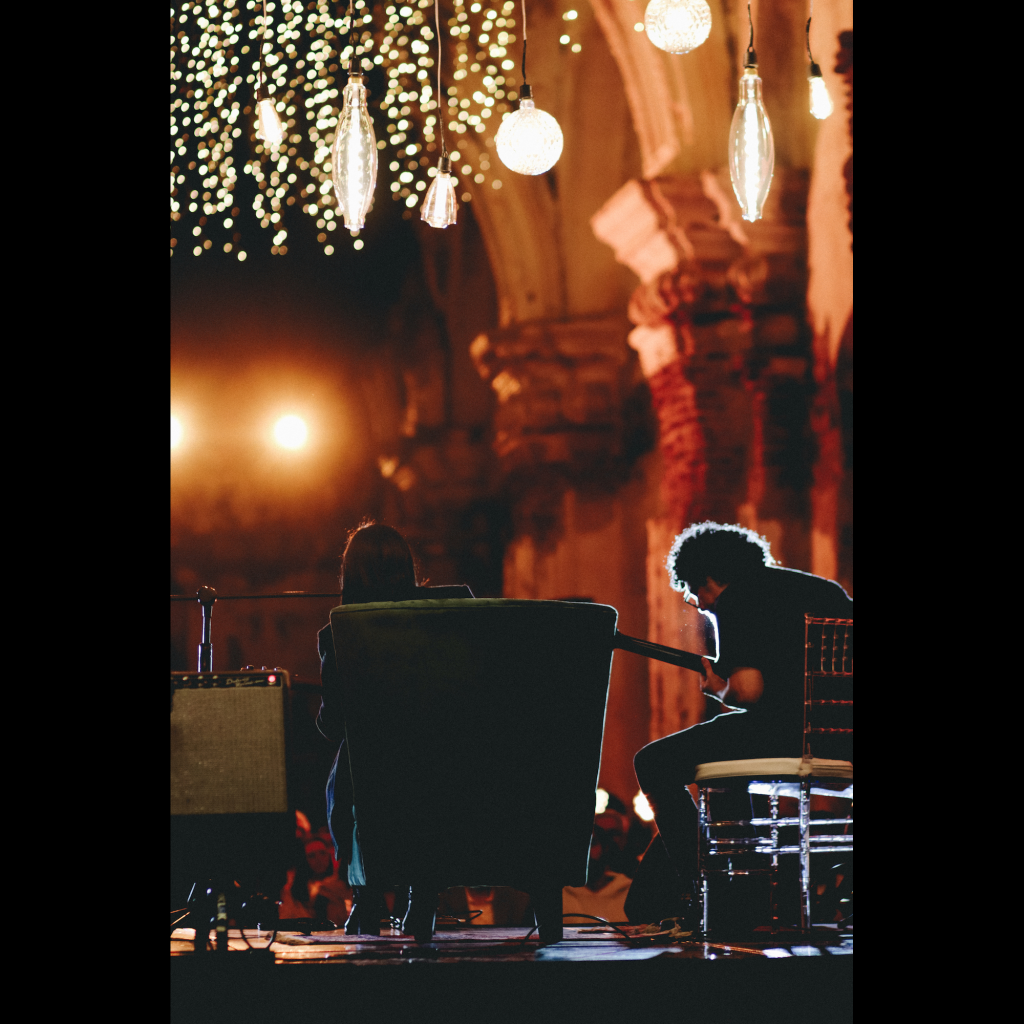

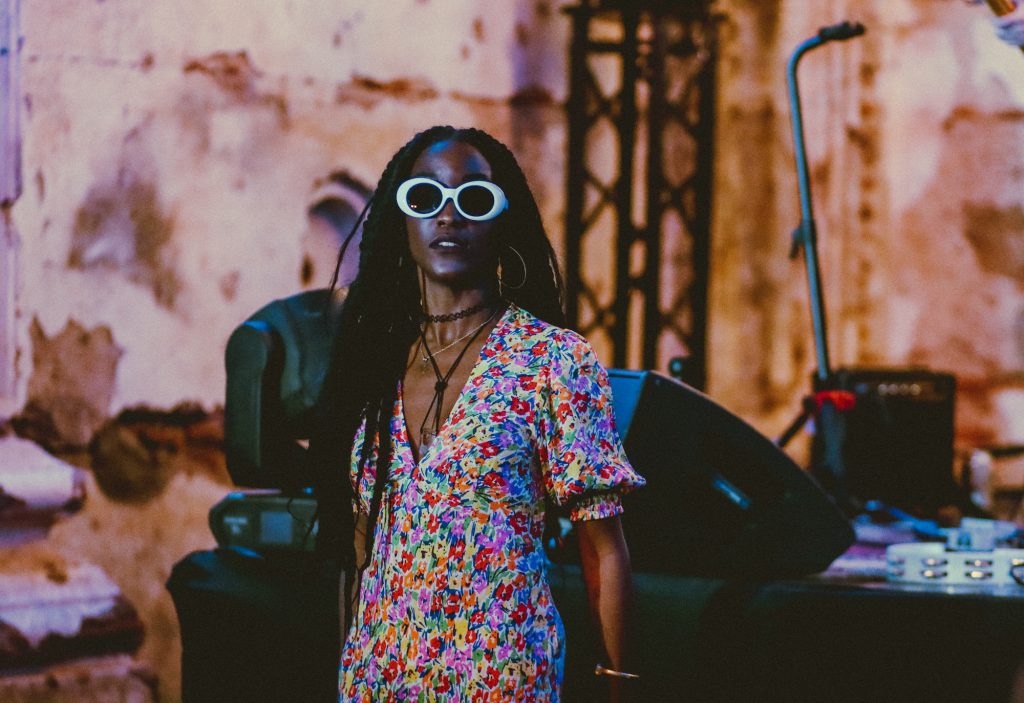
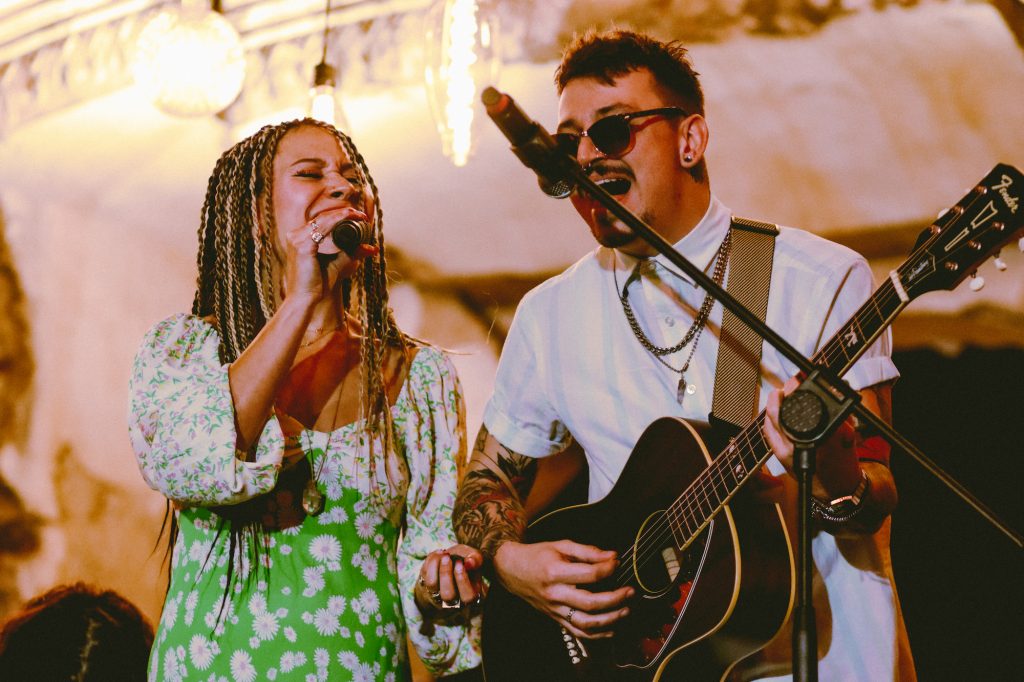

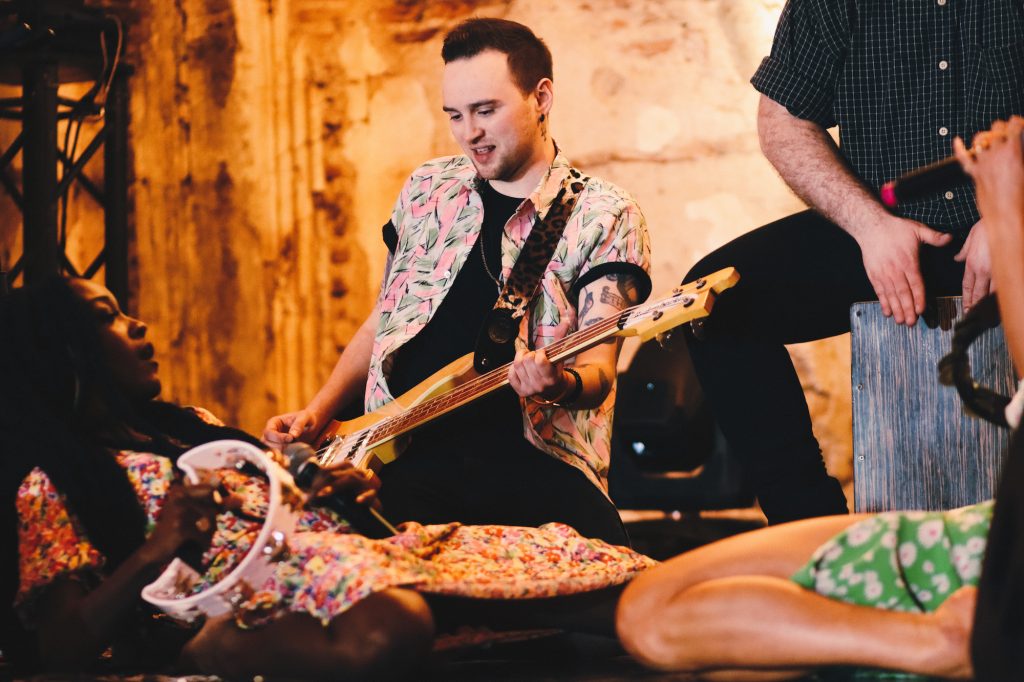
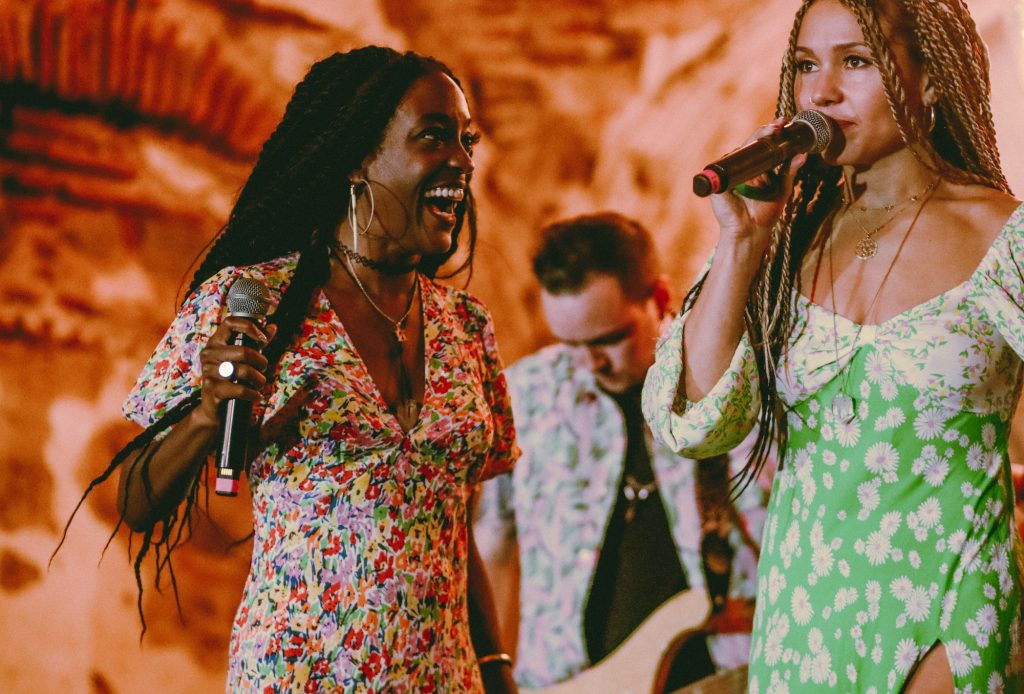
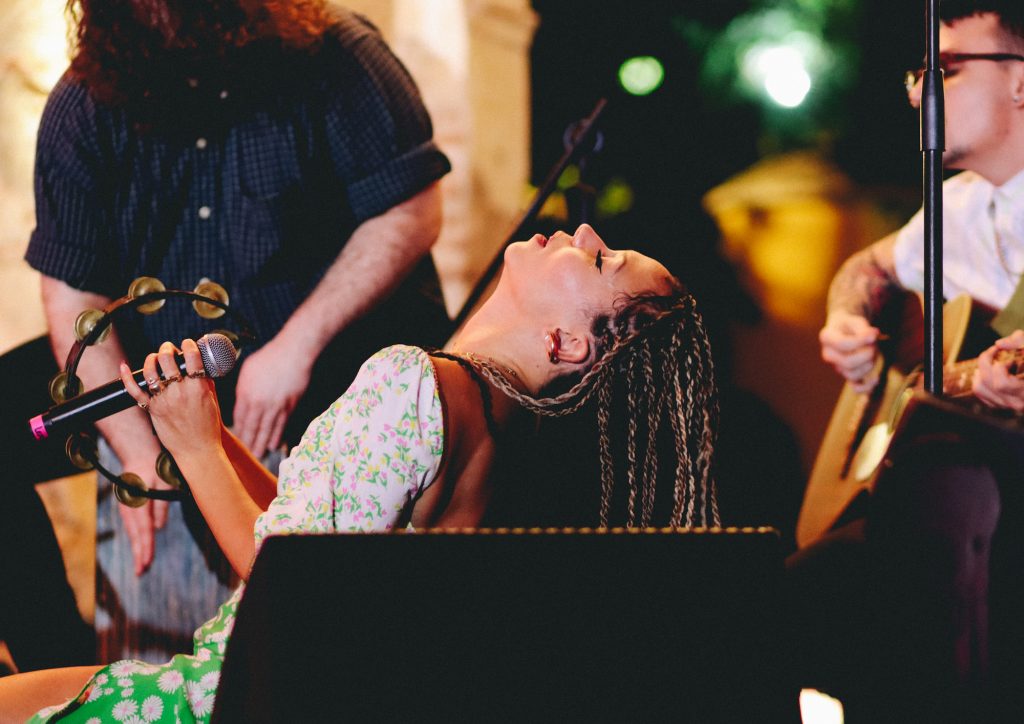
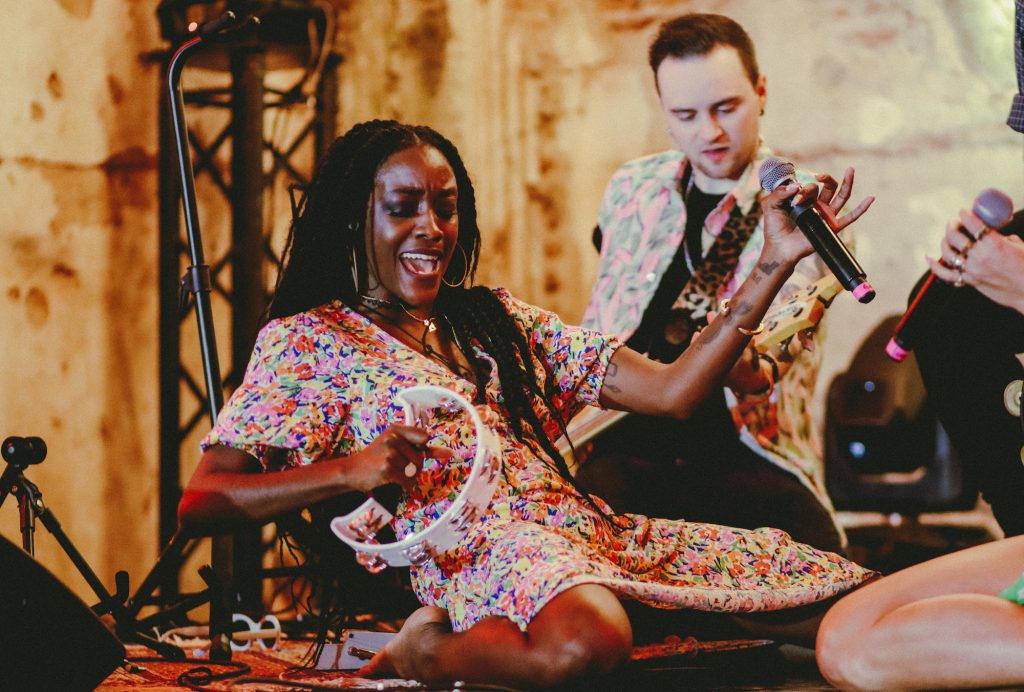
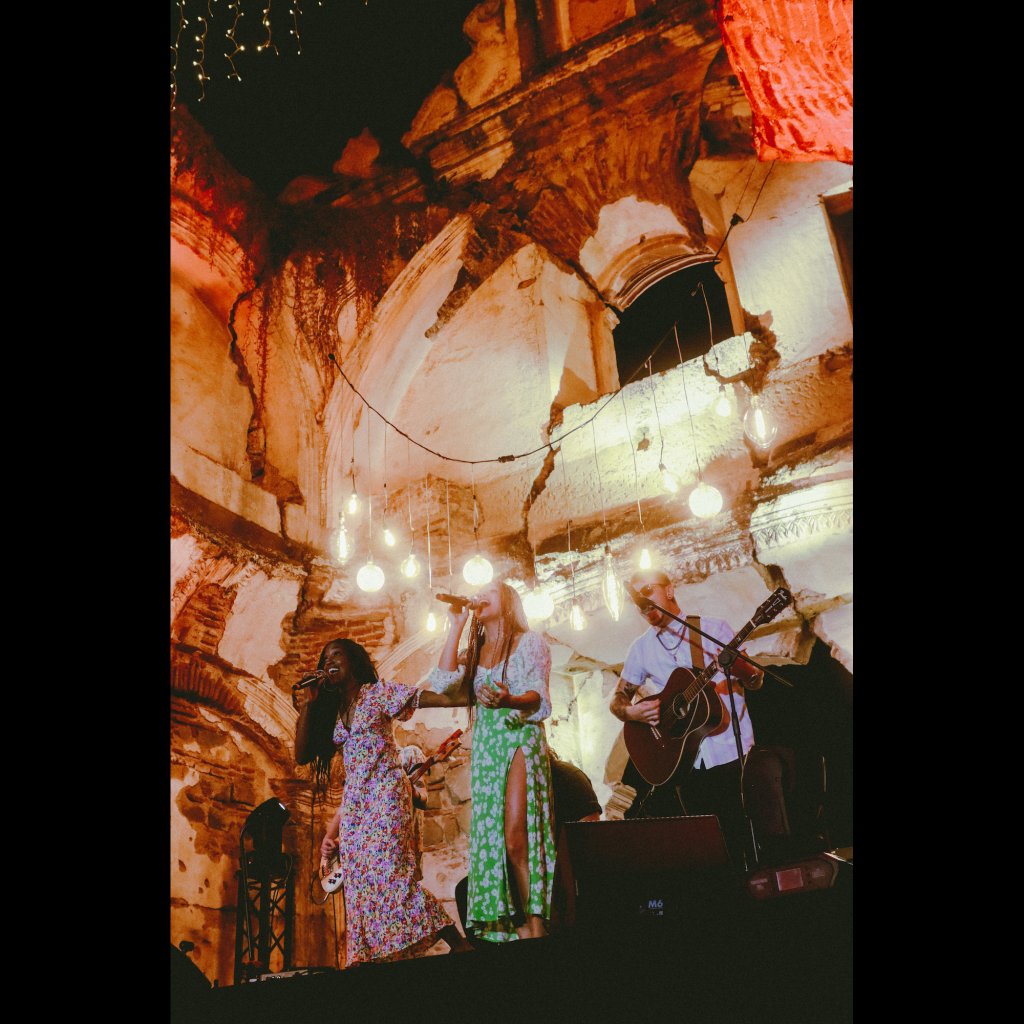
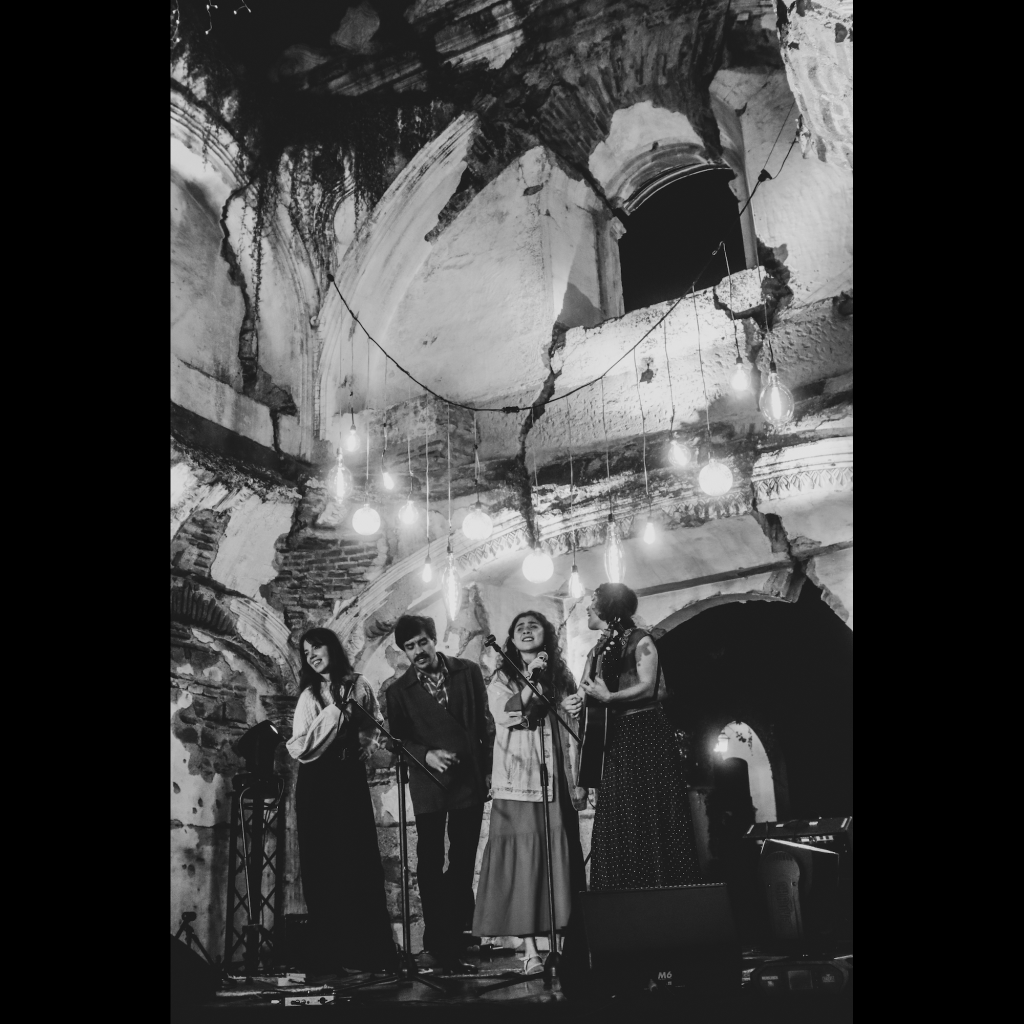
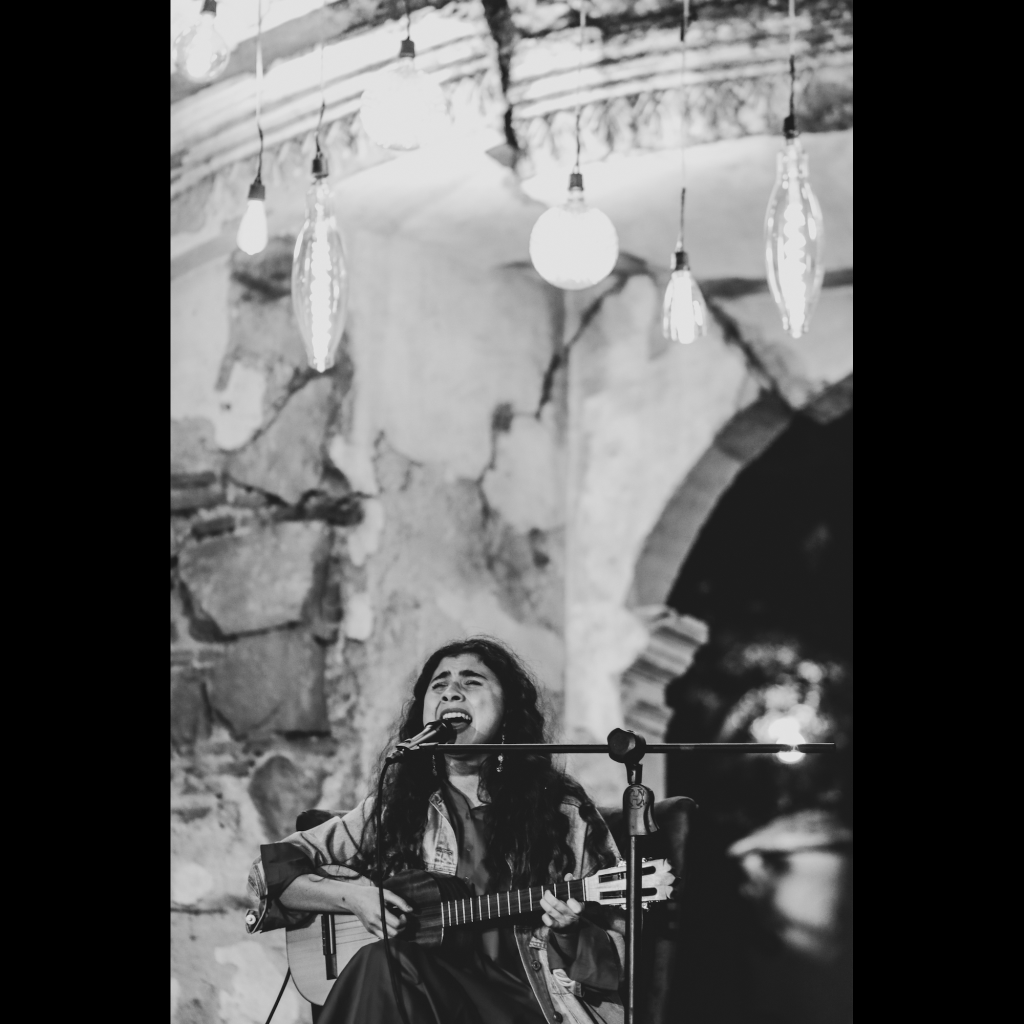
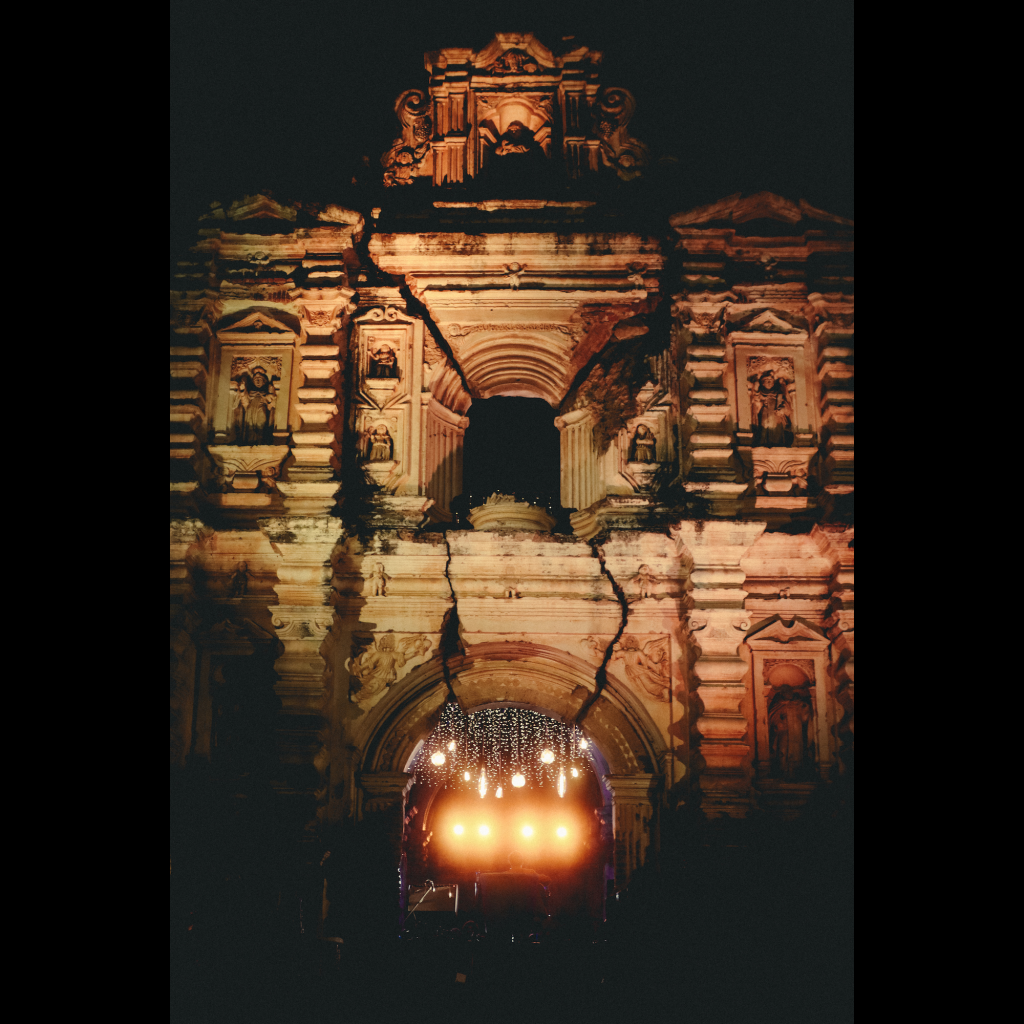
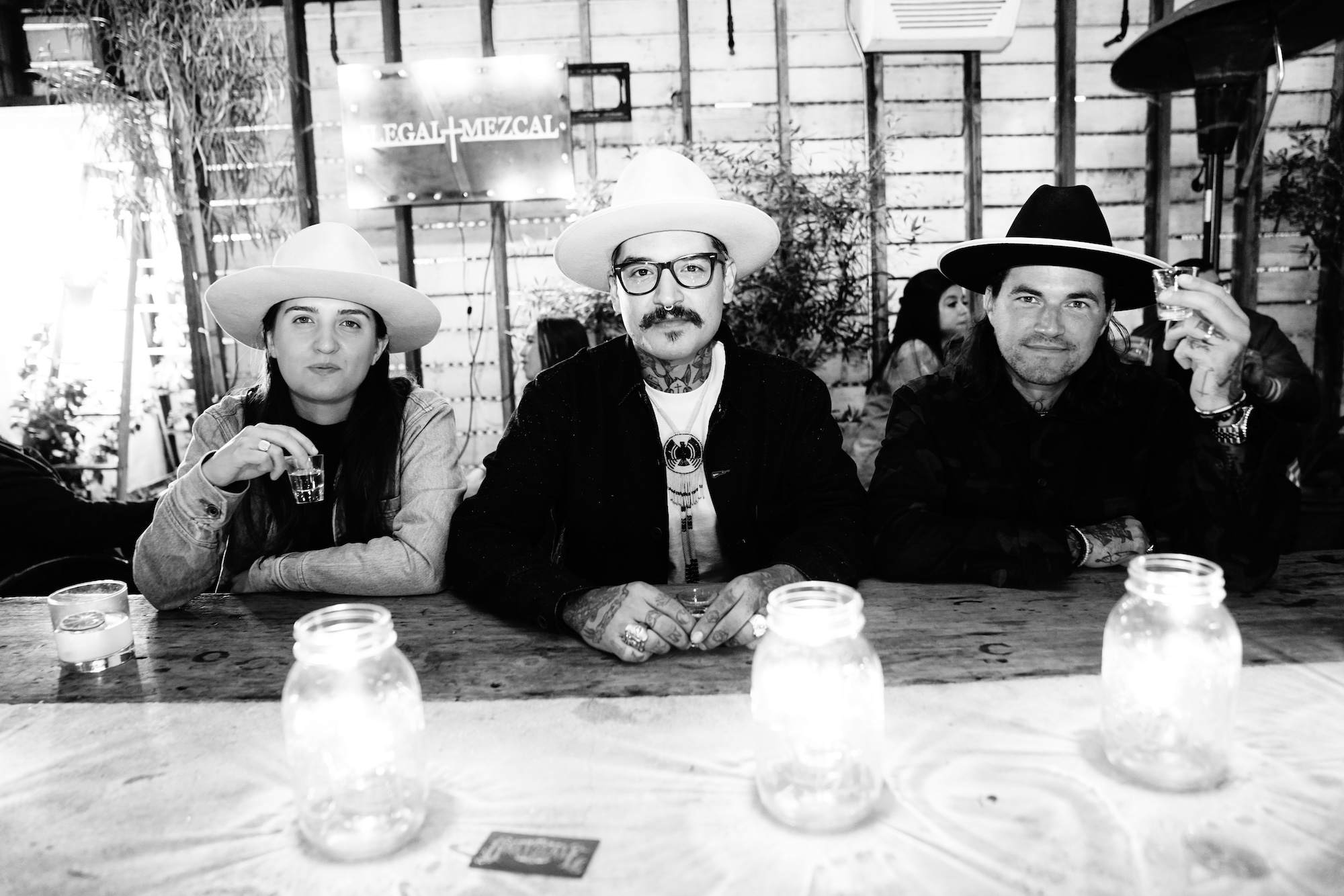
Bar Ilegal is an experiential outpost of Café No Sé. Opened by Ilegal founder John Rexer in the early 2000s, Café No Sé has become the beating heart of an international music scene in Antigua, Guatemala. This is the original home of Ilegal Mezcal + the first mezcal bar opened outside of Mexico.
Two pop-ups were held on September 20th and 21st at the Lincoln in Venice, California. Tattoos and live performances by SUSU – check out photos below, by Rene Banuelos.
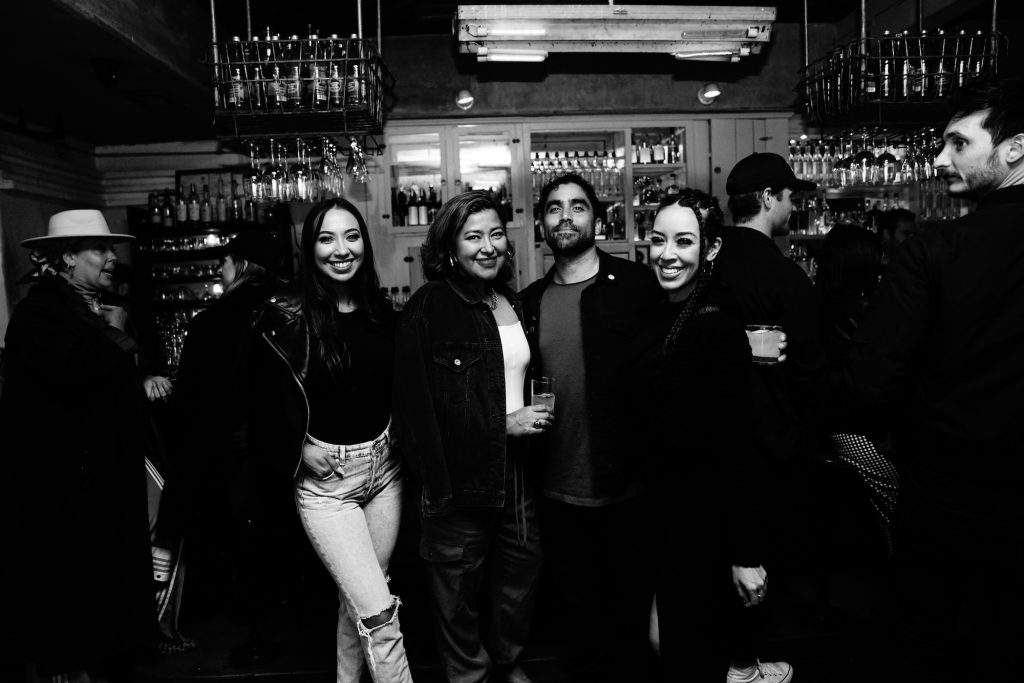
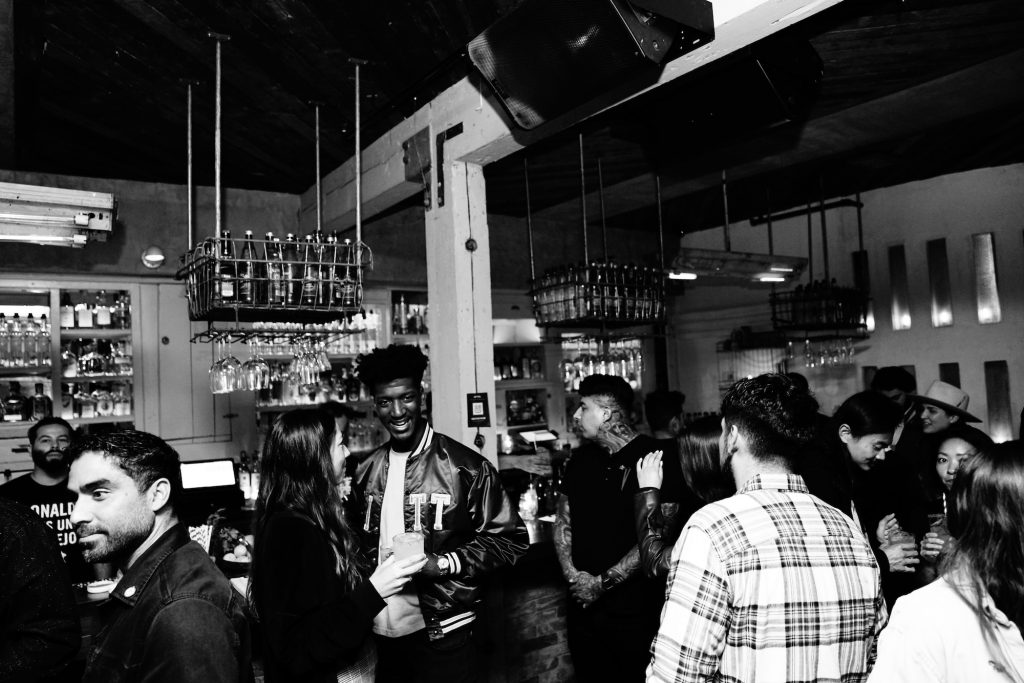
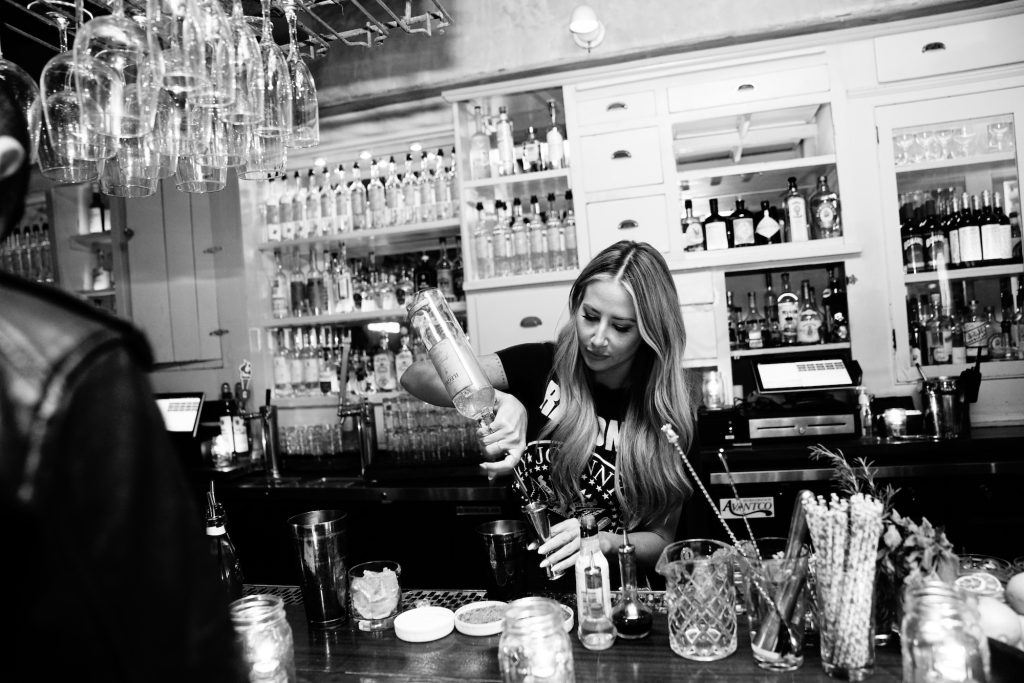
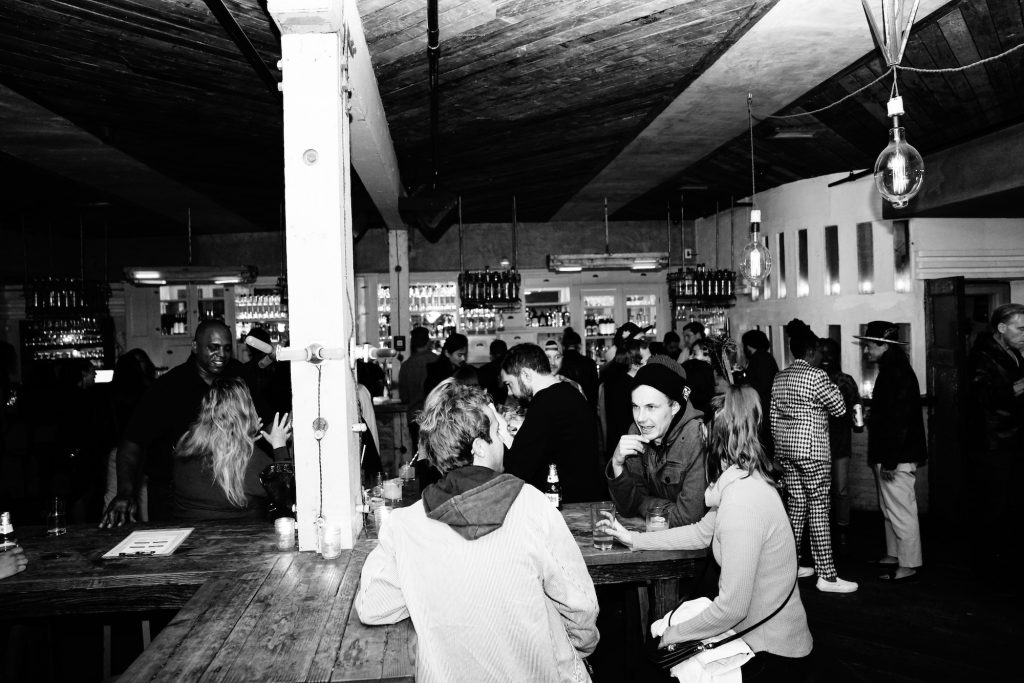
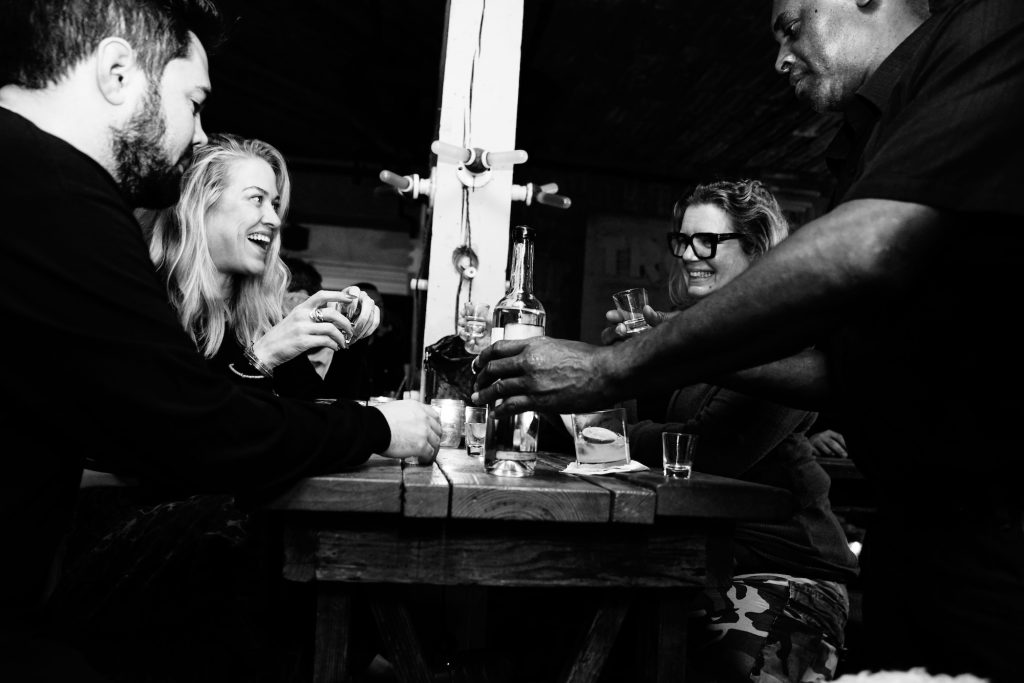
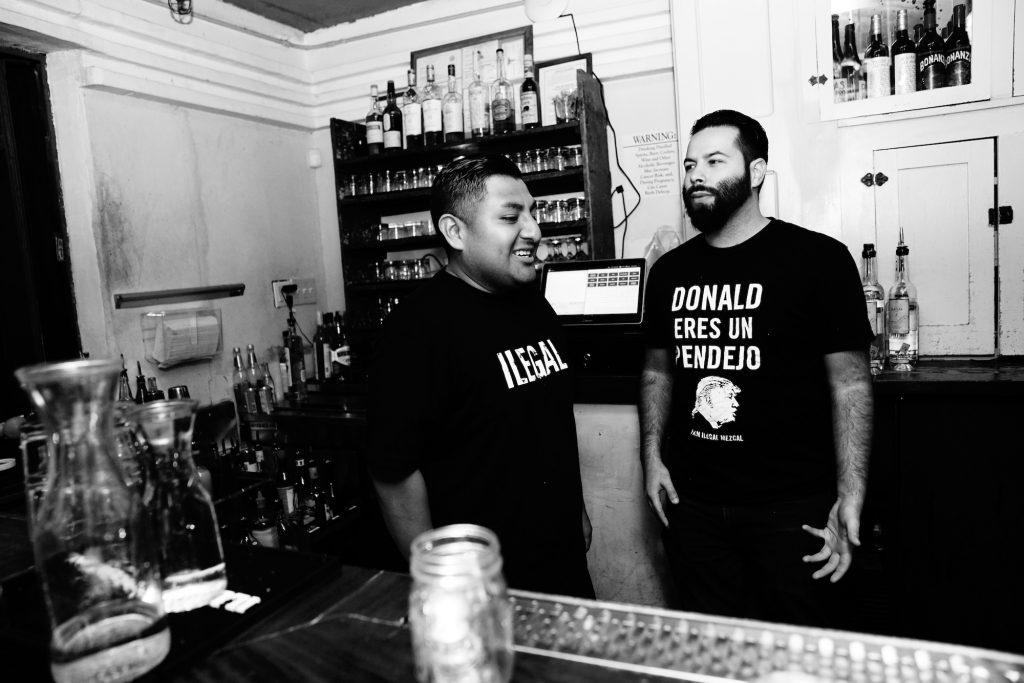
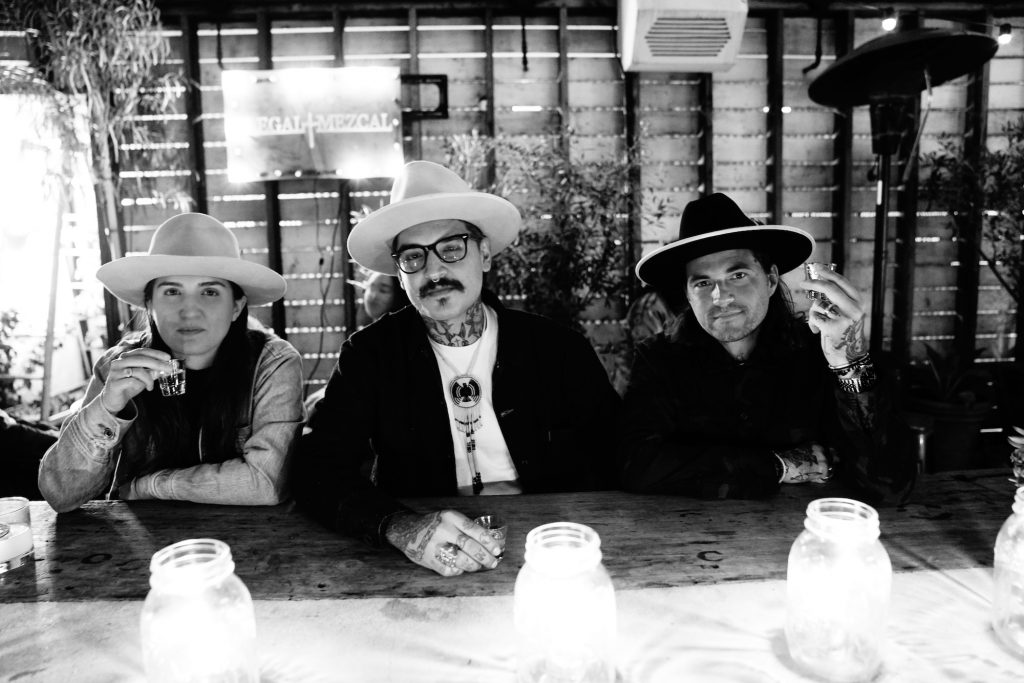
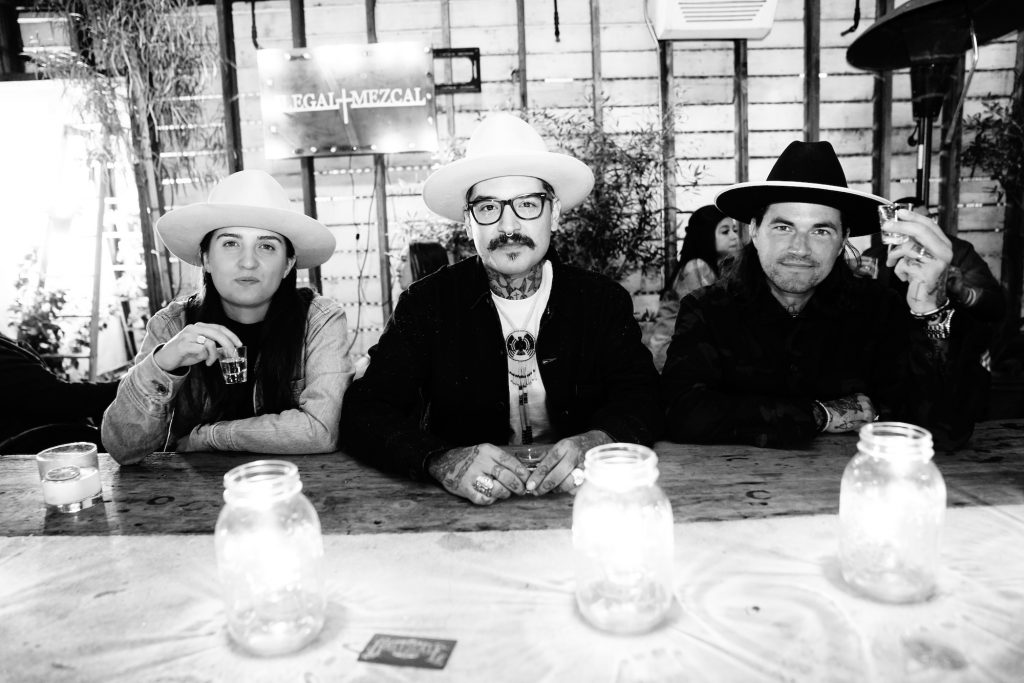
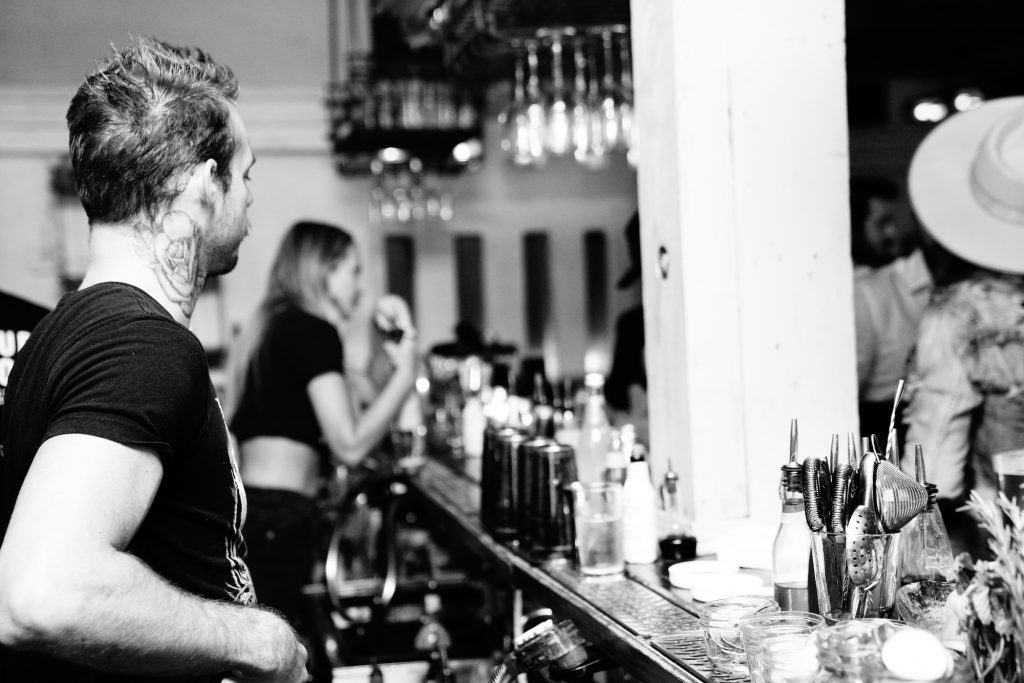
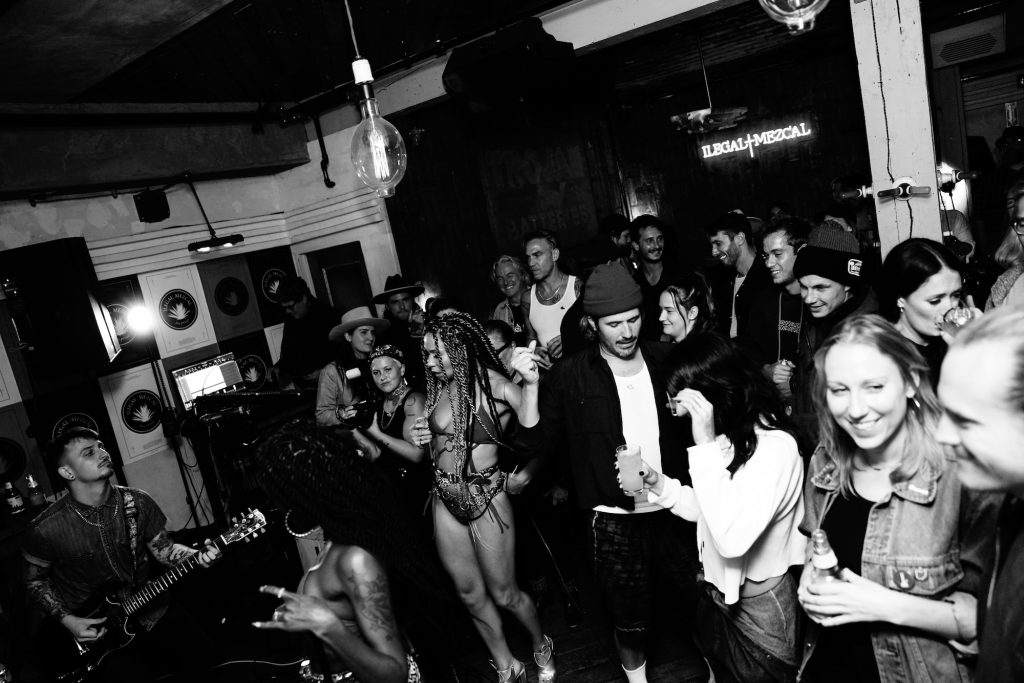
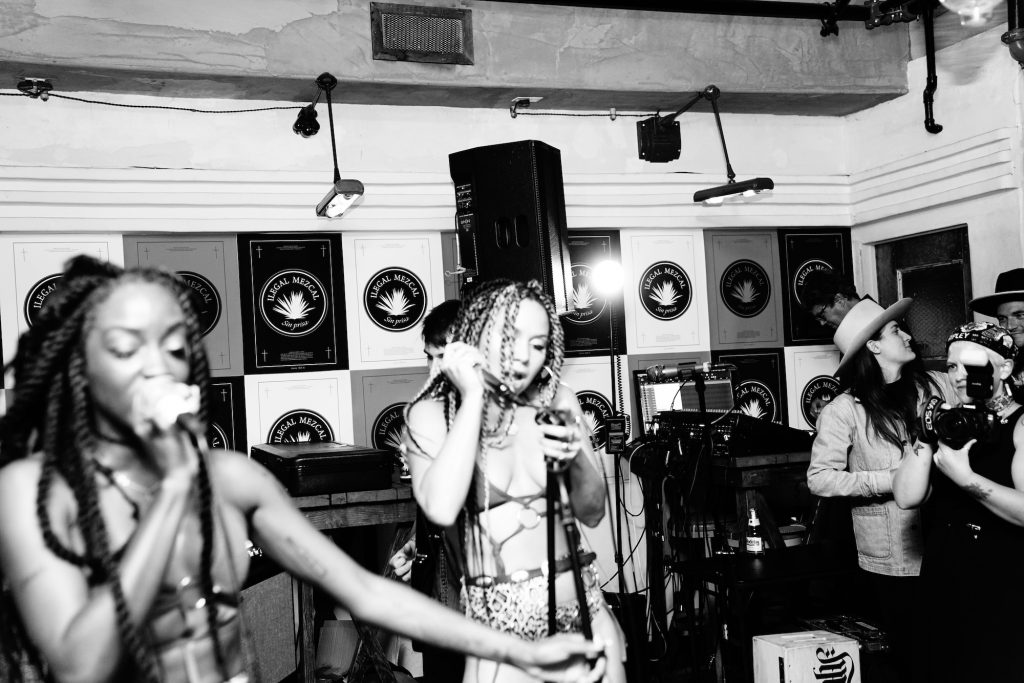
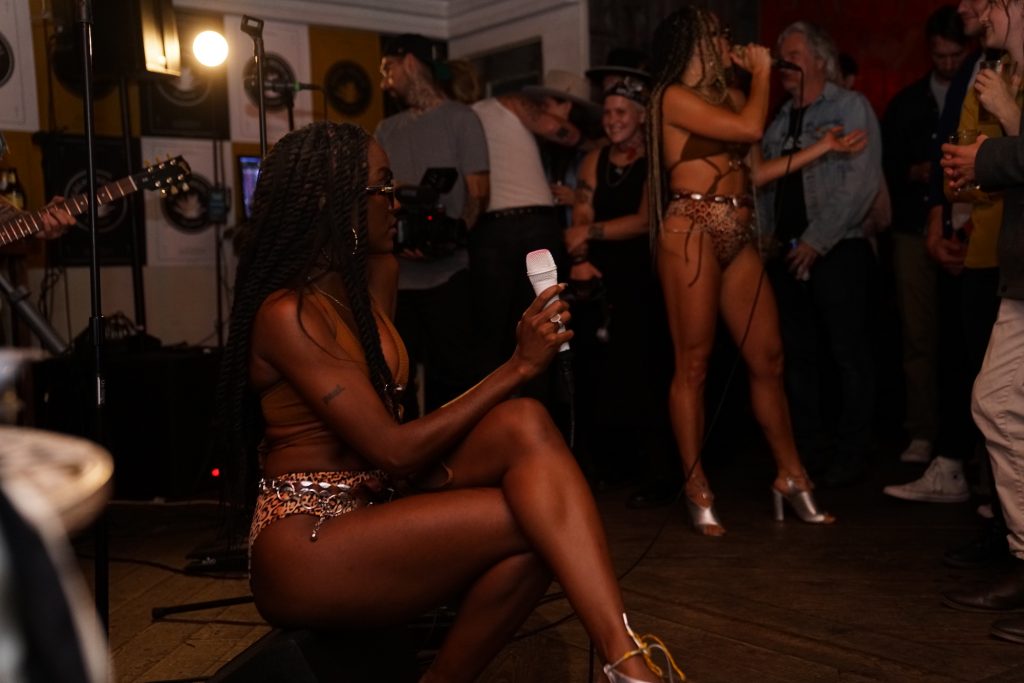
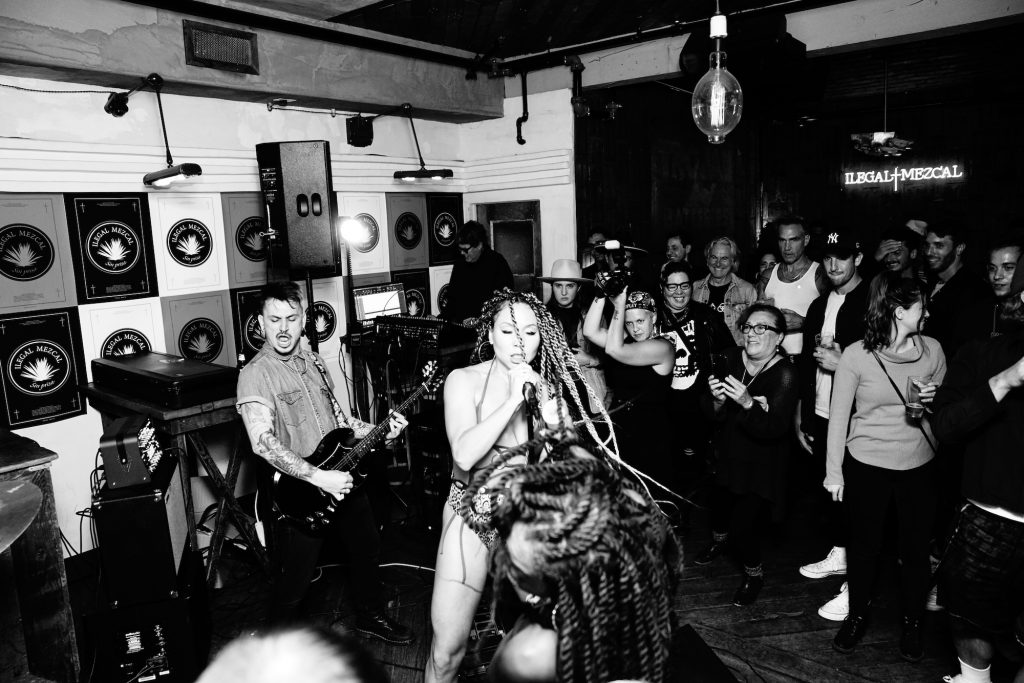
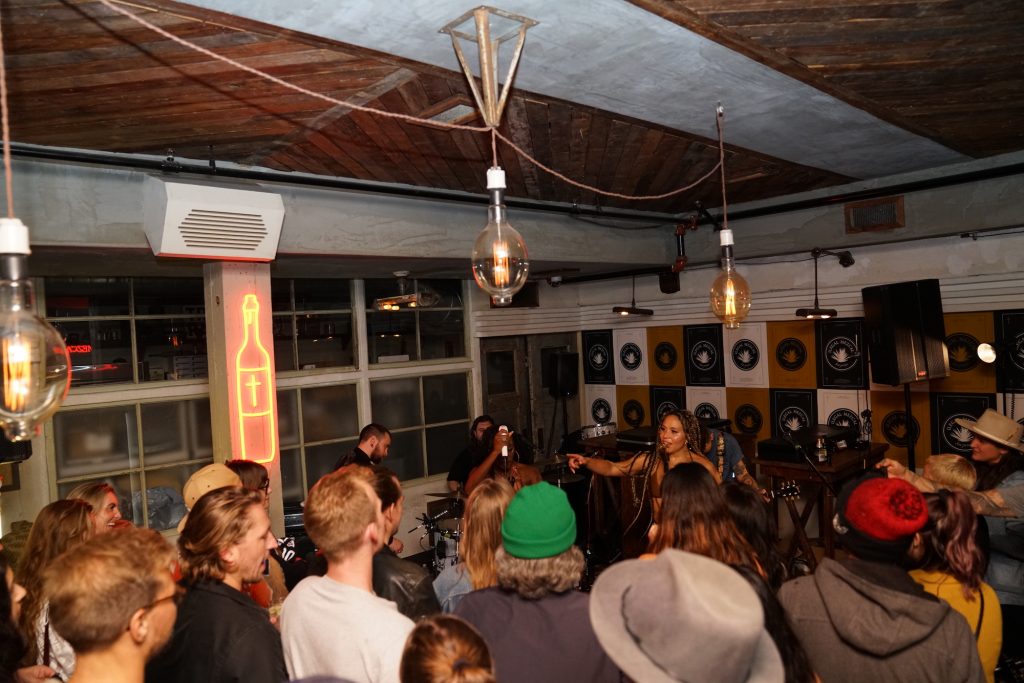
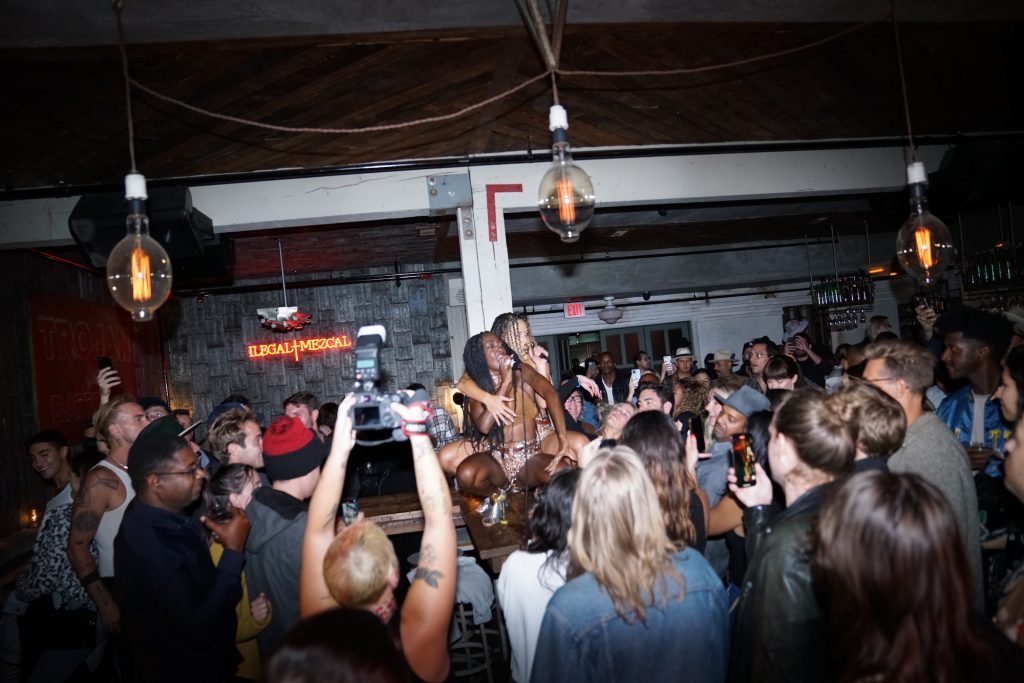
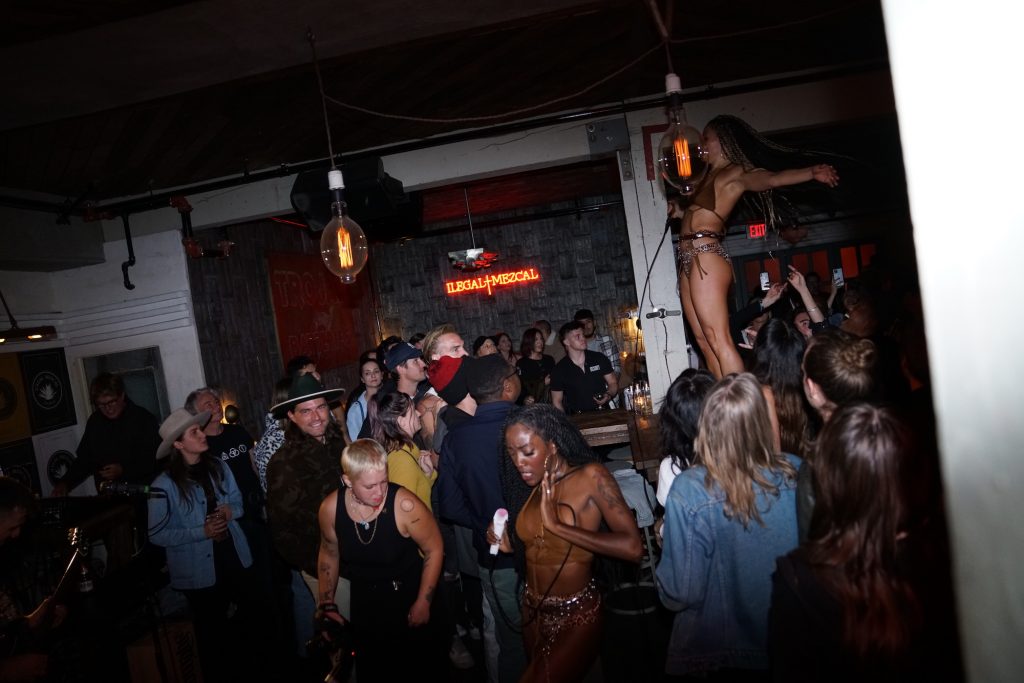
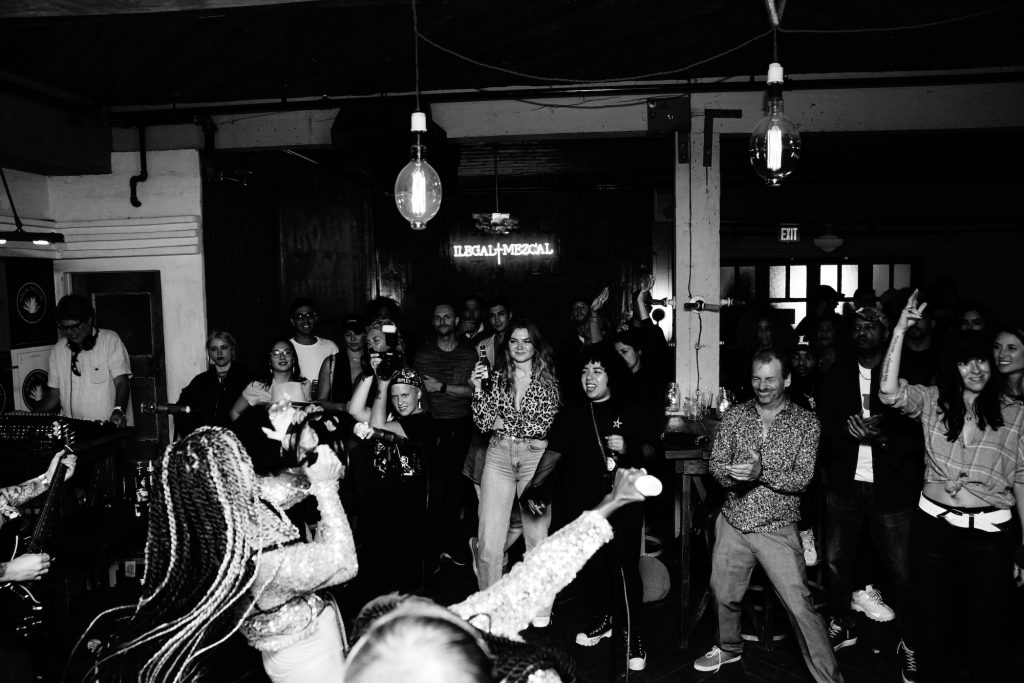
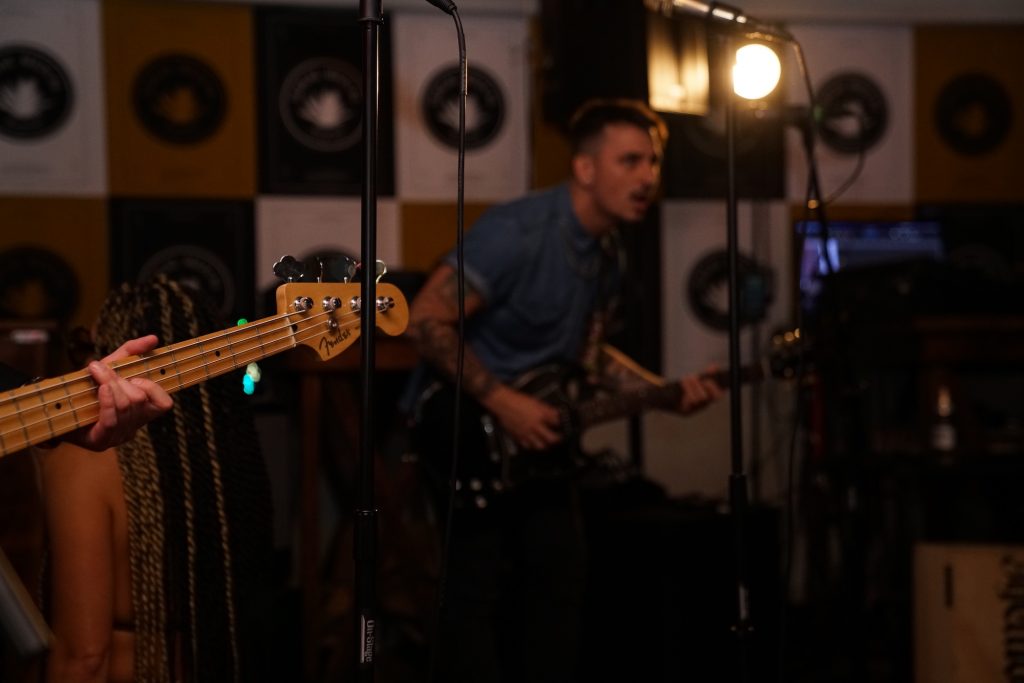
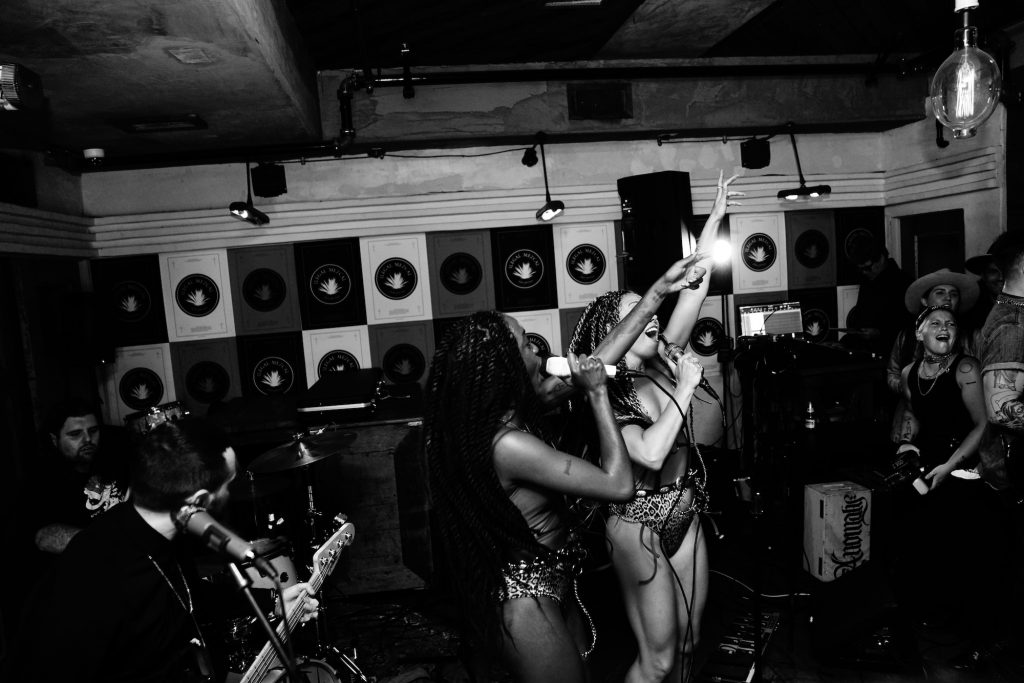
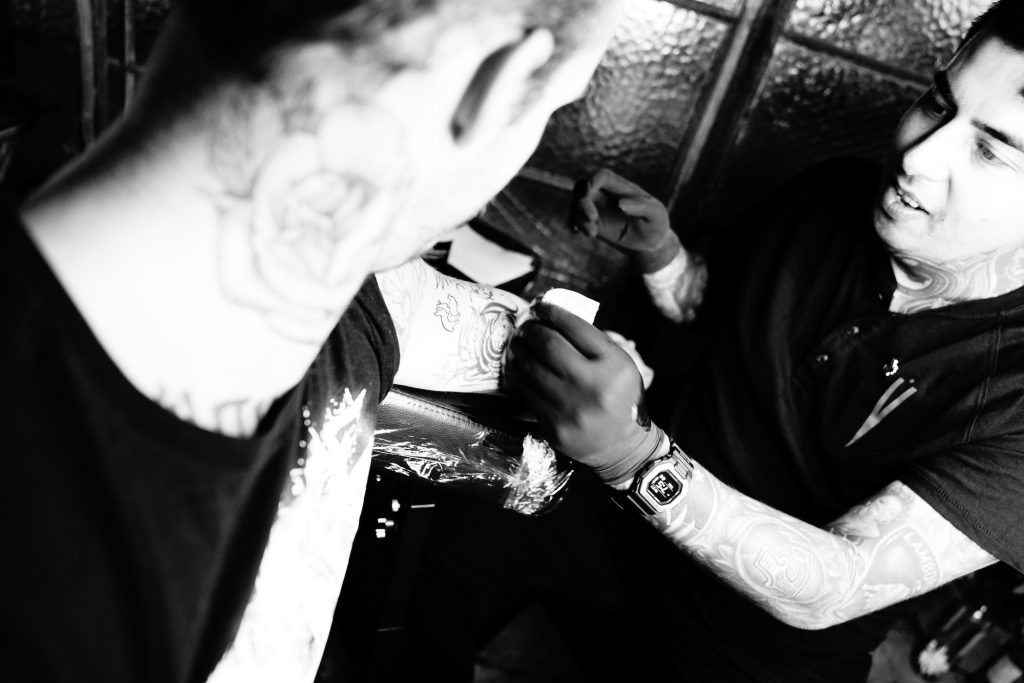
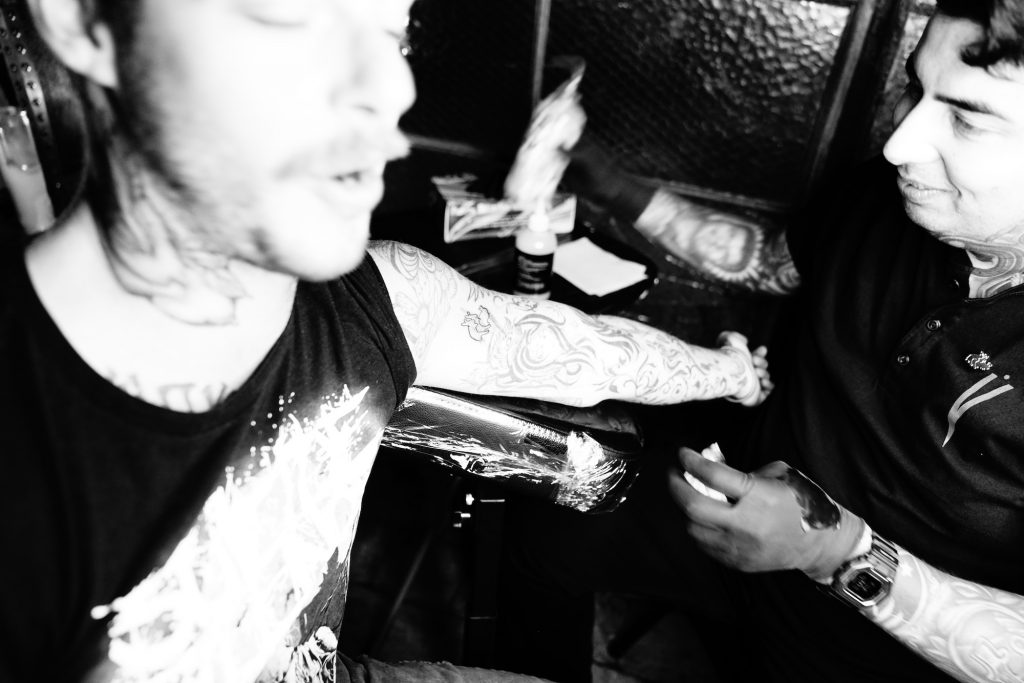
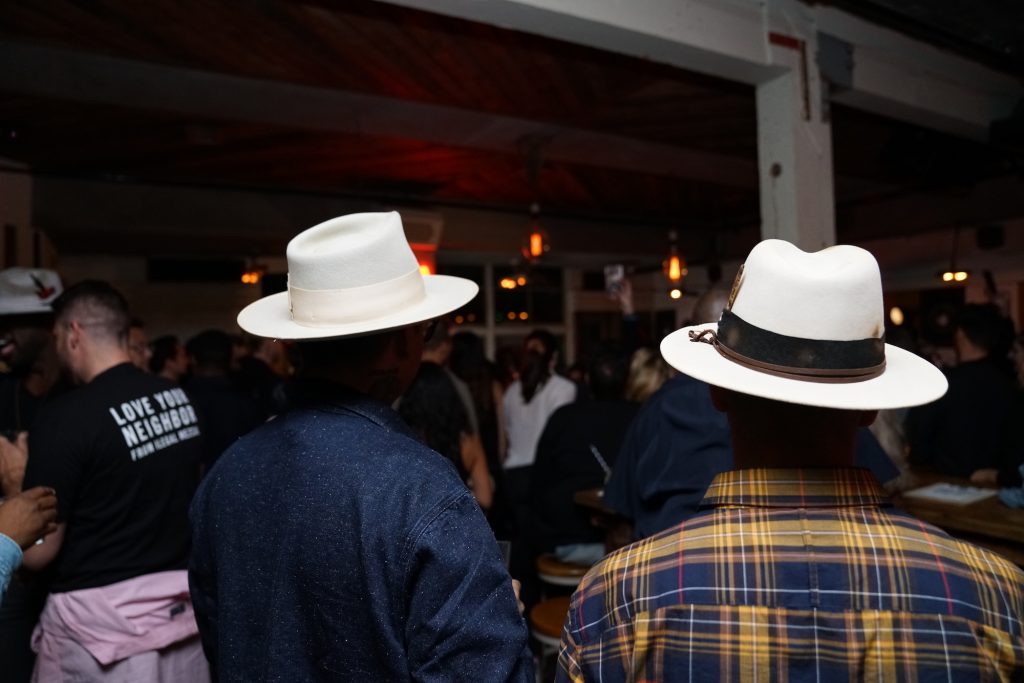
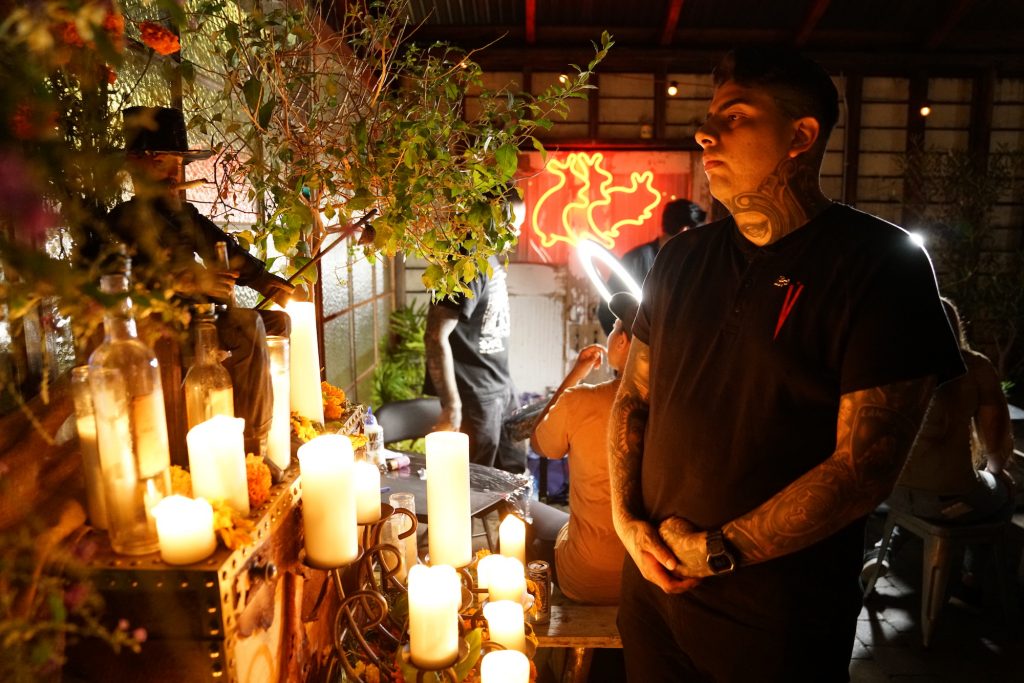
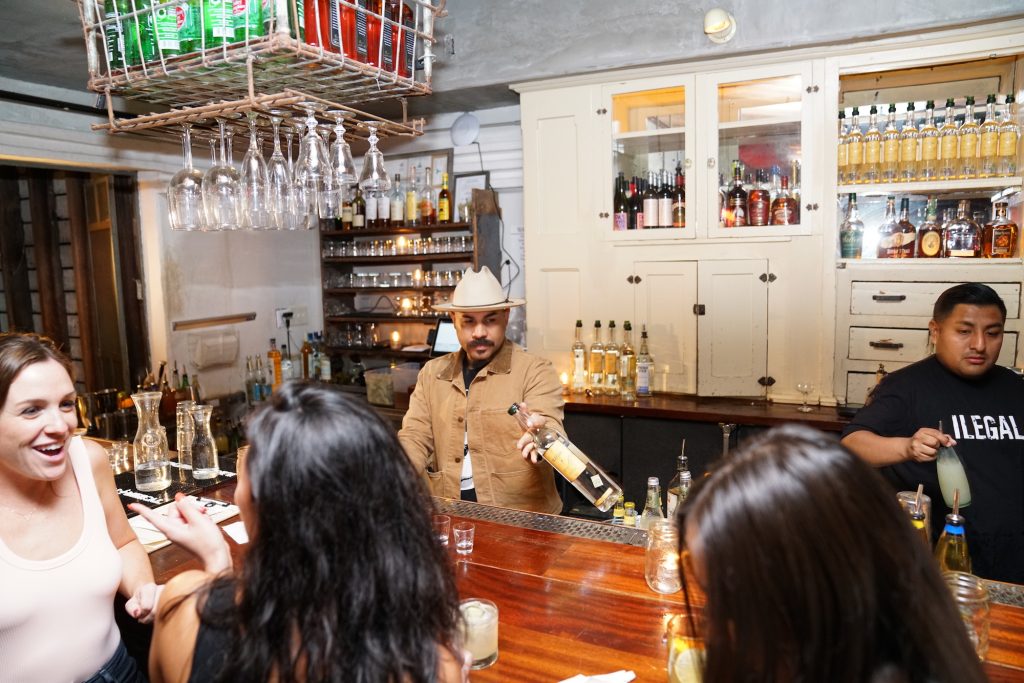
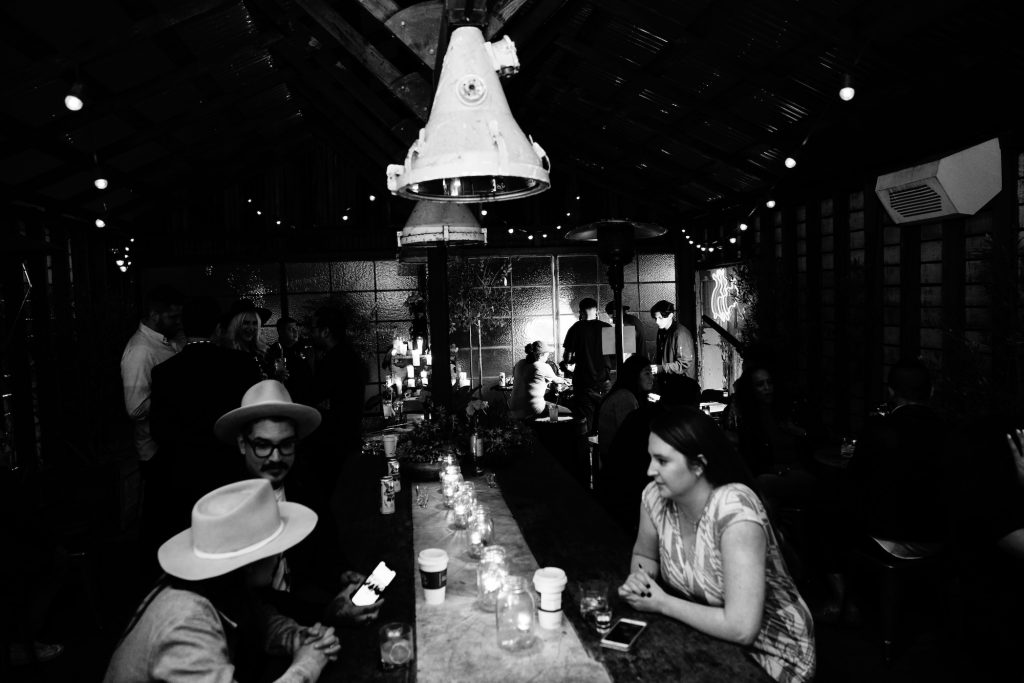
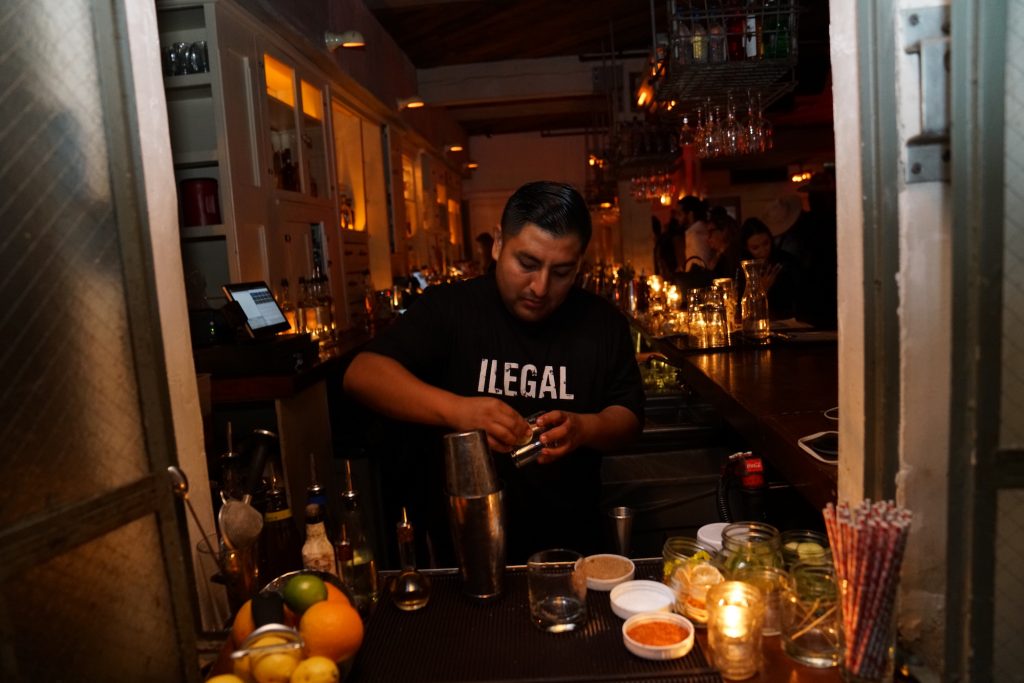
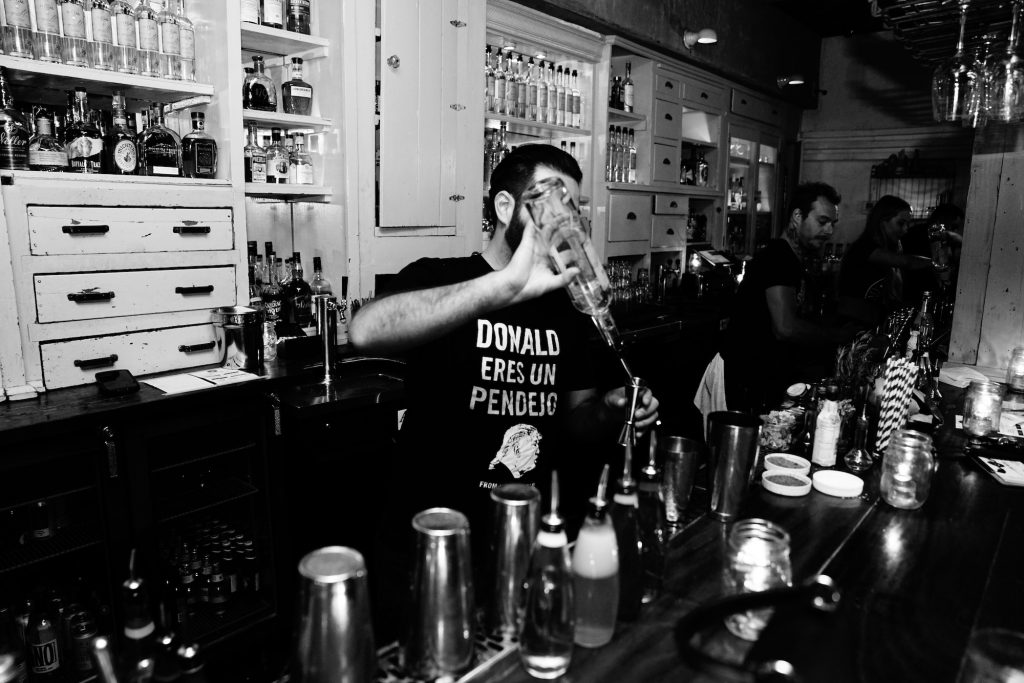
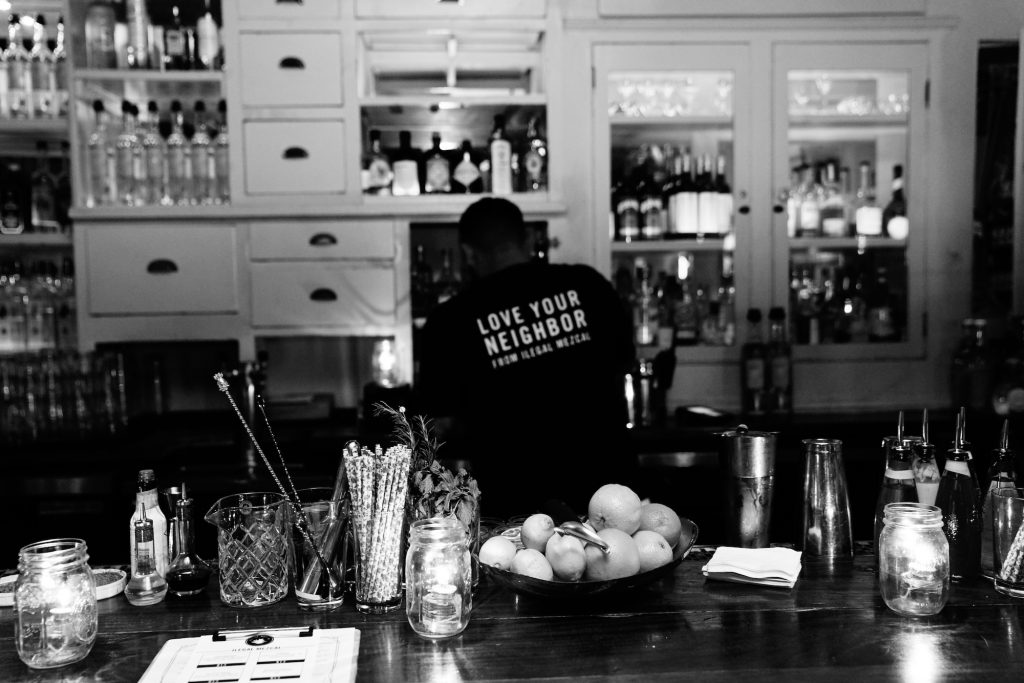
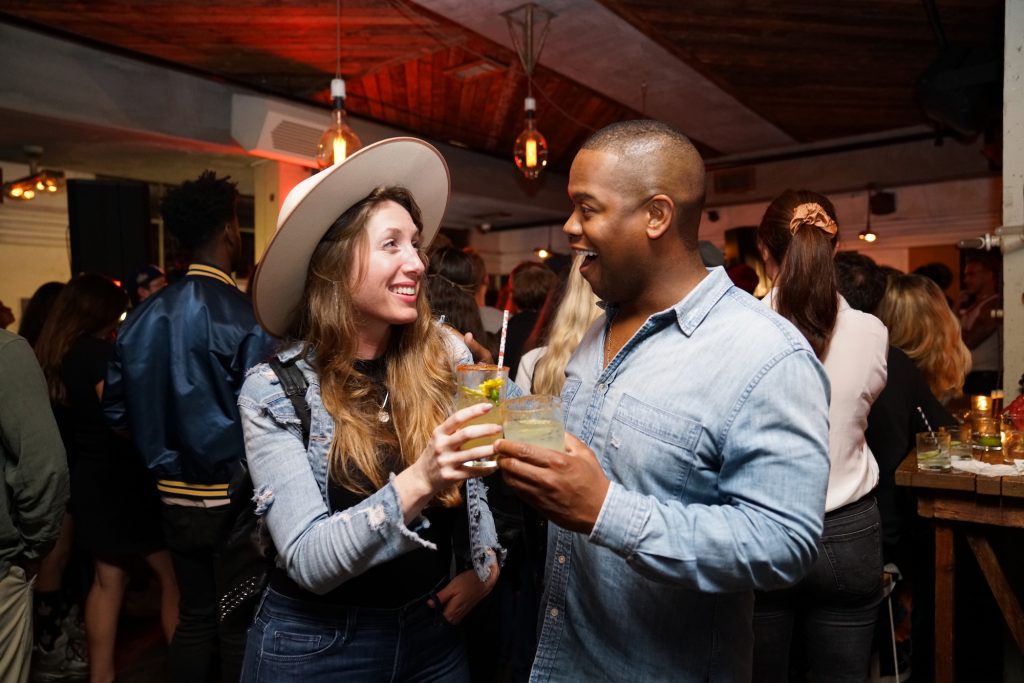
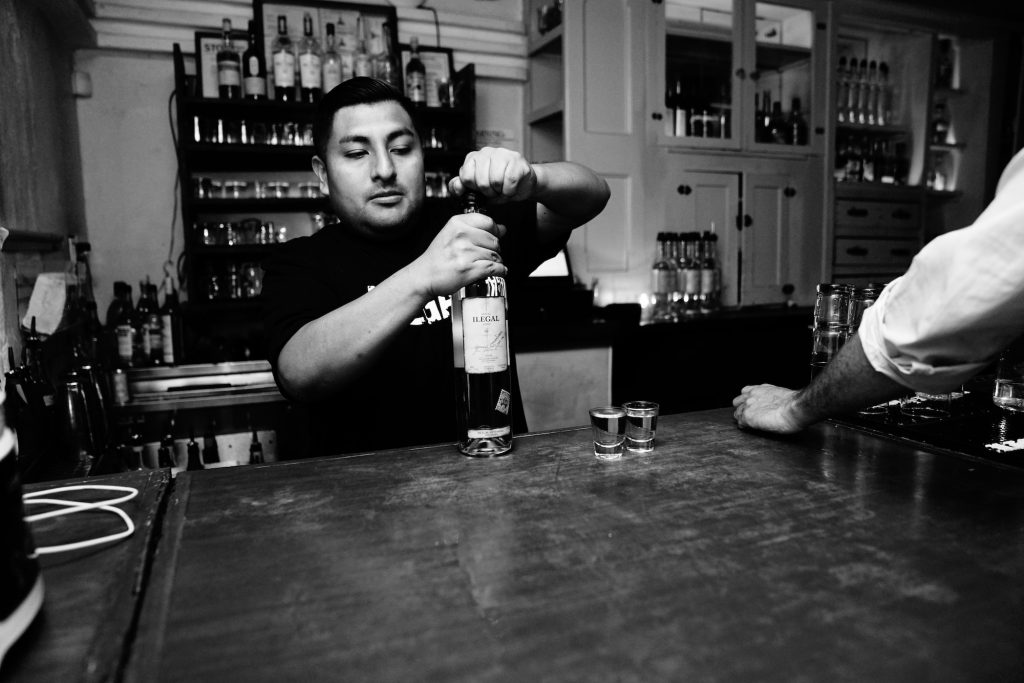
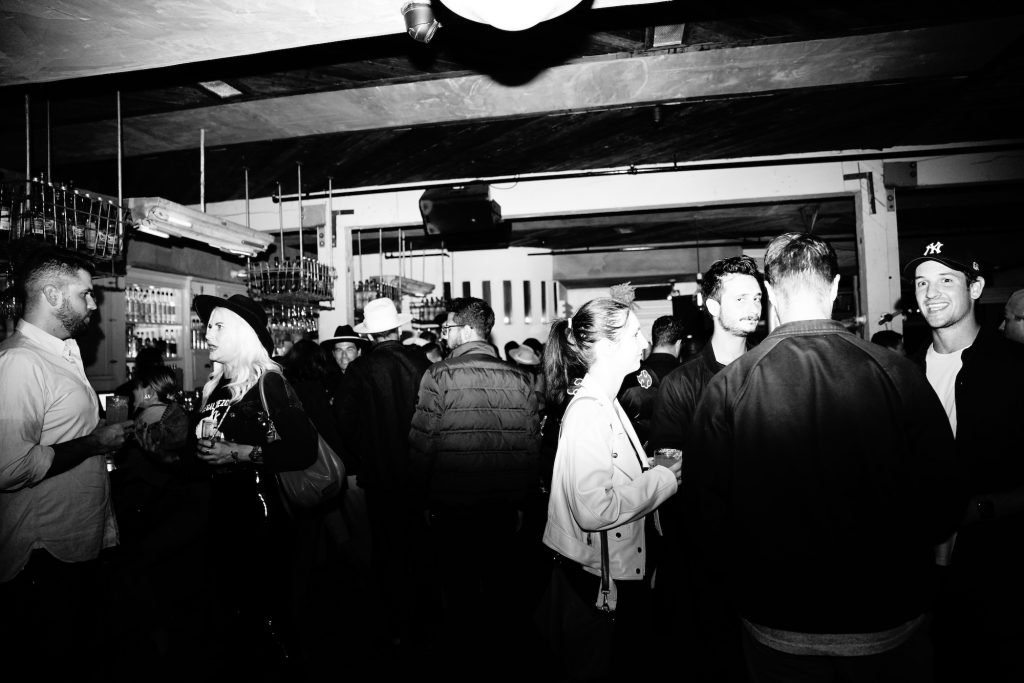
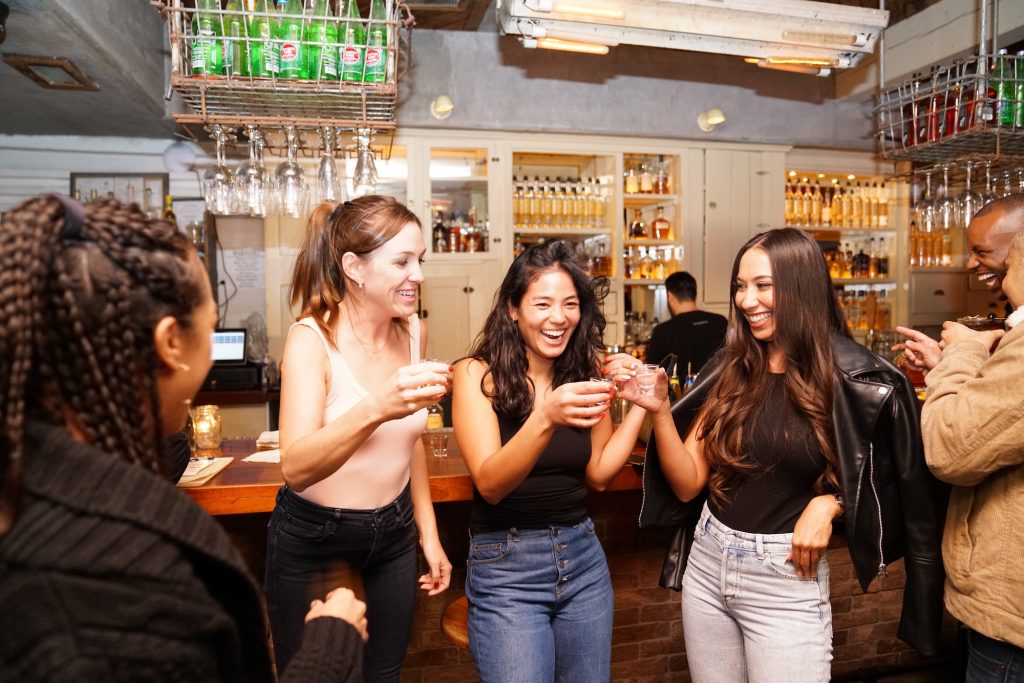
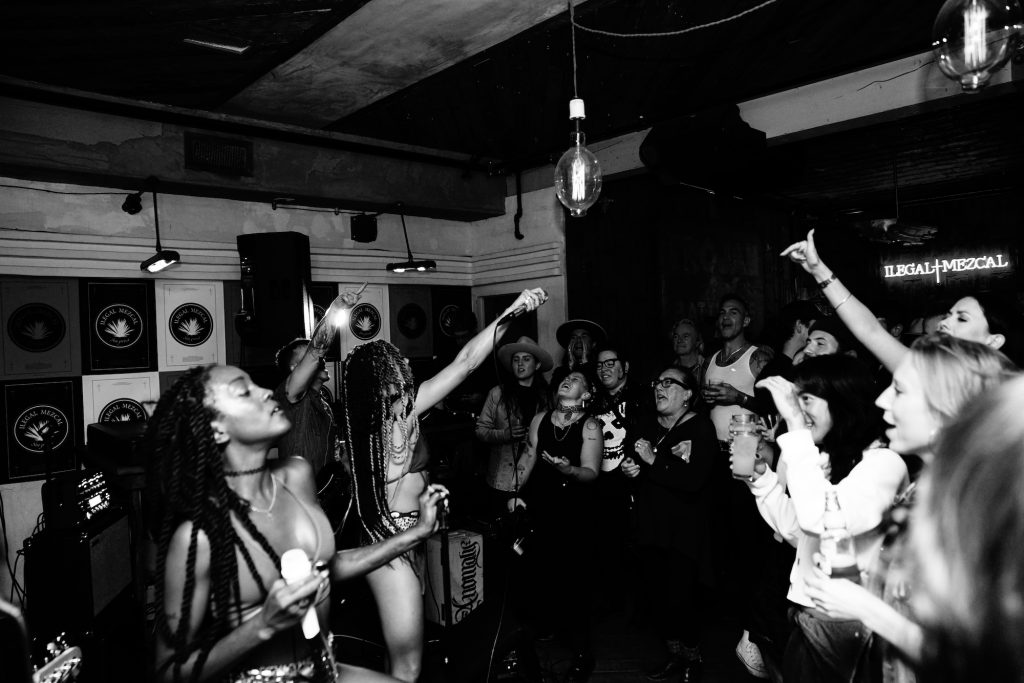
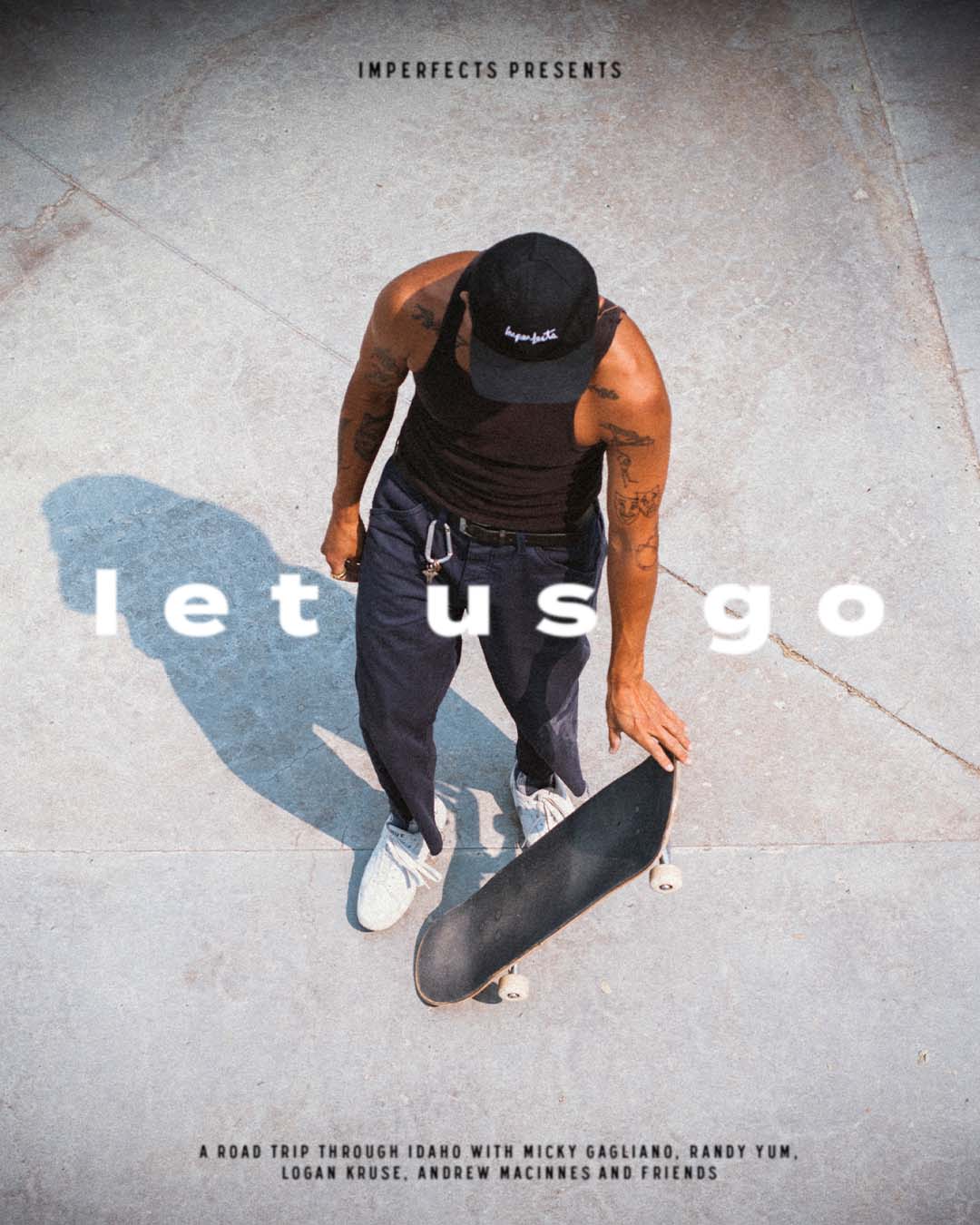
Imperfects.co Brooklyn Pop Up at Ilegal Mezcal Headquarters
Stop by Fri-Sun 11AM – 6PM through October 31st.
OCT 15: Exclusive ‘Let Us Go’ skate film premiere at the Ilegal Mezcal Showroom
See exclusive images from the film shoot in the gallery below!
CREDITS
Skaters: Micky Gagliano
Randy Yum
Logan Kruse
Andrew MacInnes
Filmer and Editor: Adam Dahlen
Photographer: Andrew Riley
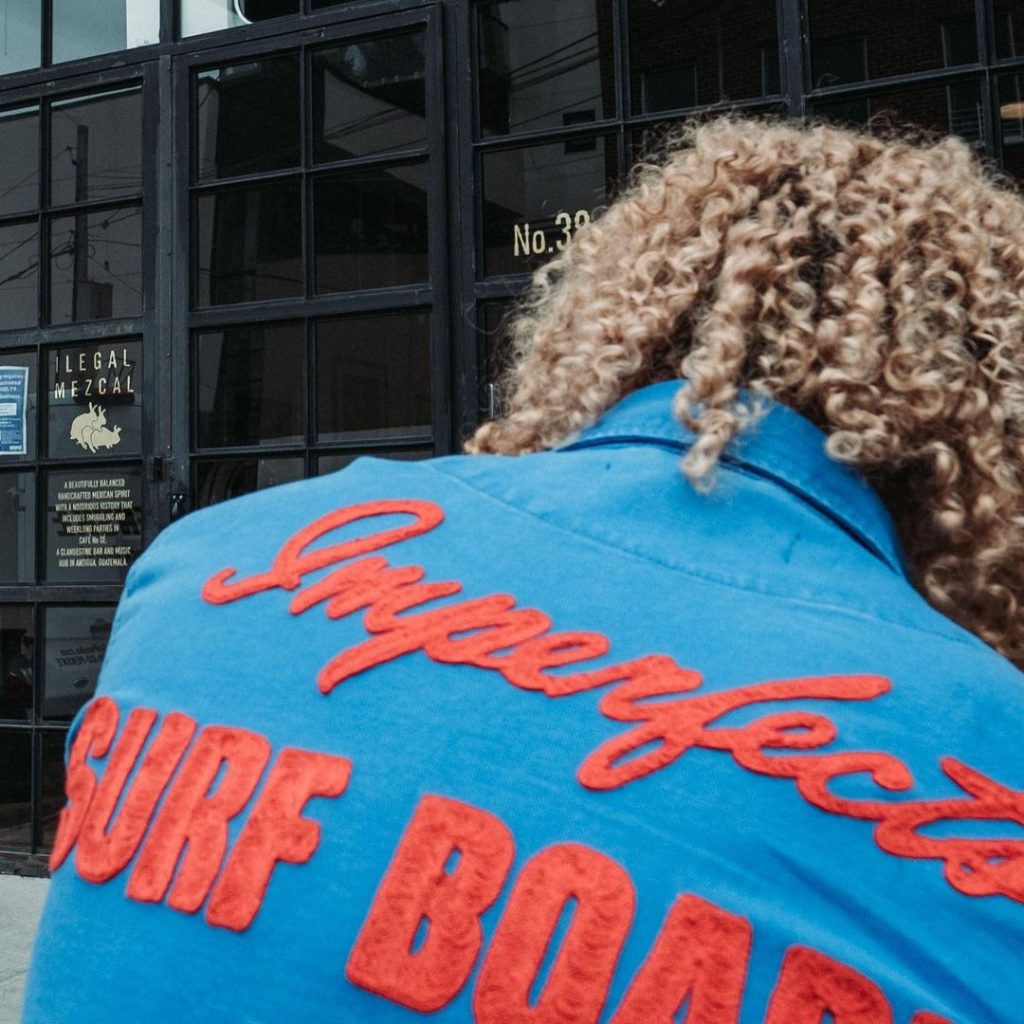
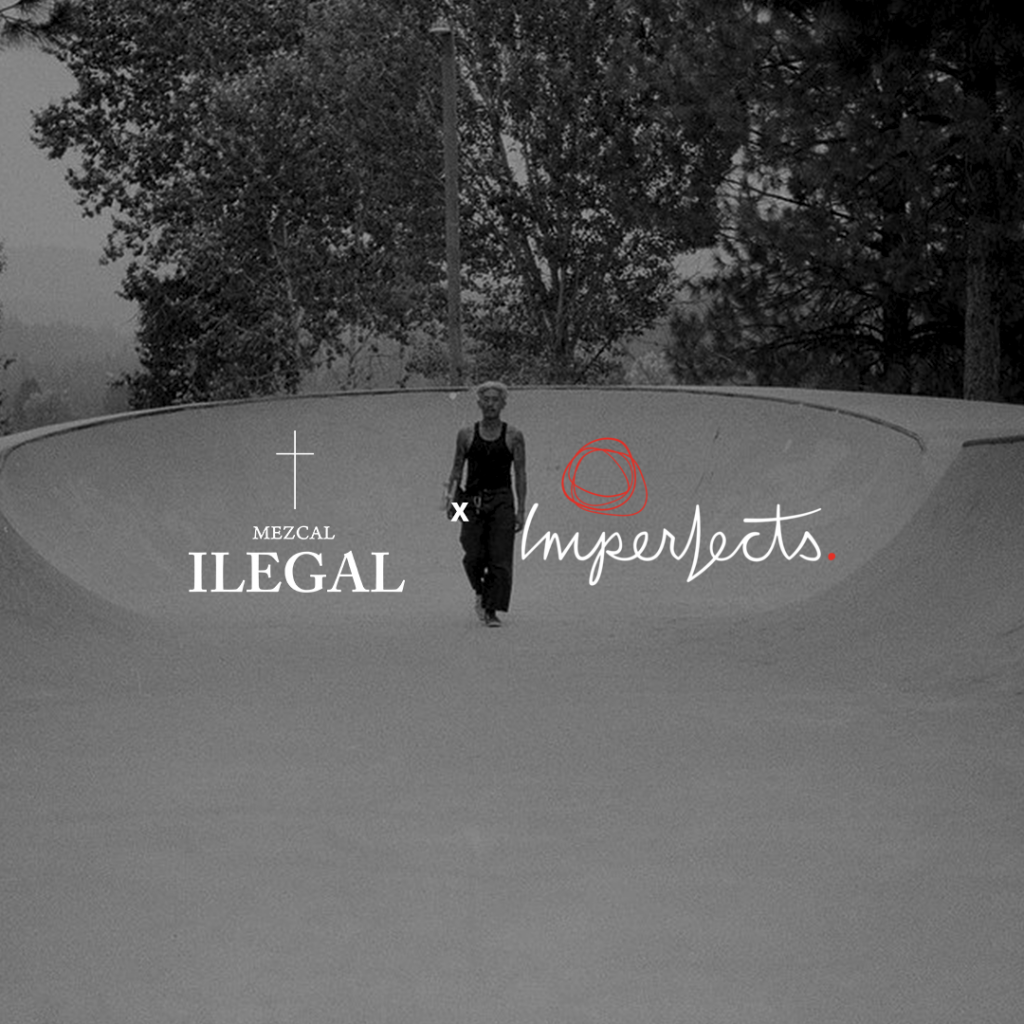
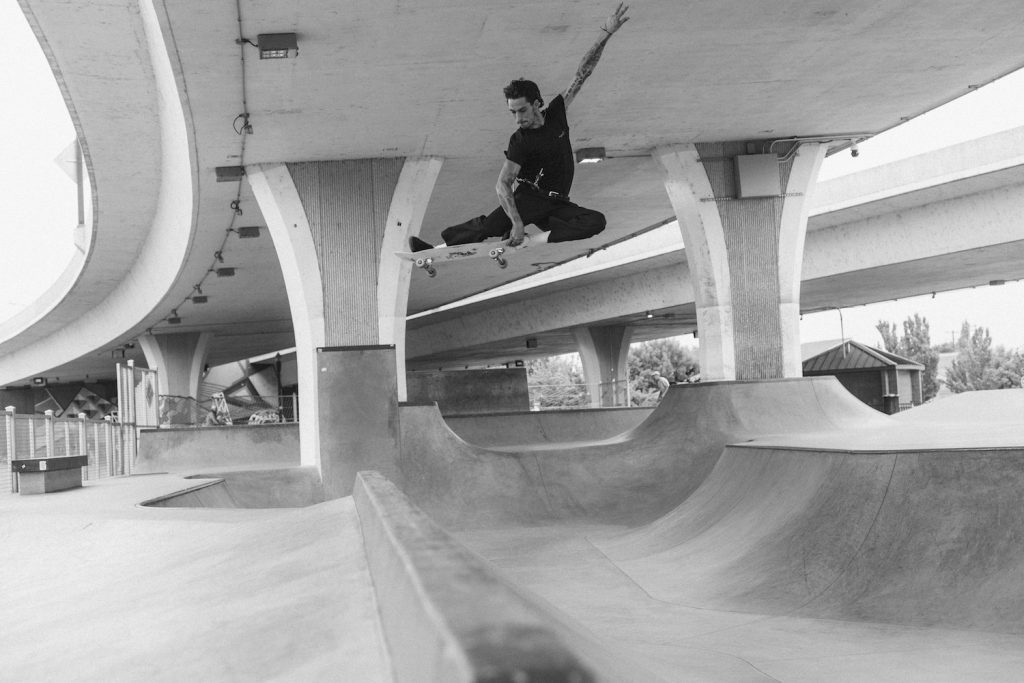
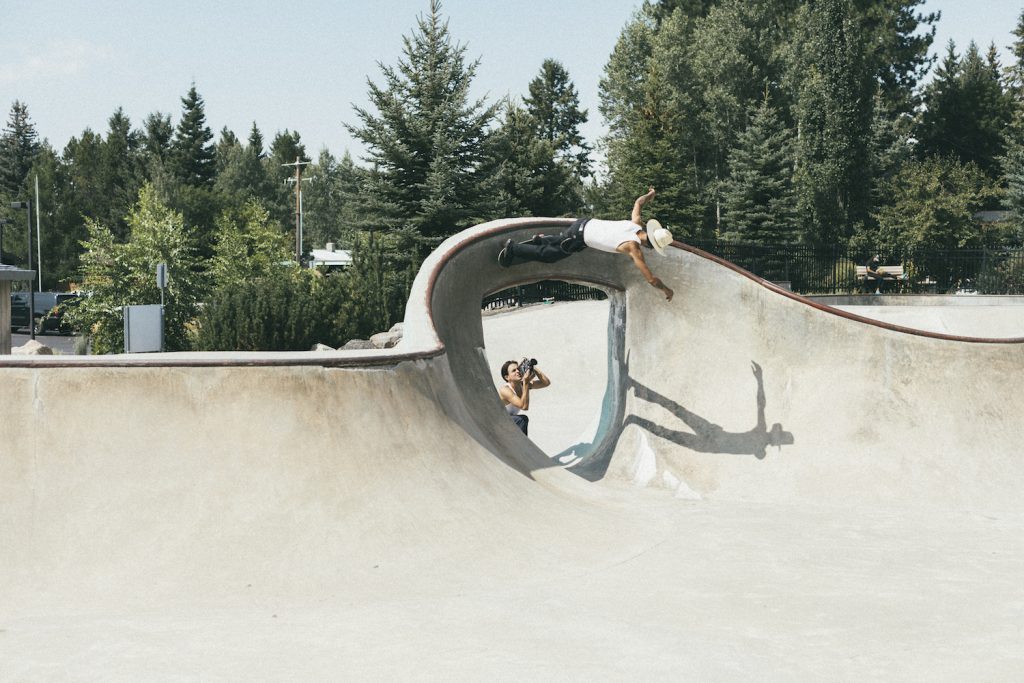
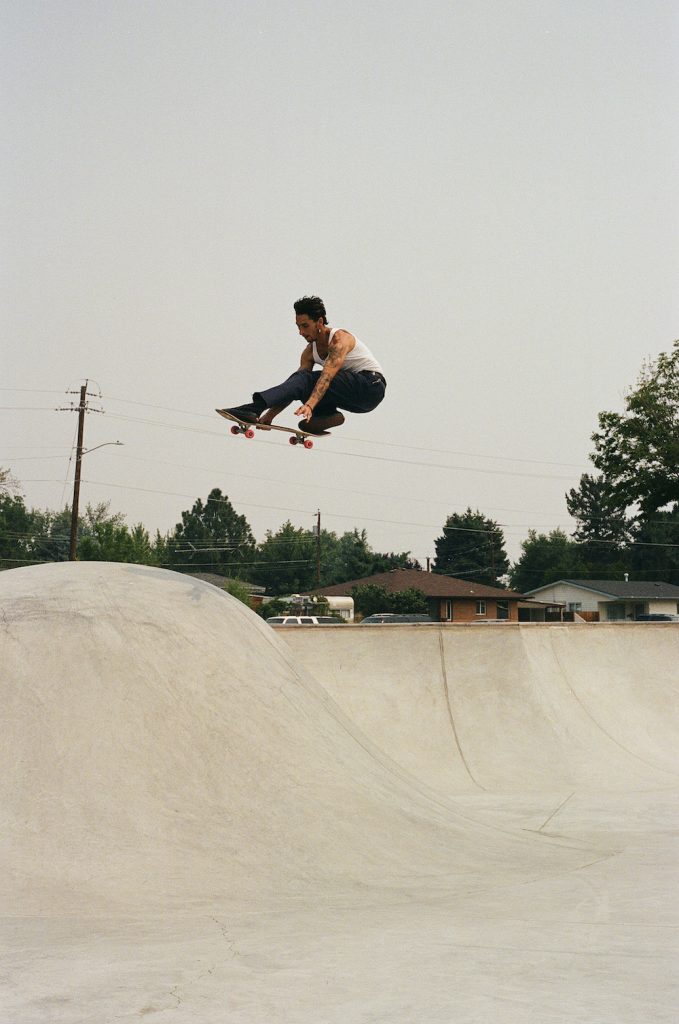
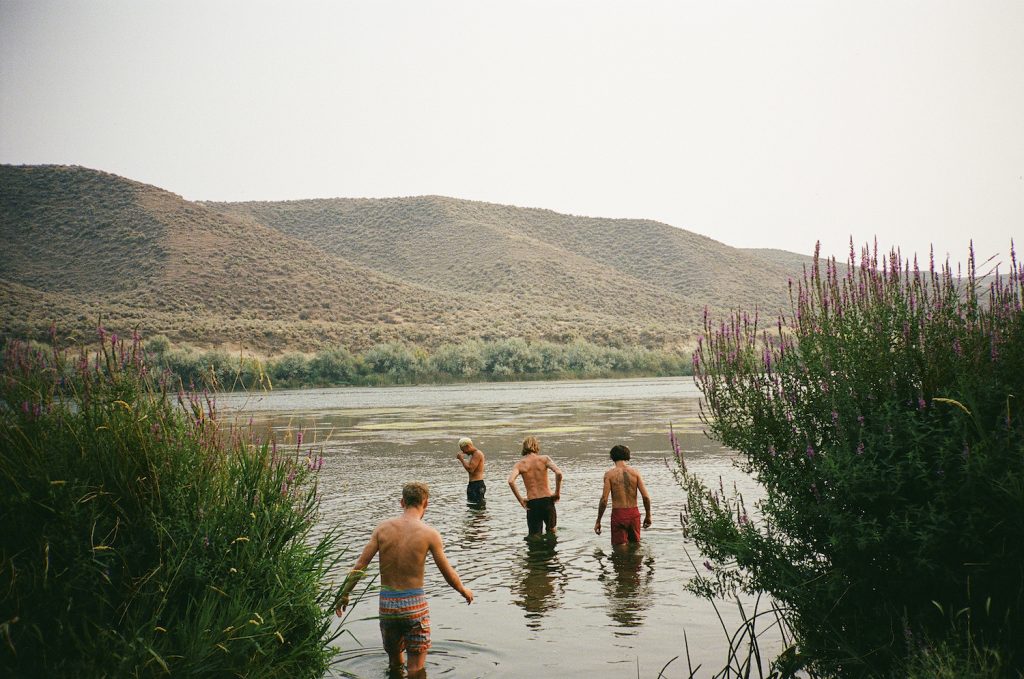
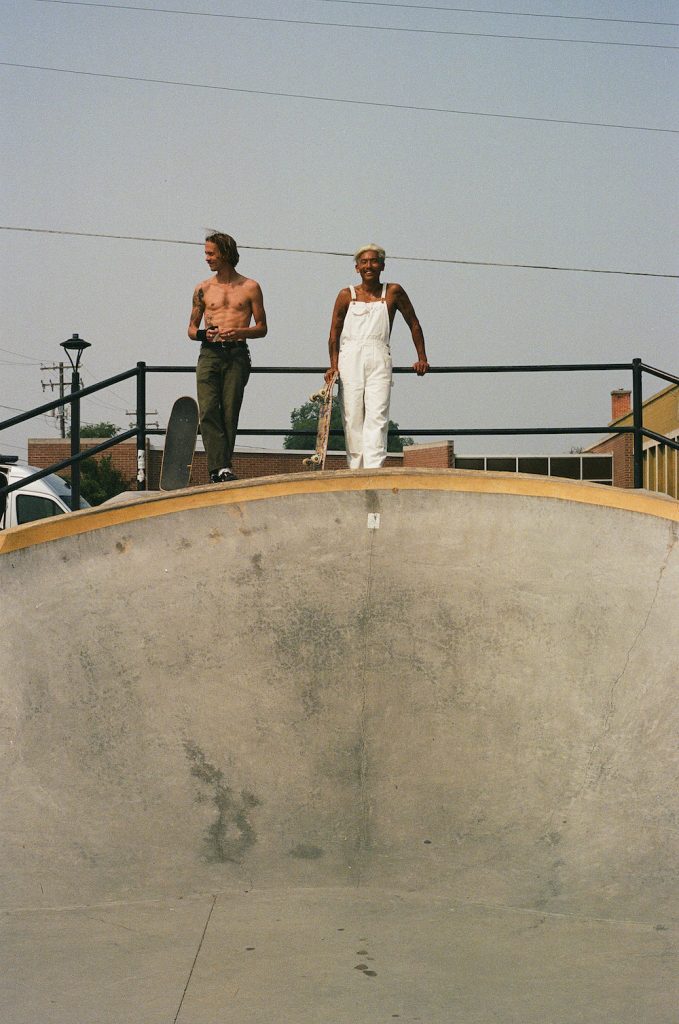
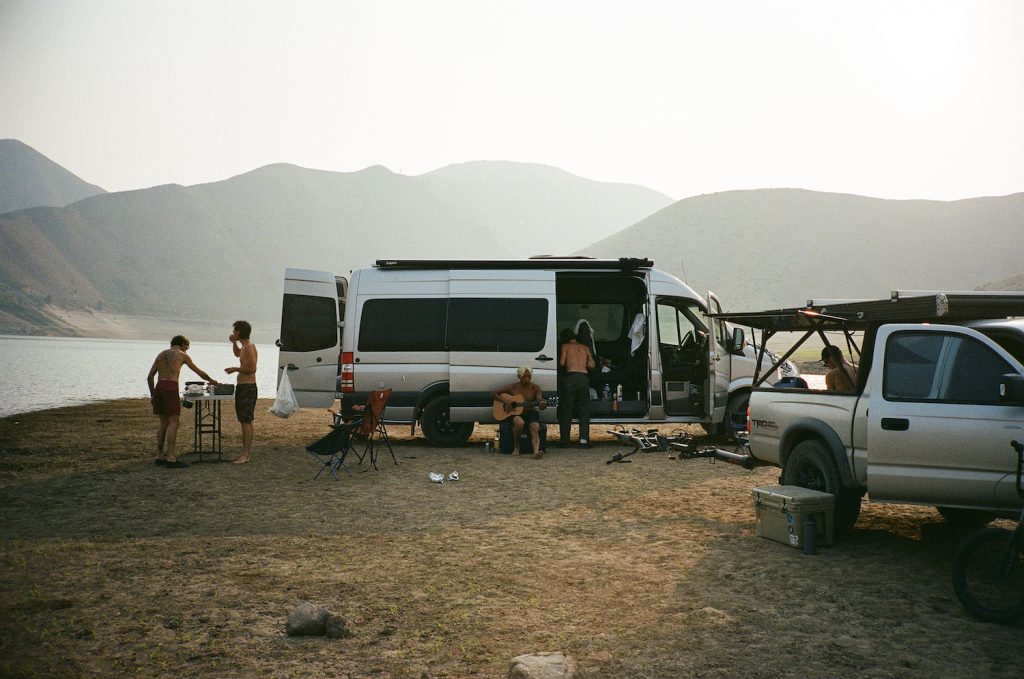
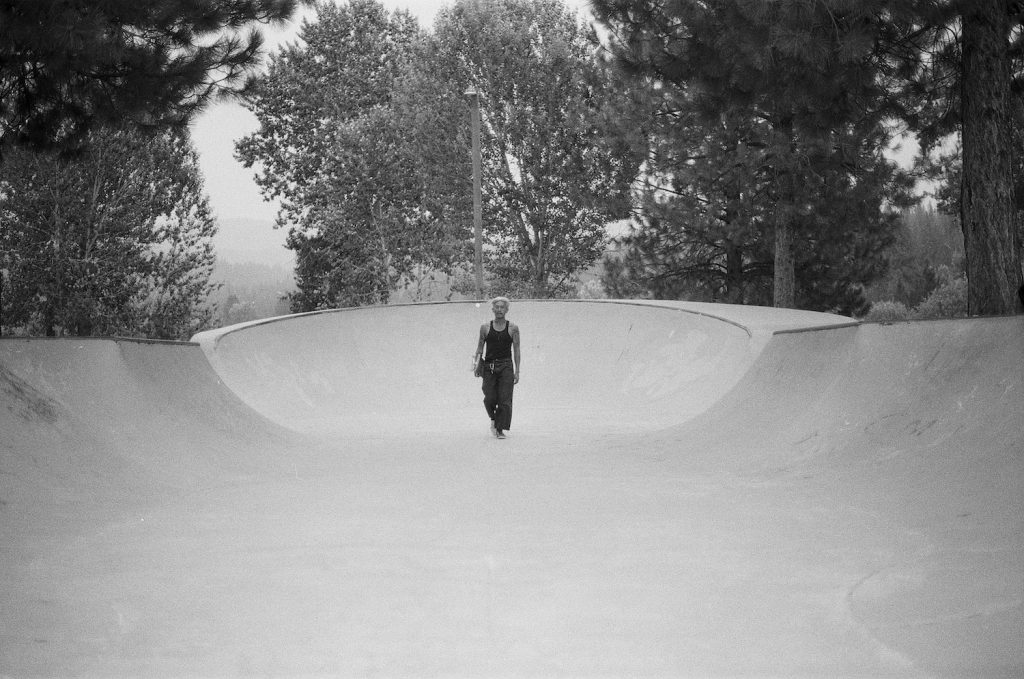
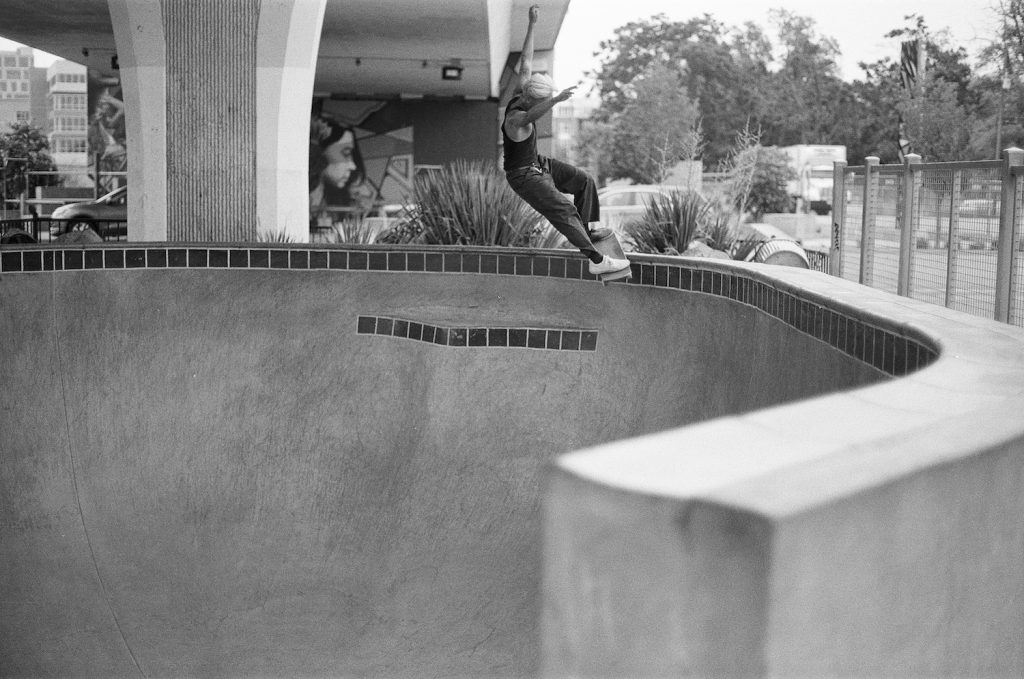
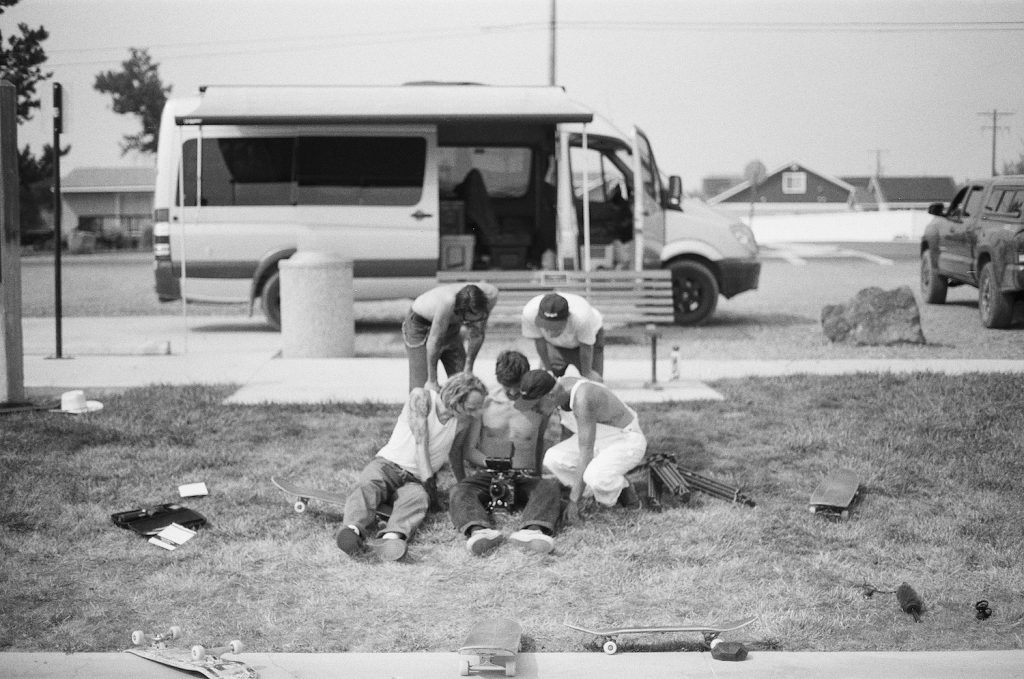
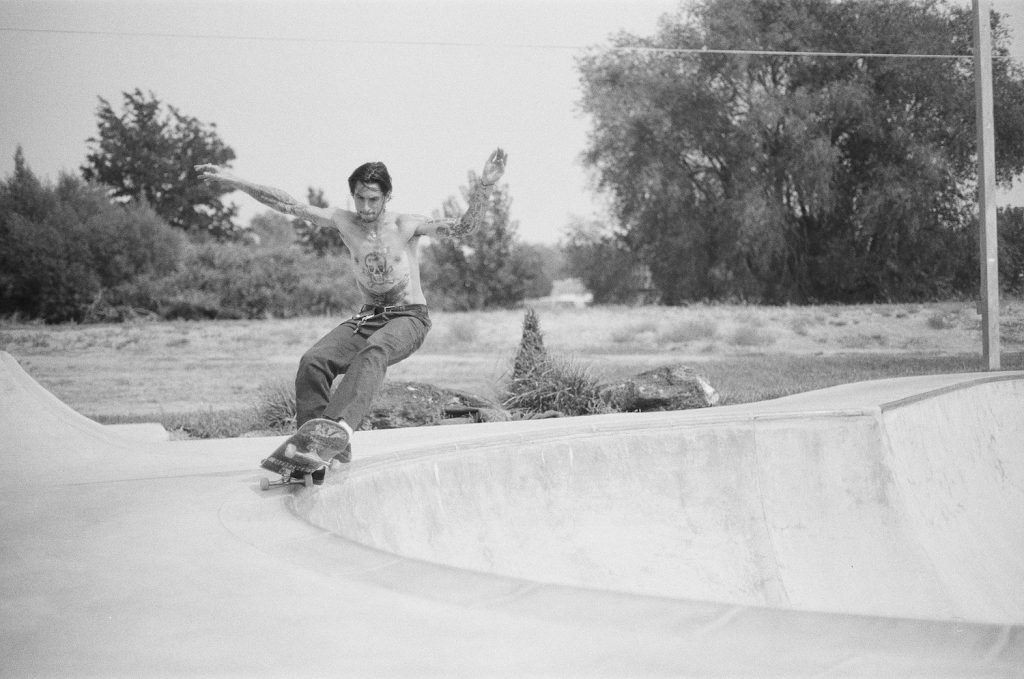
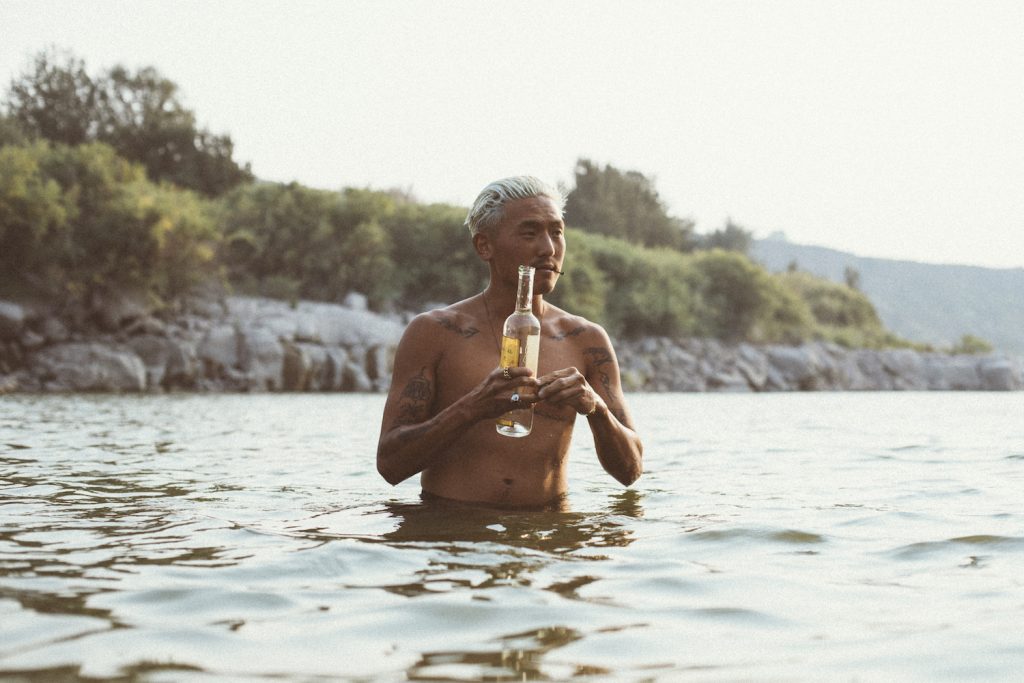
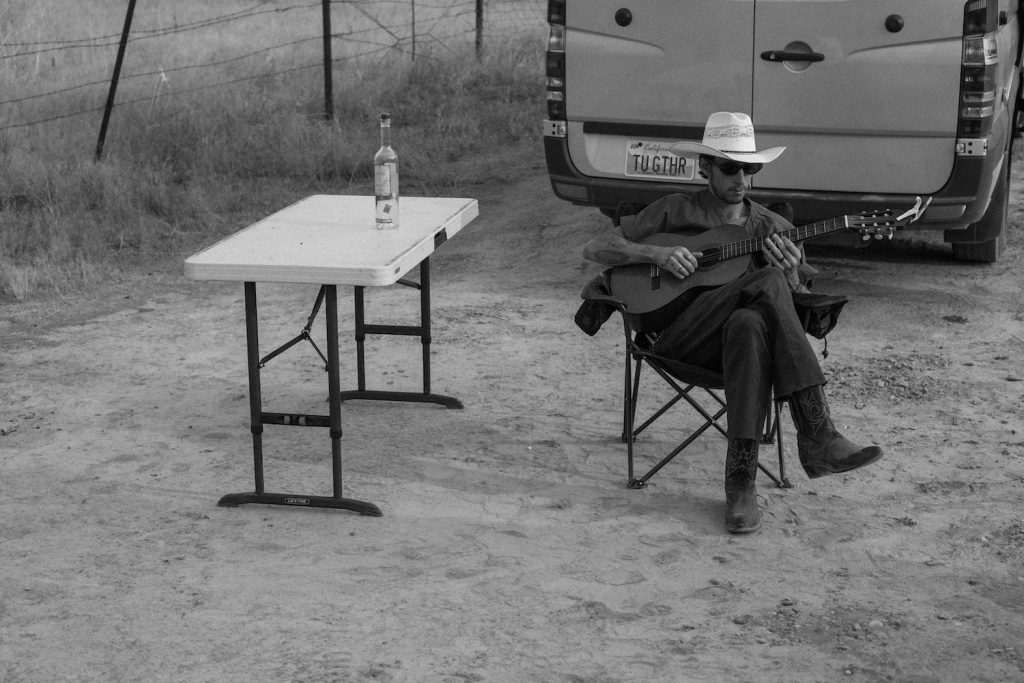
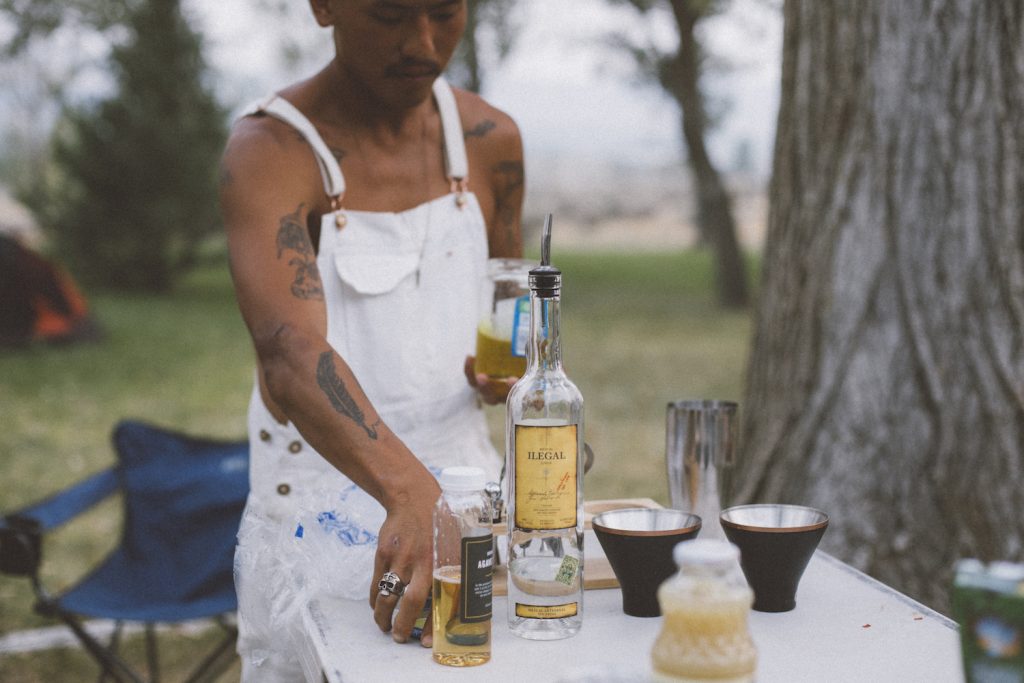
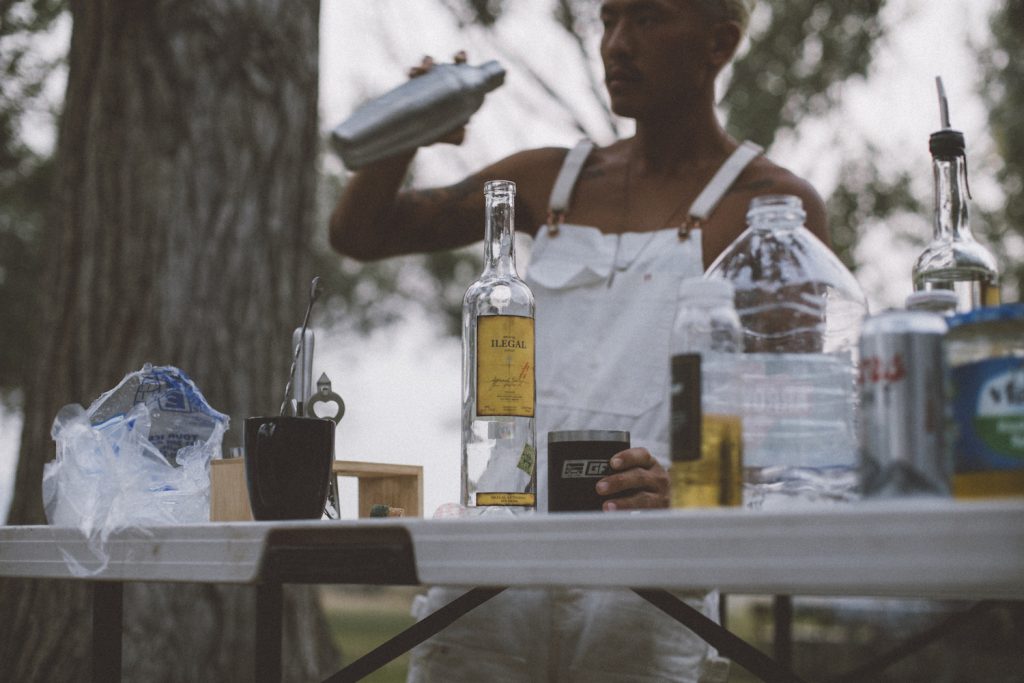
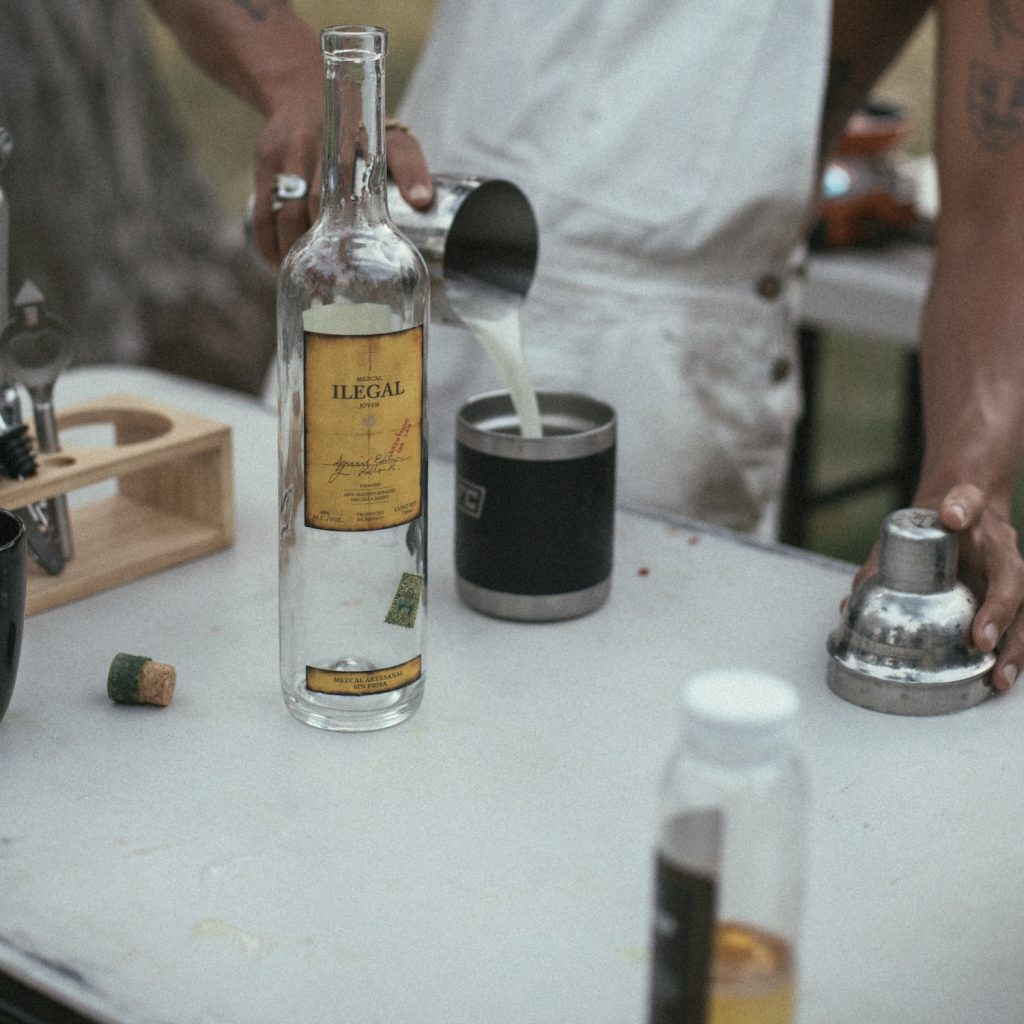

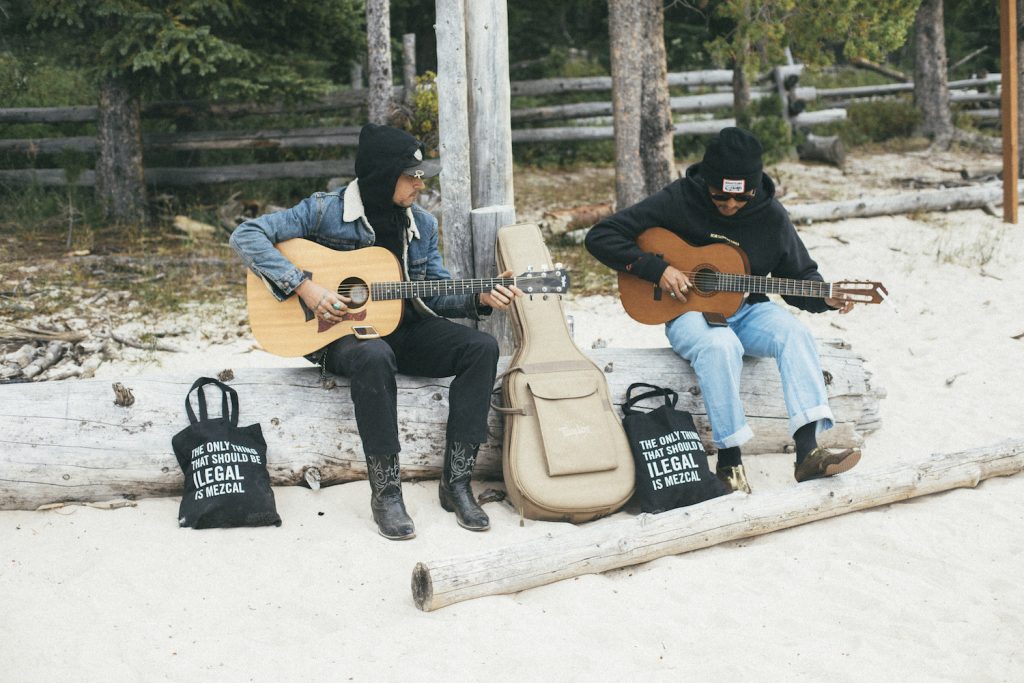
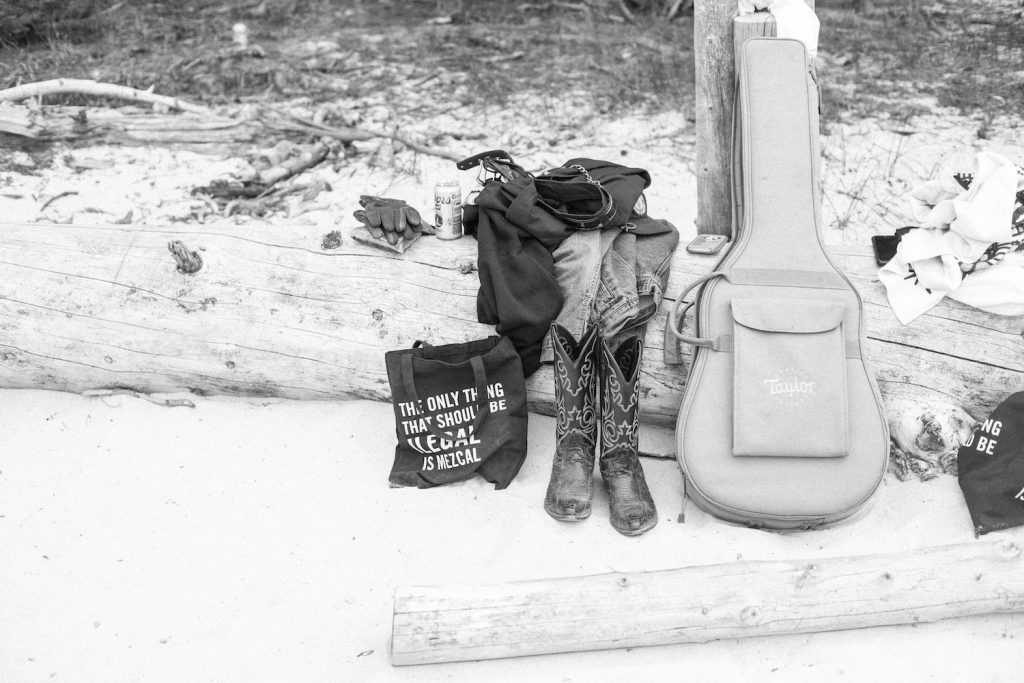
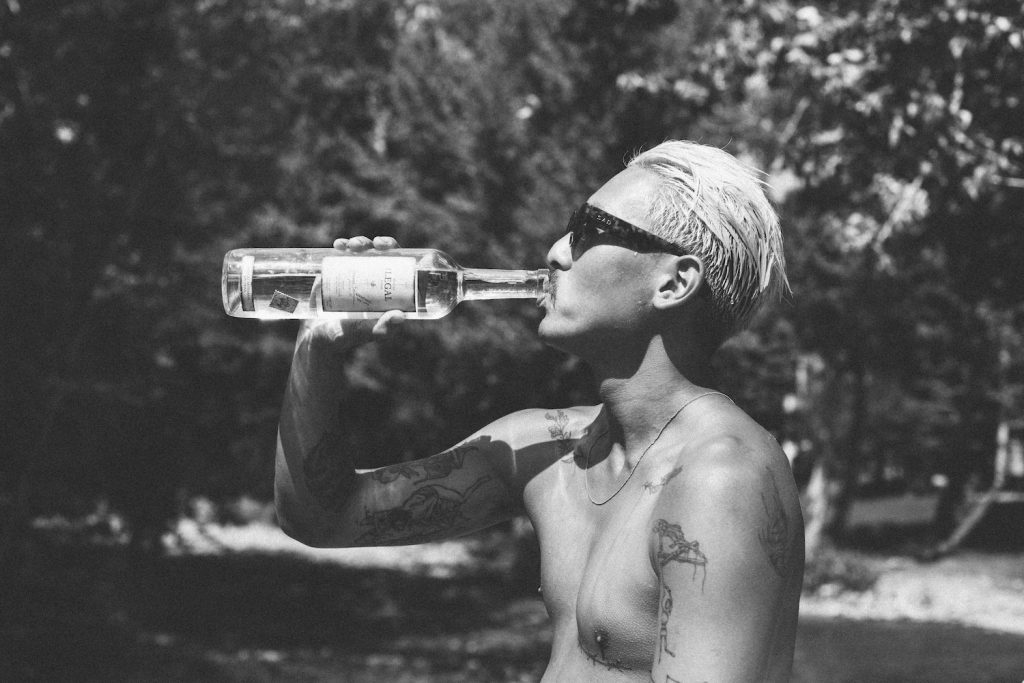
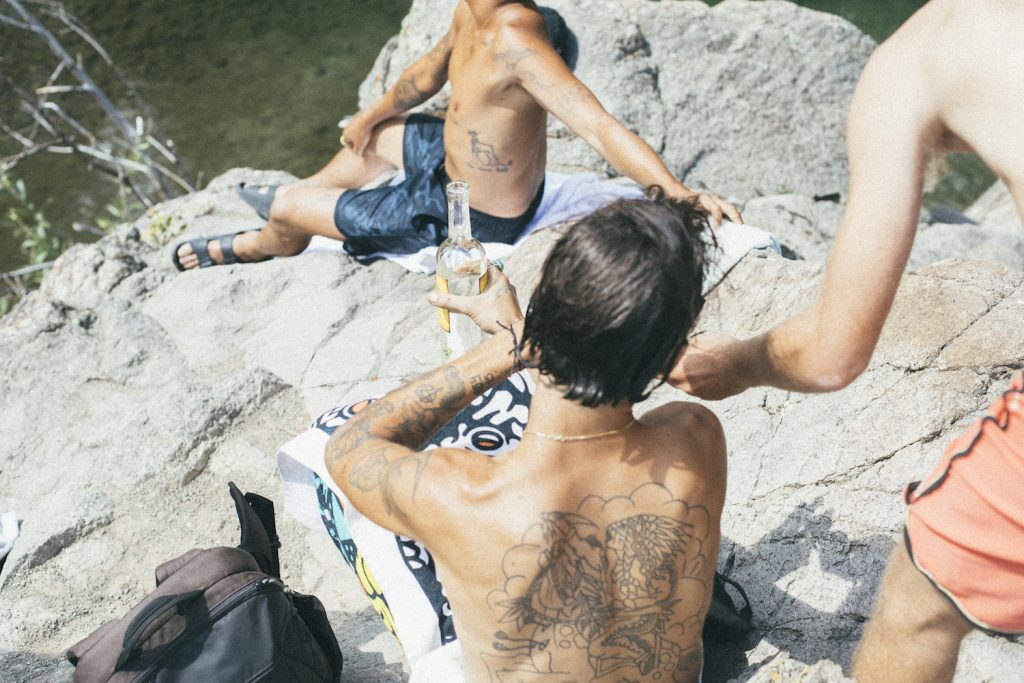
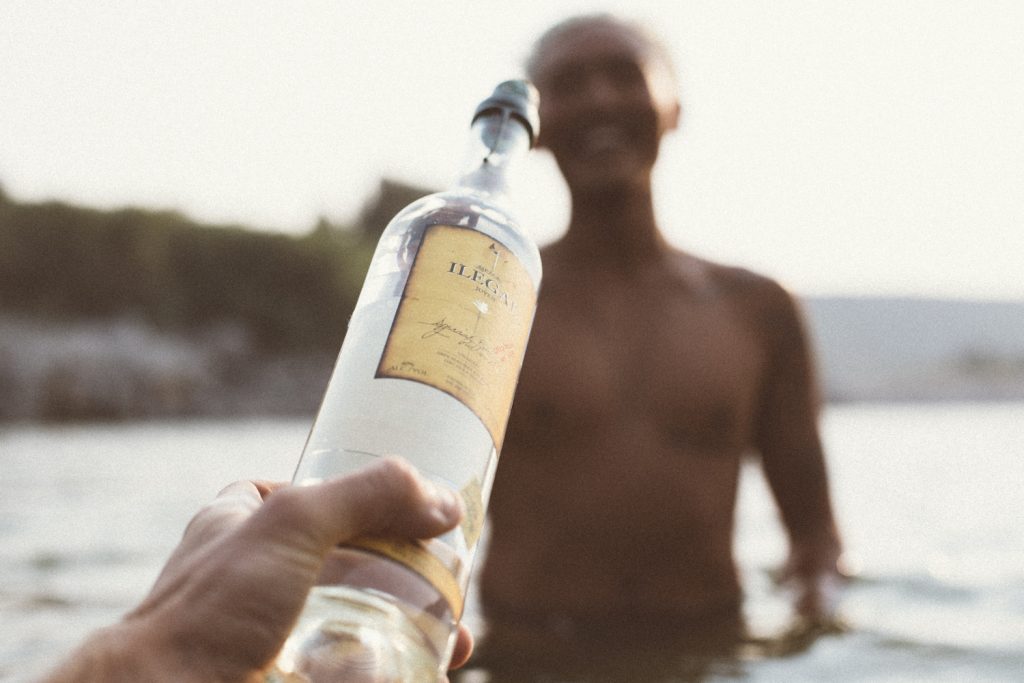
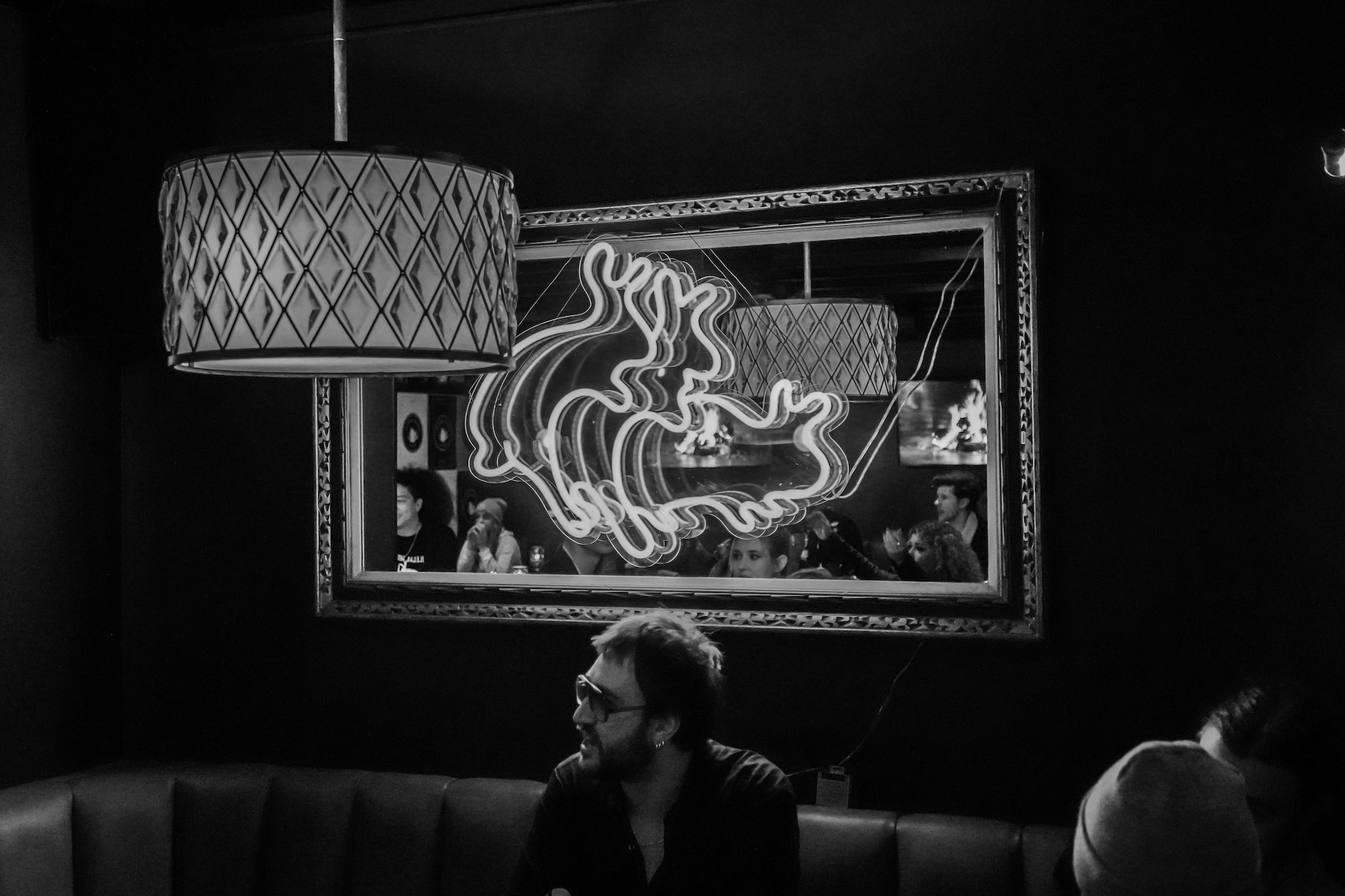
Bar Ilegal is an experiential outpost of Café No Sé. Opened by Ilegal founder John Rexer in the early 2000s, Café No Sé has become the beating heart of an international music scene in Antigua, Guatemala. This is the original home of Ilegal Mezcal + the first mezcal bar opened outside of Mexico.
The last stop of the year was on September 25th at The Cordova Bar, with musical guest Warbly Jets. Check out photos by Jose Zuniga in the gallery below!
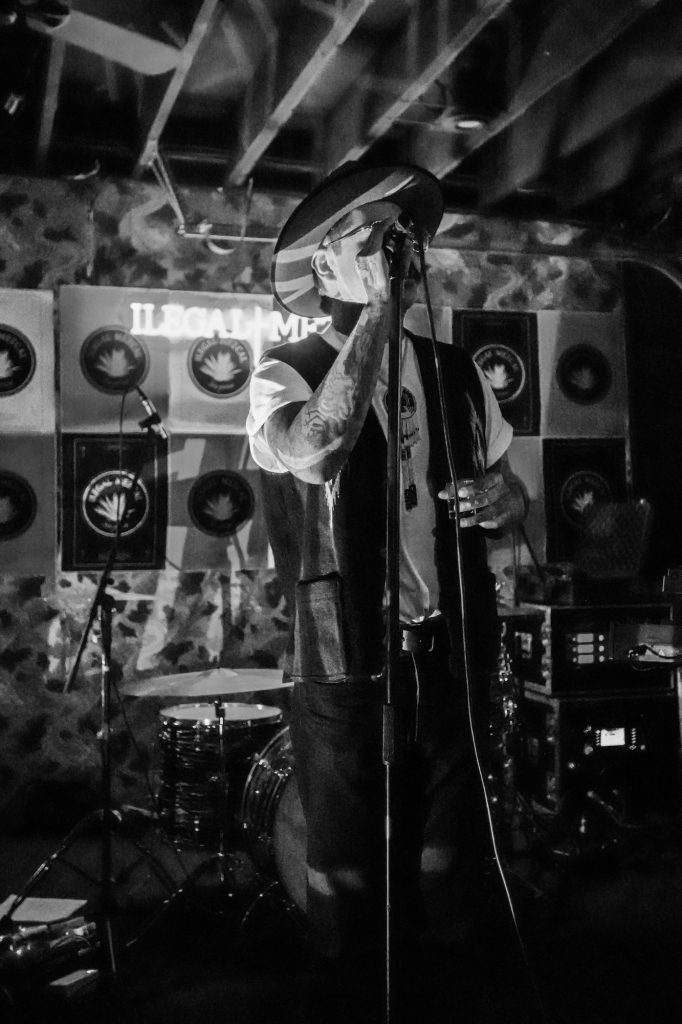
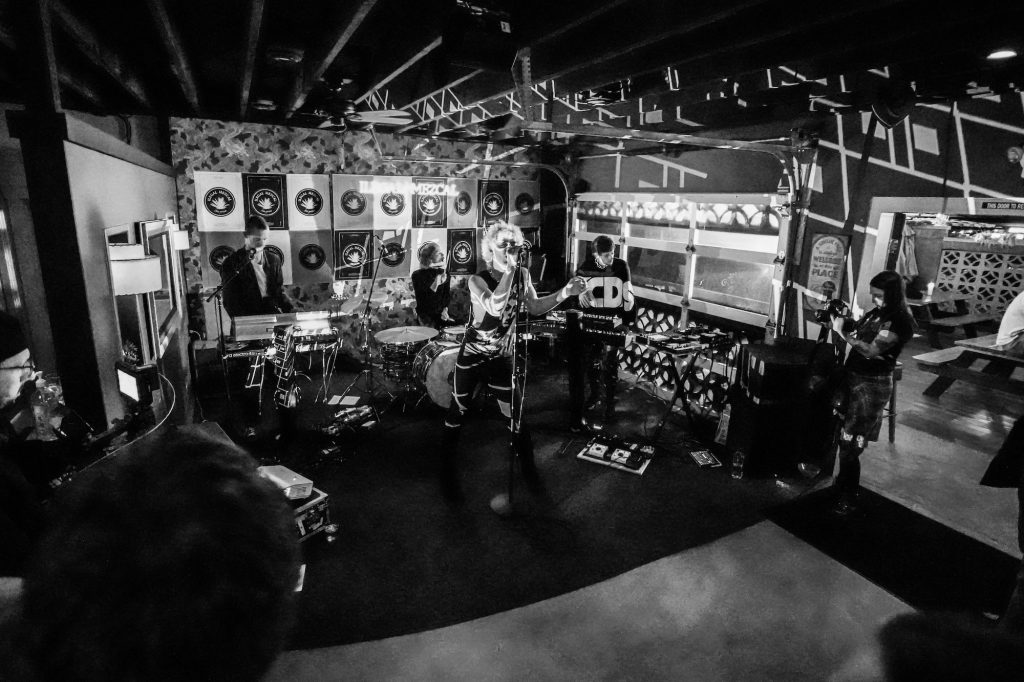
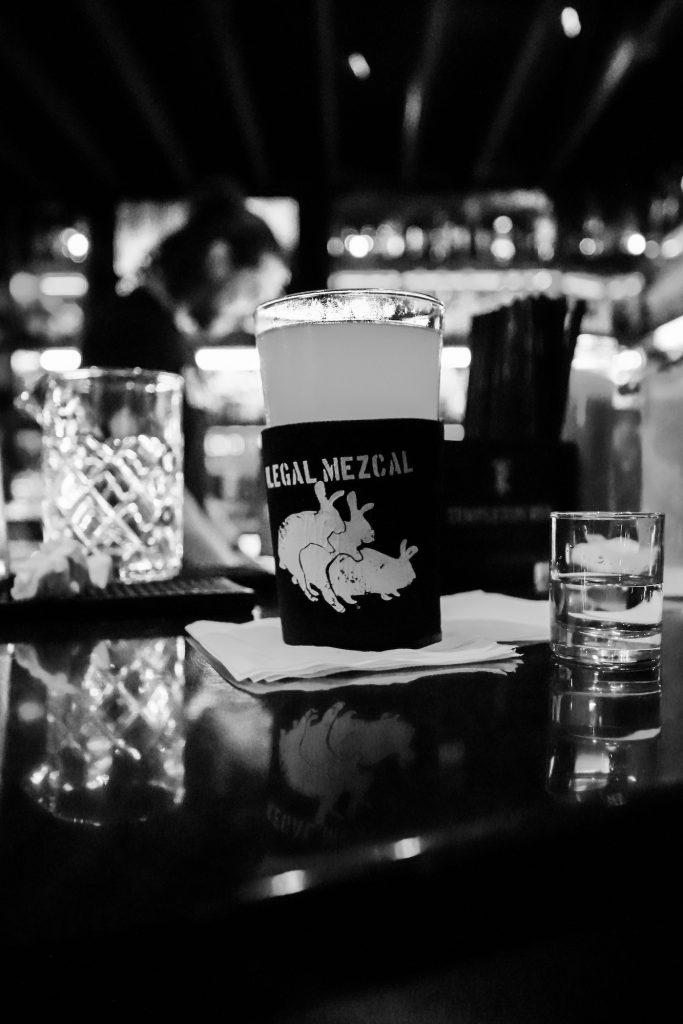
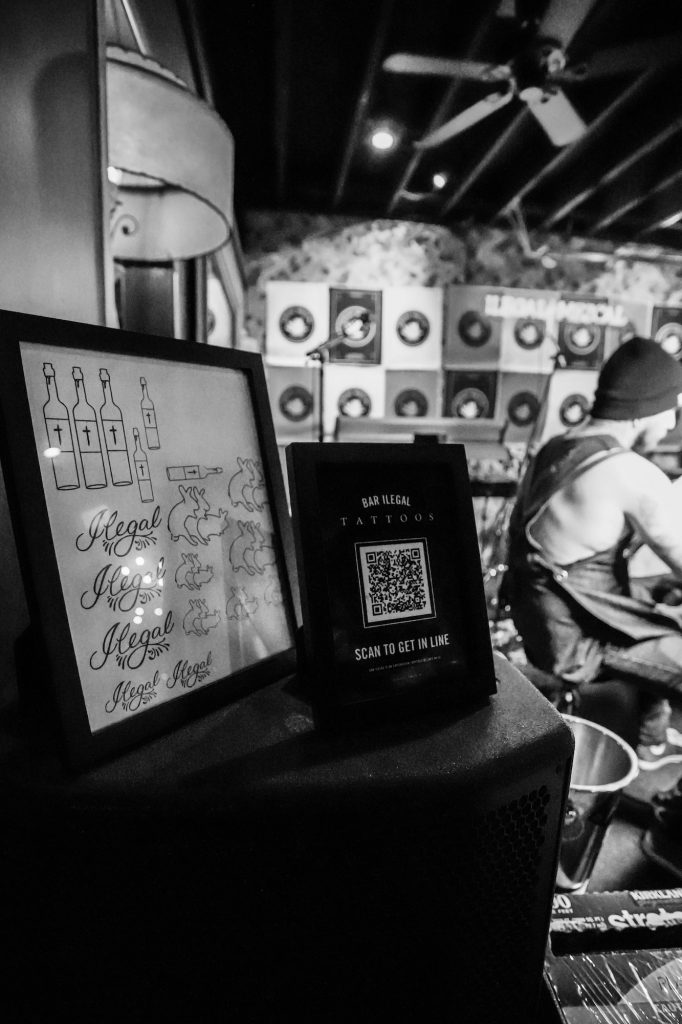
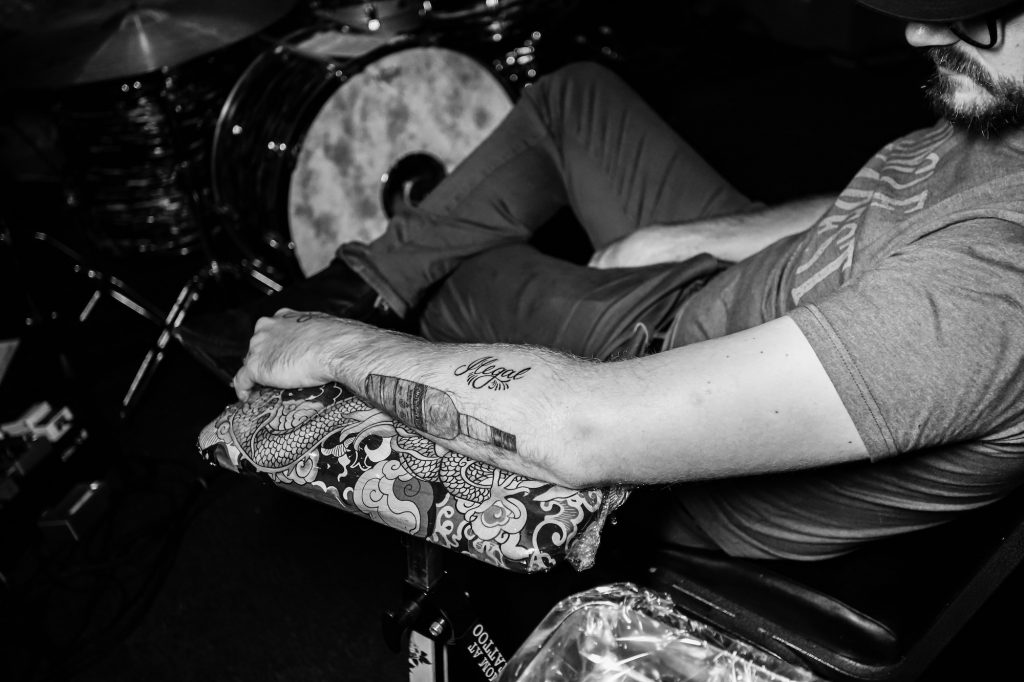
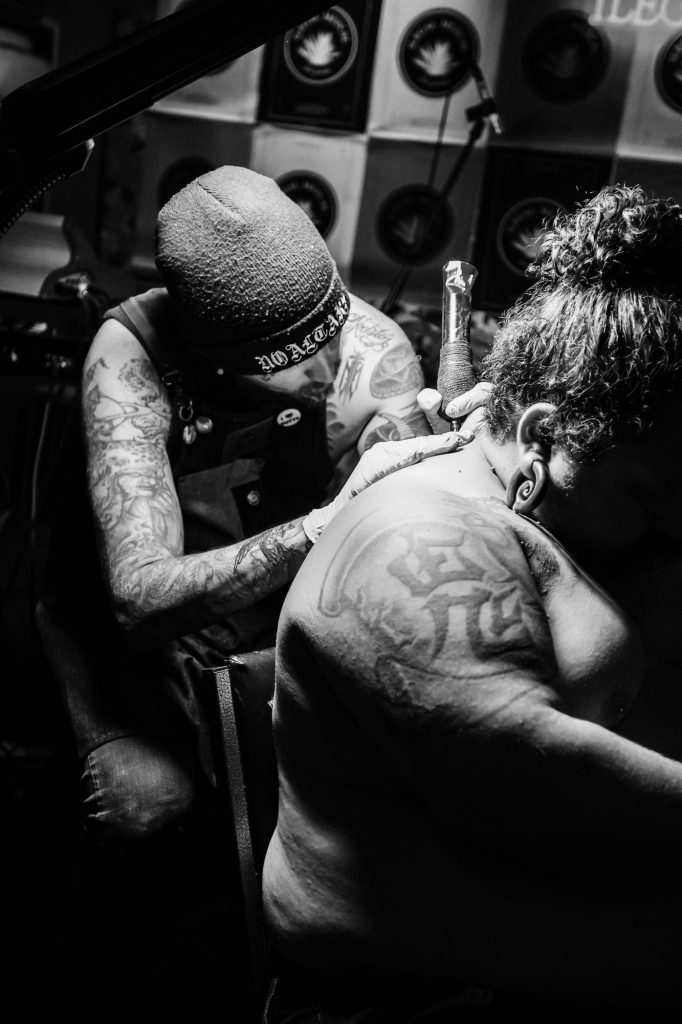
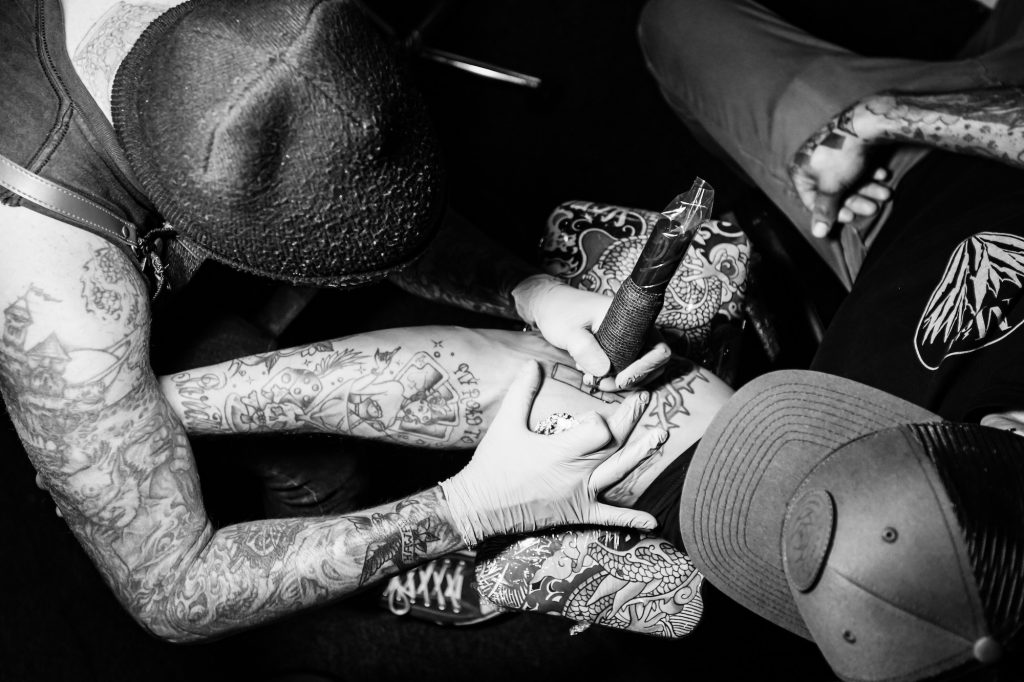
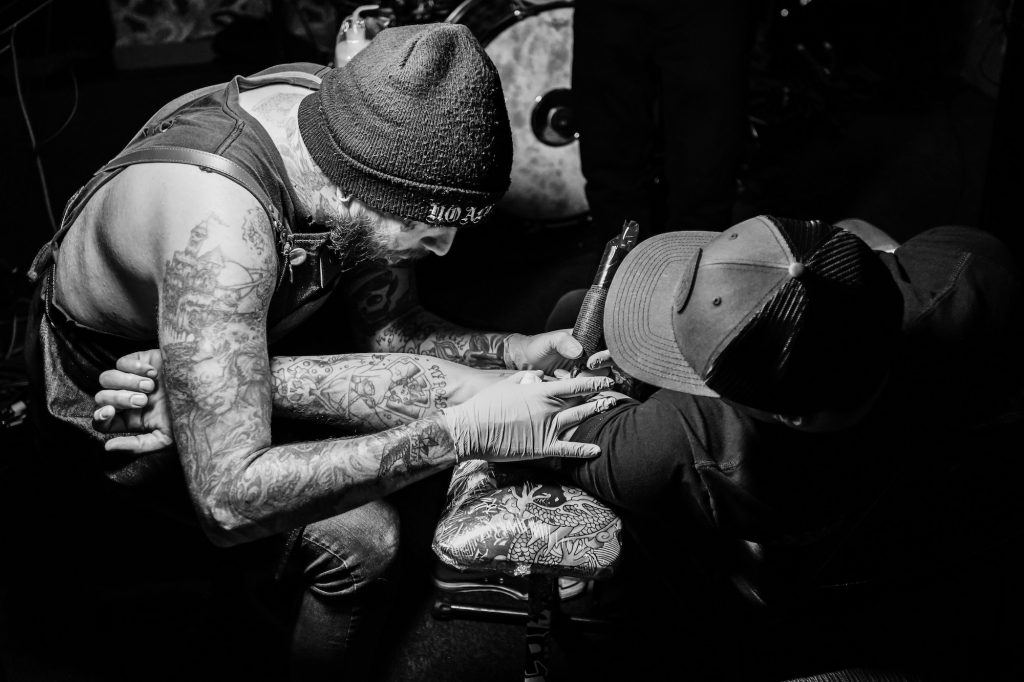
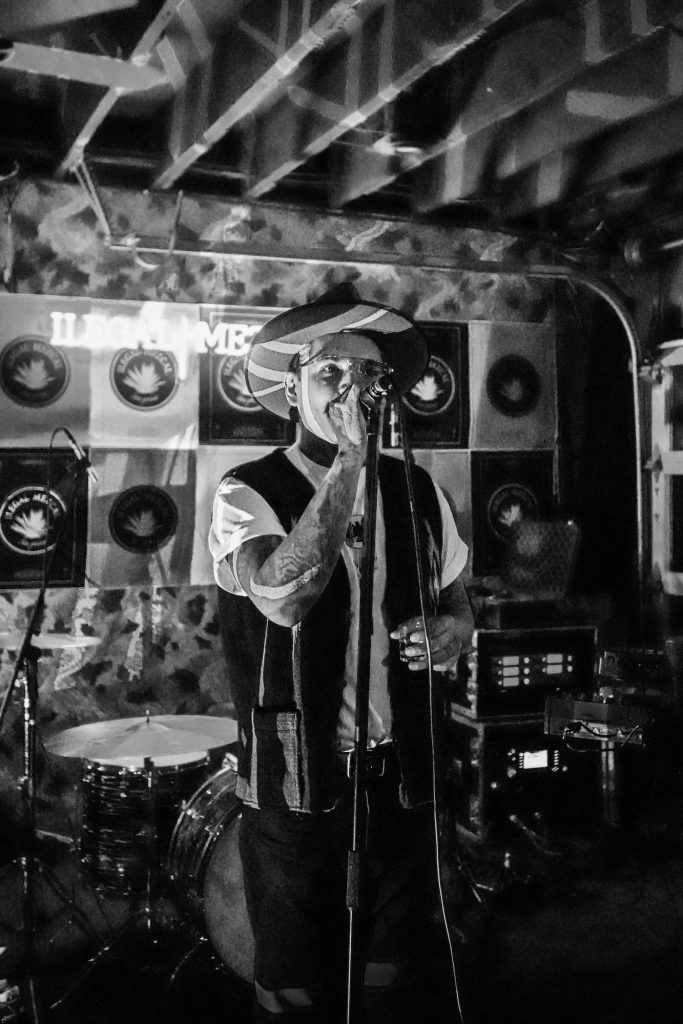
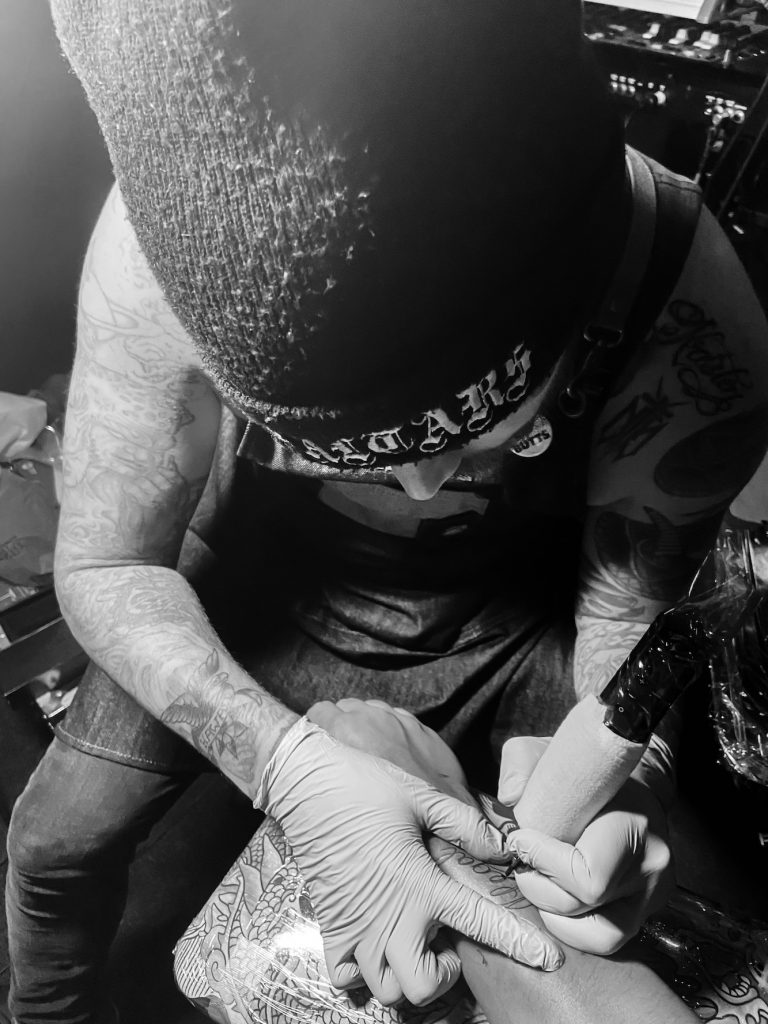
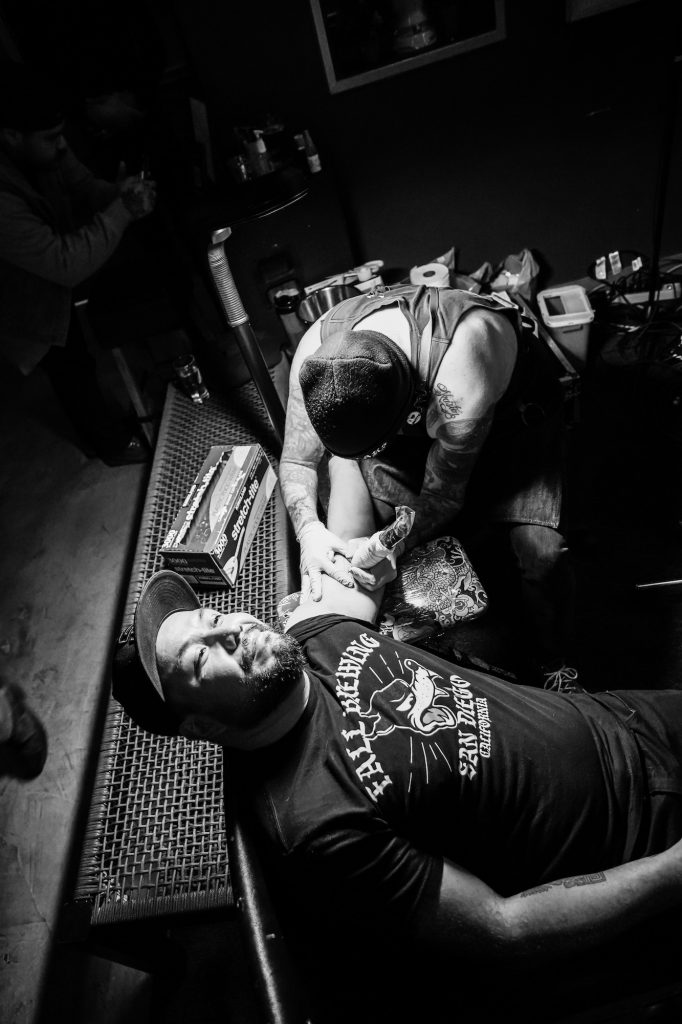
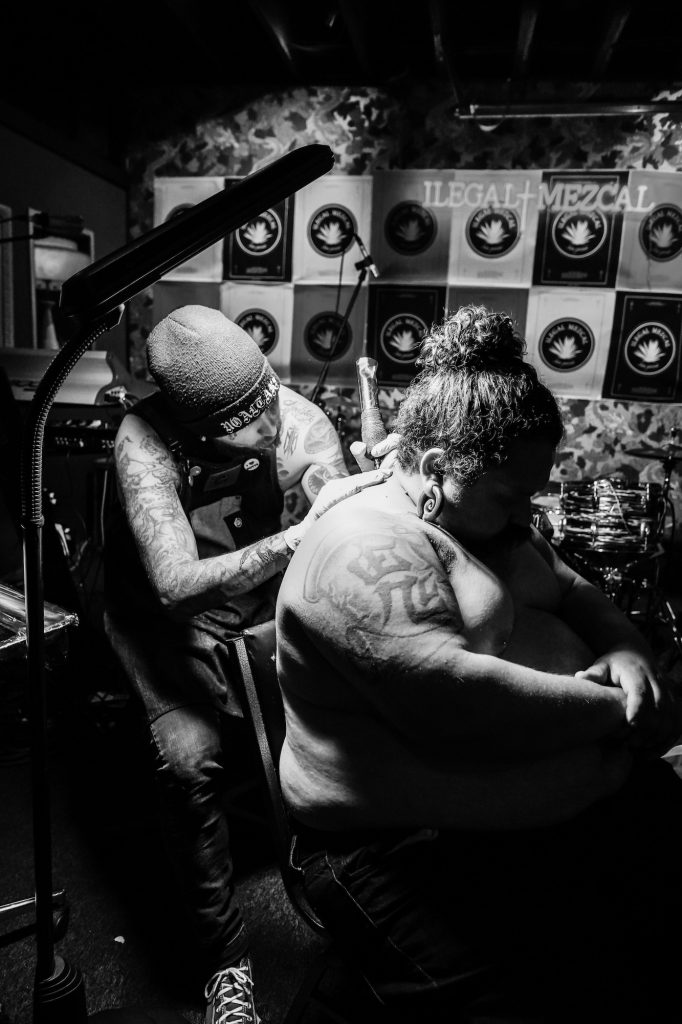
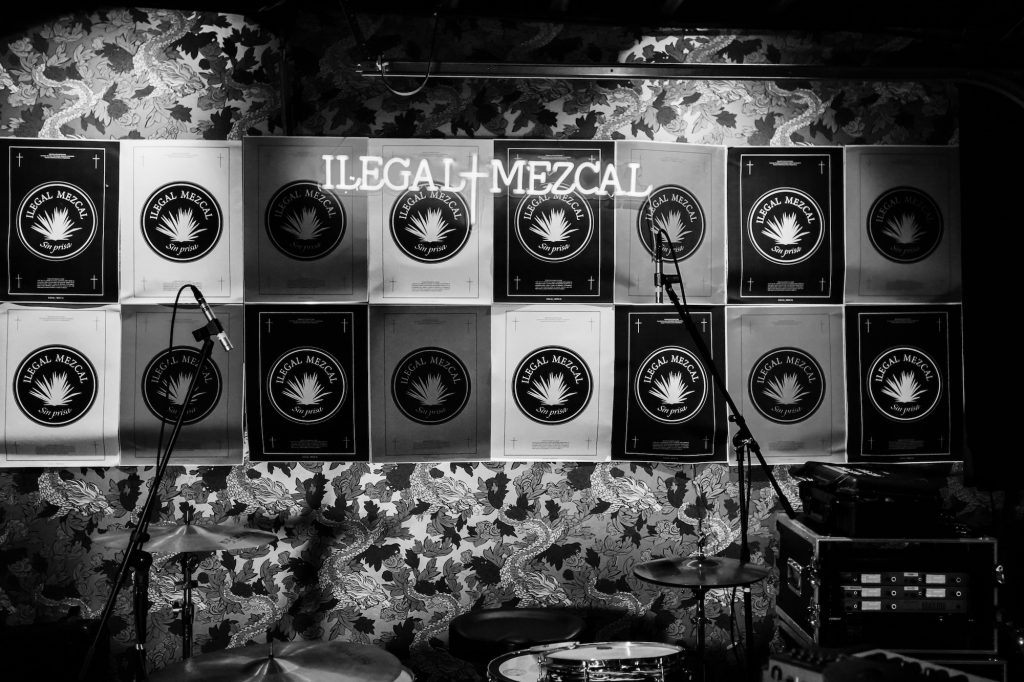
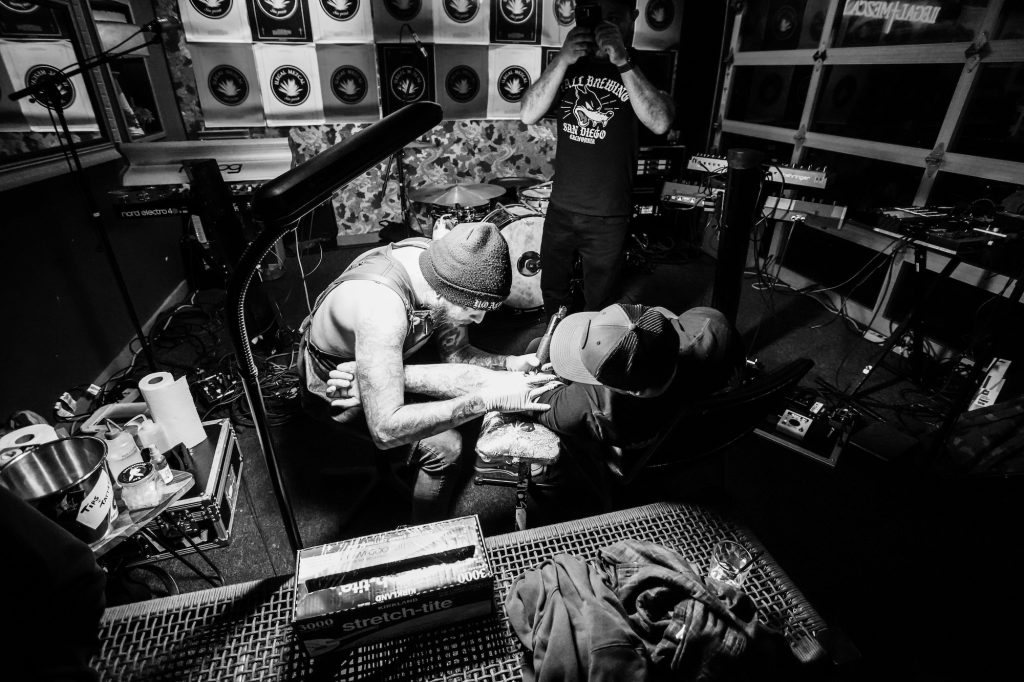
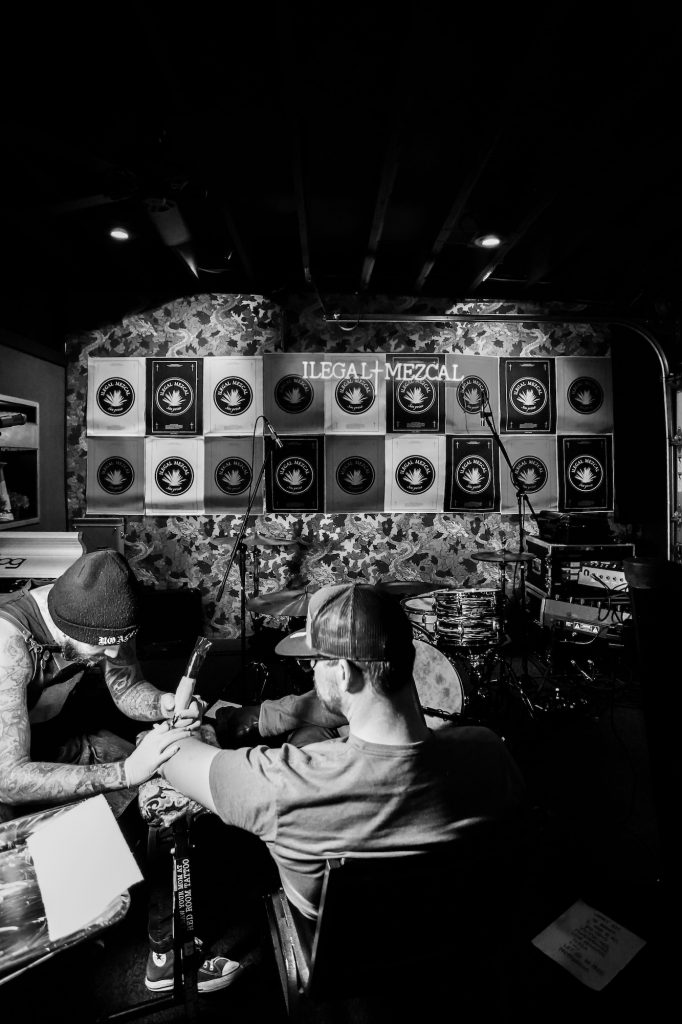
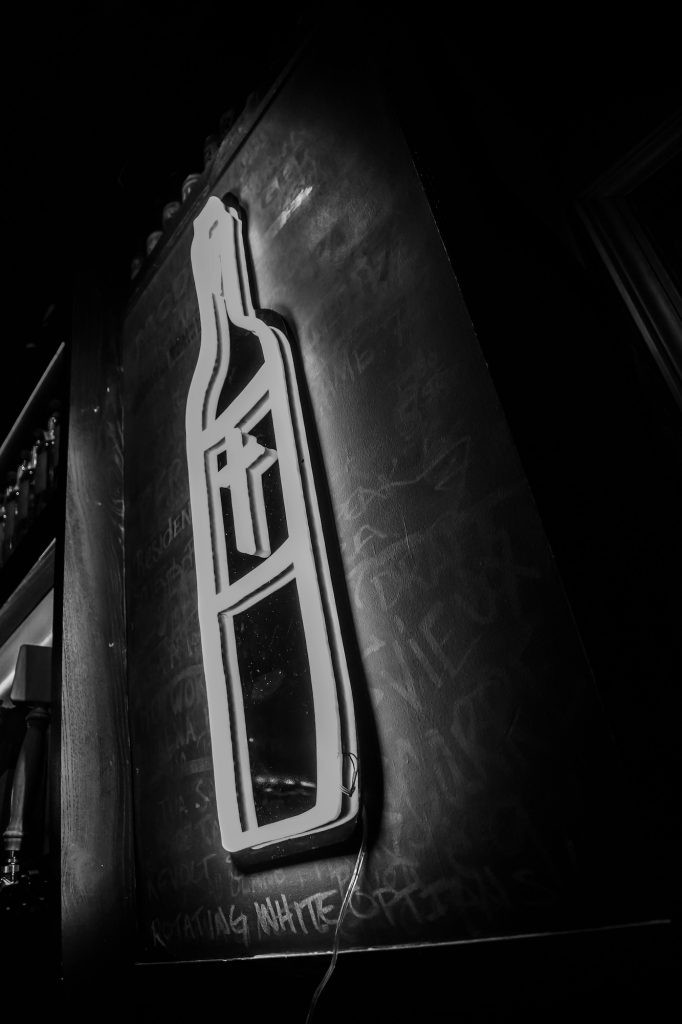
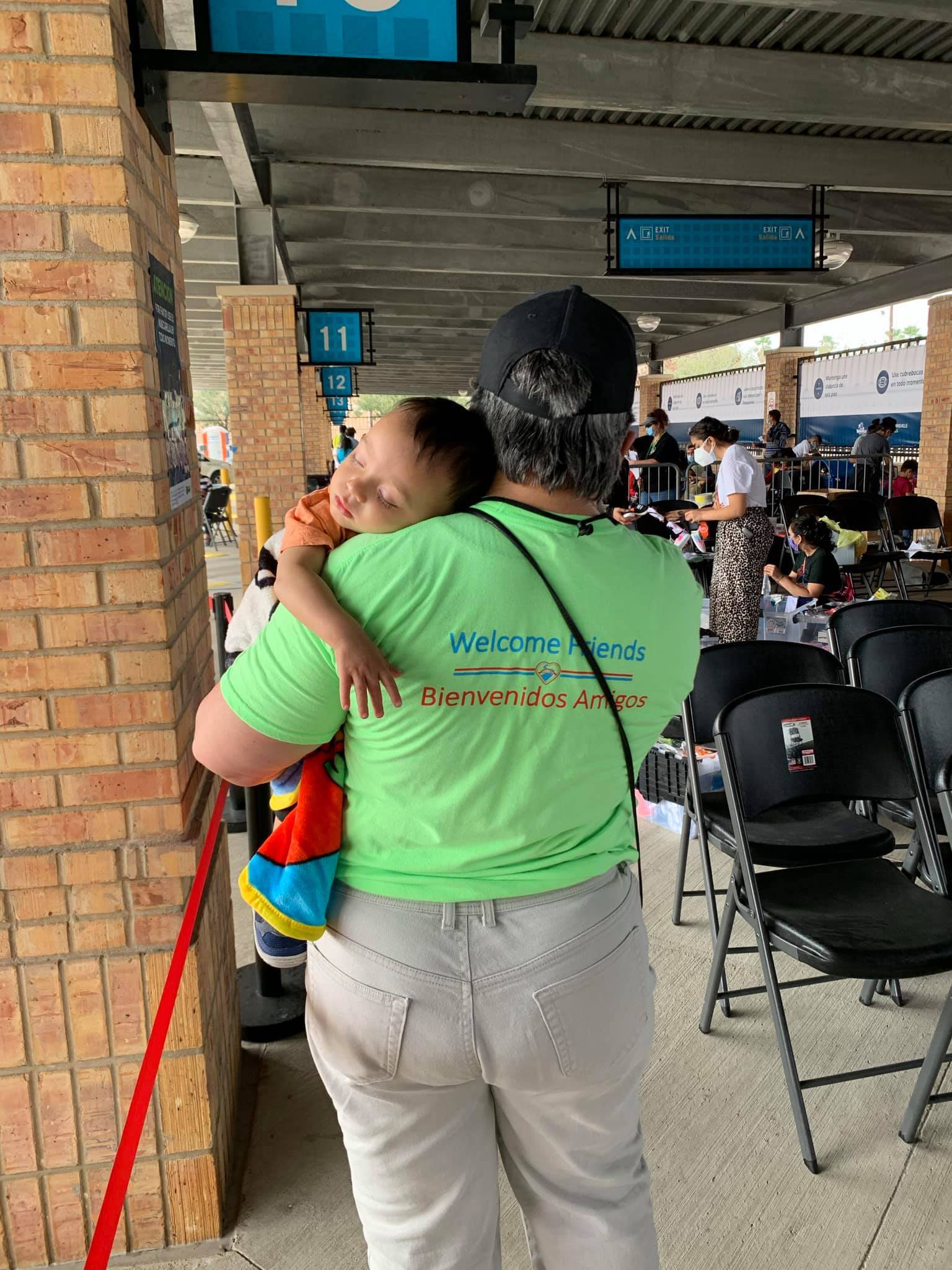
Como muchos antes que él, Alberto dejó atrás su patria y se dirigió a los Estados Unidos. El camino hacia la frontera de Estados Unidos fue difícil para el venezolano. La comida escaseaba e incluso fue secuestrado por coyotes quienes le pidieron un rescate a su familia. Su primer alivio se presentó cuando finalmente llegó a la estación de autobuses de Brownsville y fue recibido por Sergio Córdova, líder del programa y uno de los fundadores del Team Brownsville.
Team Brownsville es una organización sin fines de lucro que ayuda a familias e individuos que buscan asilo legalmente en los Estados Unidos. Sus voluntarios pasan todos los días de 8:30 a.m. a 6:00 p.m. entregando mochilas con kits de higiene, bolsas de refrigerios y mantas a los migrantes recién llegados a la estación de autobuses La Plaza. Según Sergio, la mayoría de los solicitantes de asilo llegan con muy poco dinero y muchos de ellos todavía tienen por delante el último tramo de su viaje hacia sus familiares o patrocinadores, por lo que dependen de los suministros que proporciona Team Brownsville.
La organización inició en el 2018 después de que el gobierno de Donald Trump comenzó a ejecutar su política de separación familiar con la esperanza de disuadir a los migrantes de ir a Estados Unidos. “La separación de los niños provocó tanta emoción”, recuerda Sergio. “Tuvimos una gran marcha para protestar. Miles de personas se presentaron y fue entonces cuando nos dimos cuenta de que había mucha gente que sentía lo mismo que nosotros; que sentía que esa política estaba mal”.
Poco después comenzaron a cruzar la frontera hacia Matamoros, México y descubrieron que habían personas viviendo en el puente y necesitaban recursos para sobrevivir. Rápidamente comenzaron a llevar suministros como agua y alimentos al otro lado de la frontera para los migrantes en el puente. Al principio, le proporcionaban suministros a unas 40 personas, pero ese número eventualmente se elevó a 2,700 solicitantes de asilo. “Básicamente así fue cómo empezó”, recuerda Sergio. “Solo ver la necesidad de la gente, ver el hambre de los niños, ver el agradecimiento en los rostros de estas personas que no tenían nada. Dormían sobre cemento y no tenían nada para comer. Habían dejado atrás el país que conocían y vendieron todo, y Estados Unidos les estaba diciendo que no podían entrar. No tenían nada, ni siquiera un país. Entonces, al ver esa necesidad, en nuestro corazón, sentimos que teníamos que hacer algo “.
Dos años y medio después de que Team Brownsville iniciara sus labores, el gobierno de Joe Biden eliminó el programa de Protocolos de Protección al Migrante (MPP) de la era Trump que había obligado a casi 70,000 solicitantes de asilo a permanecer en México durante sus procedimientos de inmigración. Según Sergio, allá por febrero de este año, el gobierno comenzó a permitir que alrededor de un centenar de personas del campamento cruzaran la frontera legalmente hacia Estados Unidos todos los días hasta que el campamento quedó completamente vacío. “En dos o tres semanas, el campamento desapareció”, explica. “Cuando la gente empezó a llegar a la estación de autobuses, tuvimos que cambiar nuestra misión”. Aunque el Equipo Brownsville continúa apoyando a la comunidad de migrantes en Matamoros, ahora se enfoca principalmente en darle la bienvenida y brindarle apoyo a las familias liberadas por las autoridades en los Estados Unidos en la estación de autobuses La Plaza en Brownsville. Los solicitantes de asilo generalmente llegan a la estación de autobuses de dos maneras. Una es por haber sido liberados de la custodia de la Oficina de Aduanas y Protección Fronteriza (CBP) de EE. UU. tras ser procesados en sus estaciones. La otra es después de ser liberados de uno de los tres centros de detención del Servicio de Control de Aduanas e Inmigración (ICE) en el Valle del Río Grande. “Es un lugar parecido a una prisión”, dice Sergio sobre los centros de detención de ICE, los cuales ha tenido la oportunidad de visitar. Según él, cuando las personas recién liberadas de esos centros de detención llegan a la estación de autobuses La Plaza, suelen estar encadenadas por las manos, la cintura y los pies. “Se están bajando de las camionetas y ves cuando los están desencadenando”, dice. “Los ves pasar de su vida carcelaria a una vida libre de repente”. Ante esto, vale recalcar que, según datos de la Universidad de Syracuse, hasta finales de marzo de 2020, más de seis de cada diez (61,2%) inmigrantes detenidos en los centros de detención civil de ICE nunca han sido ni serán condenados por algún delito.
Los voluntarios del Team Brownsville también ayudan a los migrantes a comprender mejor las paradas de autobús que deberán tomar para cambiar de transporte, explicarles las rutas y hacer mapas detallados que les muestren adónde se dirigen. Su presencia en la estación de autobuses y su ayuda a los solicitantes de asilo es fundamental después del peligroso viaje en el que se arriesgan a ser víctimas de violación, a caer en la trata de personas e incluso a perder la vida. En promedio, Team Brownsville le da la bienvenida a unos 120 migrantes a los Estados Unidos diariamente.
Para Sergio, el trabajo que hace Team Brownsville es bastante personal. Como hijo de una inmigrante, se considera muy privilegiado por haber nacido en Estados Unidos. “Tengo mucha suerte de haber nacido de este lado”, concluye. “Podría ser una de esas personas en las caravanas. Todos somos humanos y todos tenemos las mismas necesidades. Todos sentimos hambre, dolor y sufrimiento. El lugar donde naciste no debería definirnos. ¿Qué pasaría si yo hubiese nacido en otro país? ¿Será que alguien estaría ahí para mí si estuviera corriendo por mi vida? ¿Alguien estaría ahí si tuviera hambre y tratara de salvar a mi hijo? ¿Qué pasaría si los zapatos estuvieran en los pies de otra persona? ¿Qué si fuese yo quien necesita la ayuda? Por eso hacemos esto “.
Si deseas obtener más información sobre Team Brownsville y las formas en que puedes apoyarlos, puede visitar su página web en www.teambrownsville.org.
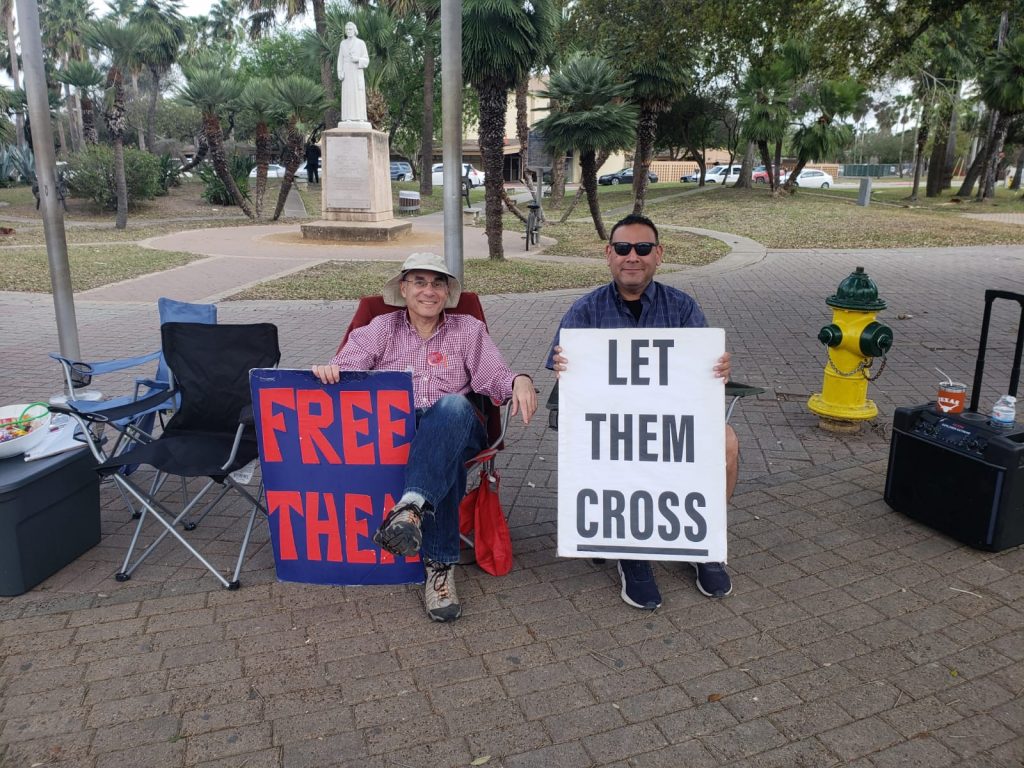
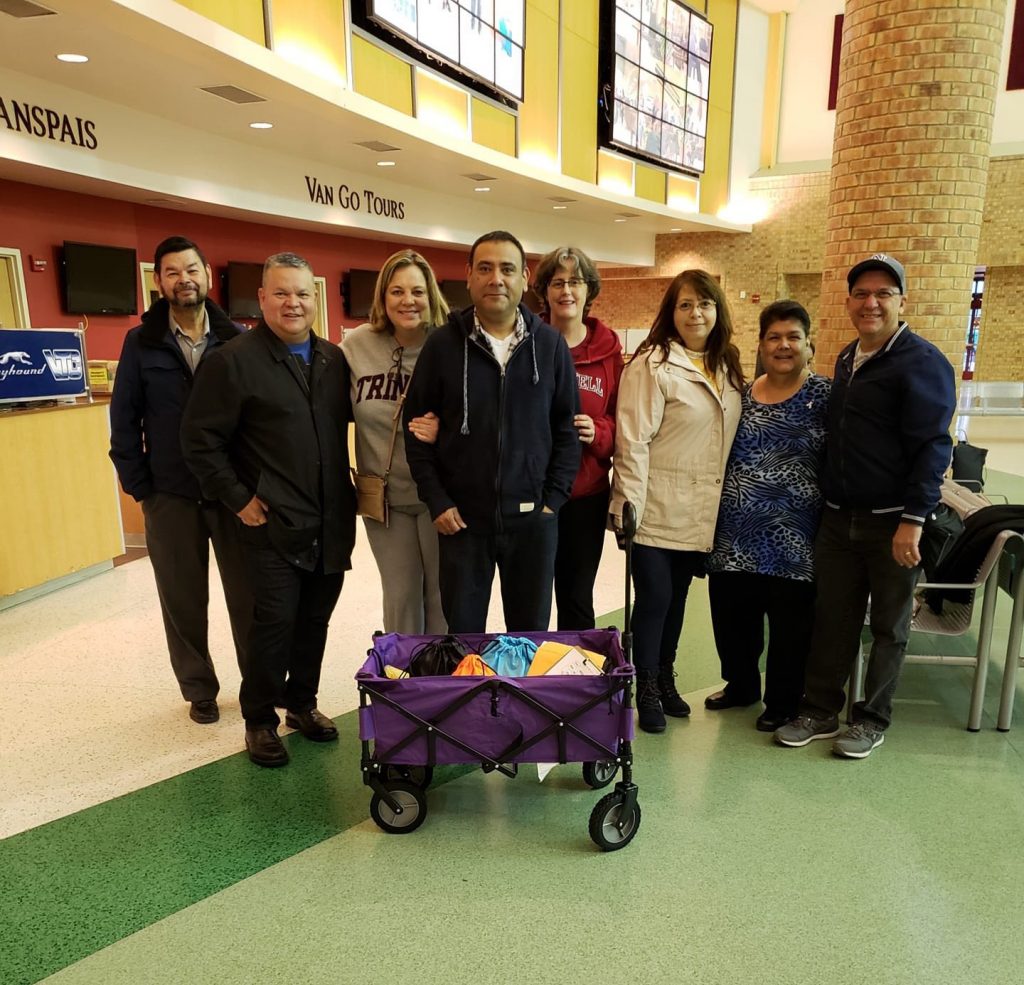
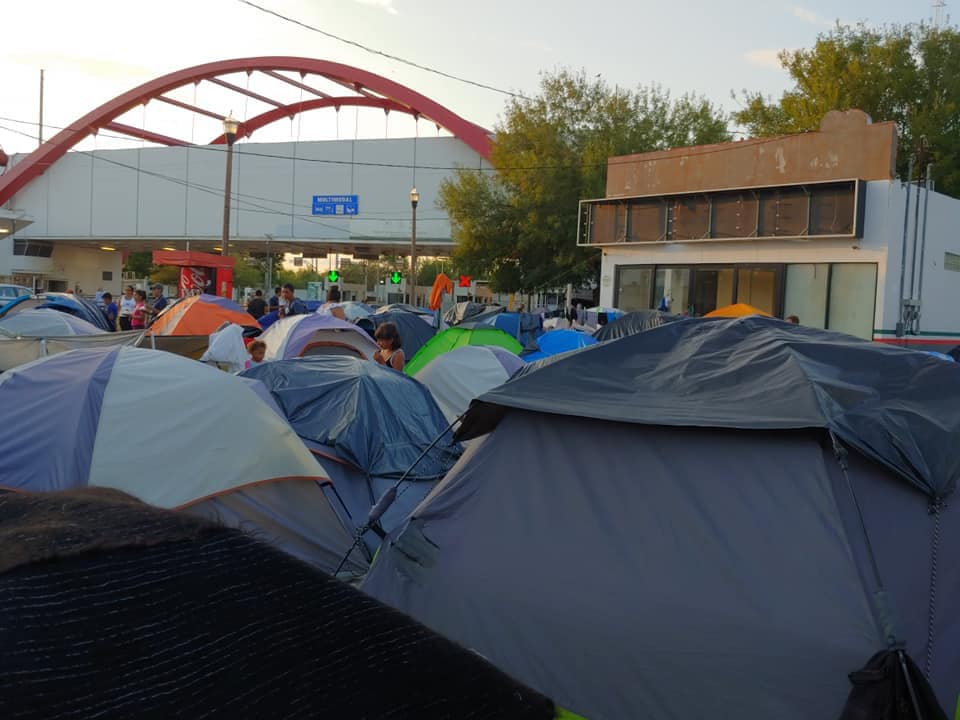
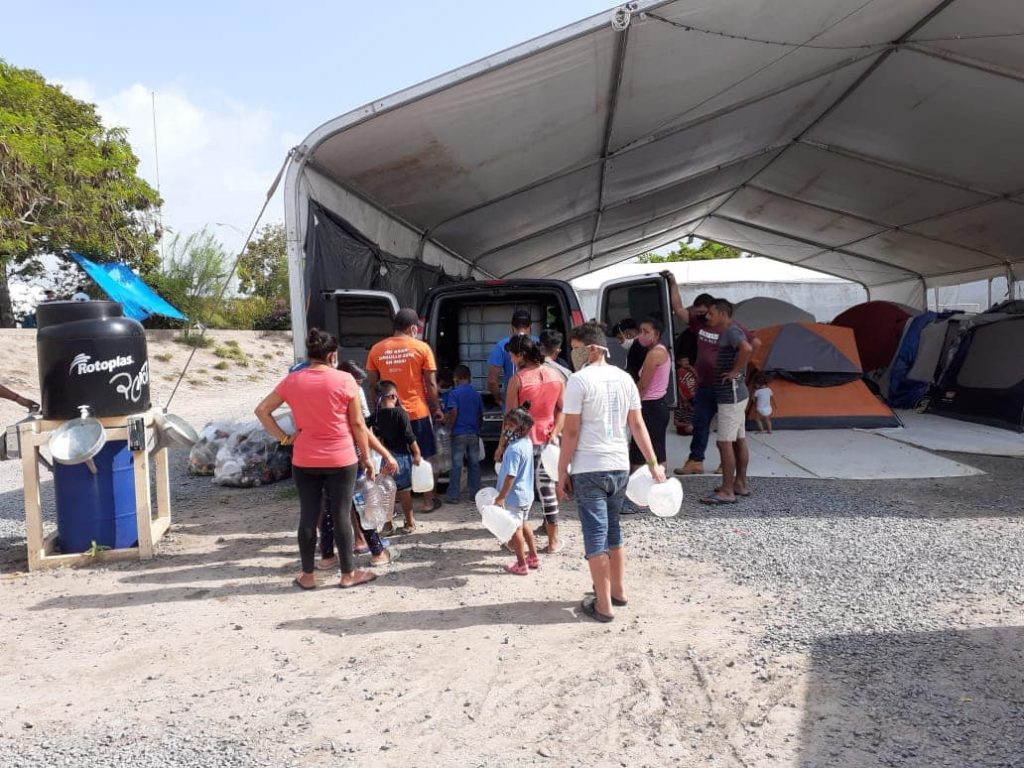
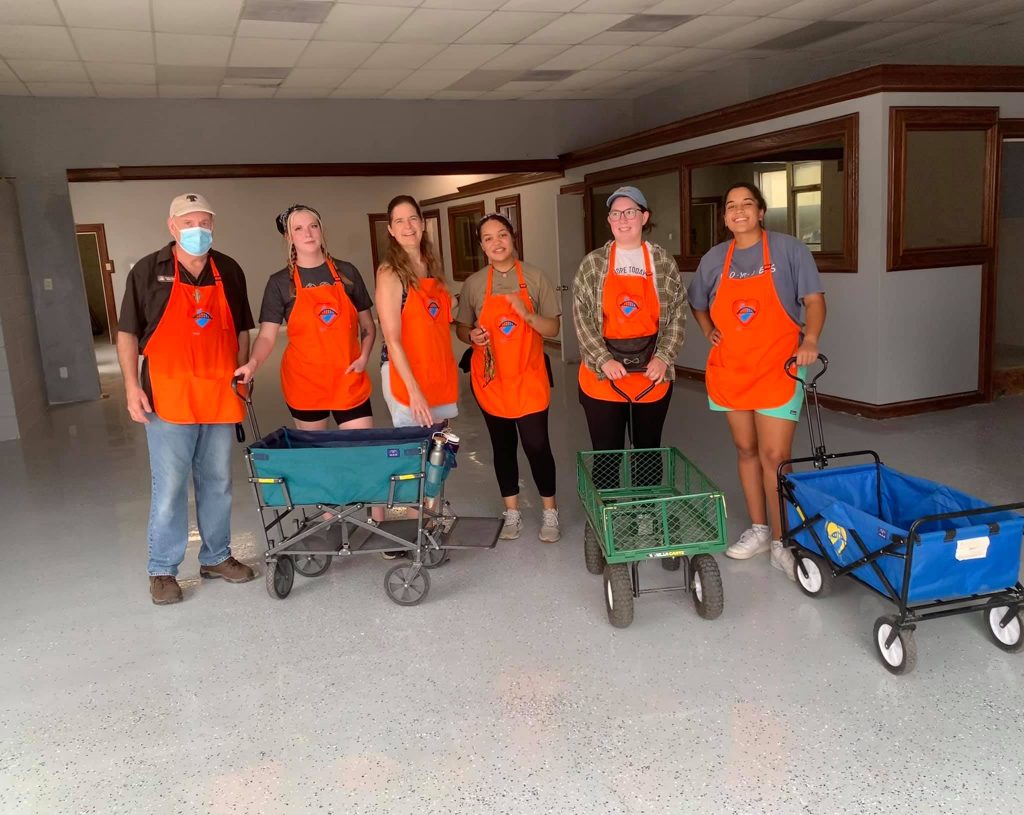
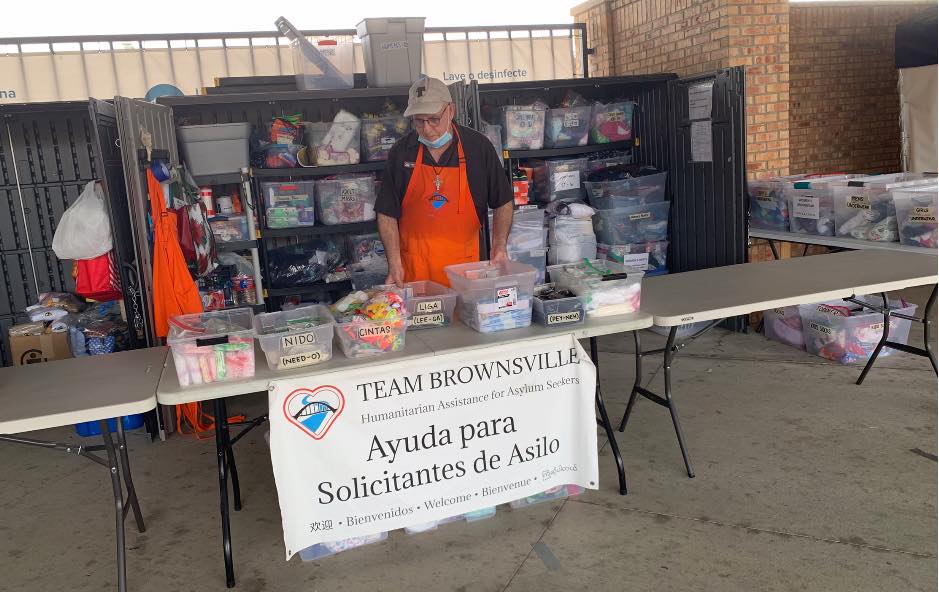
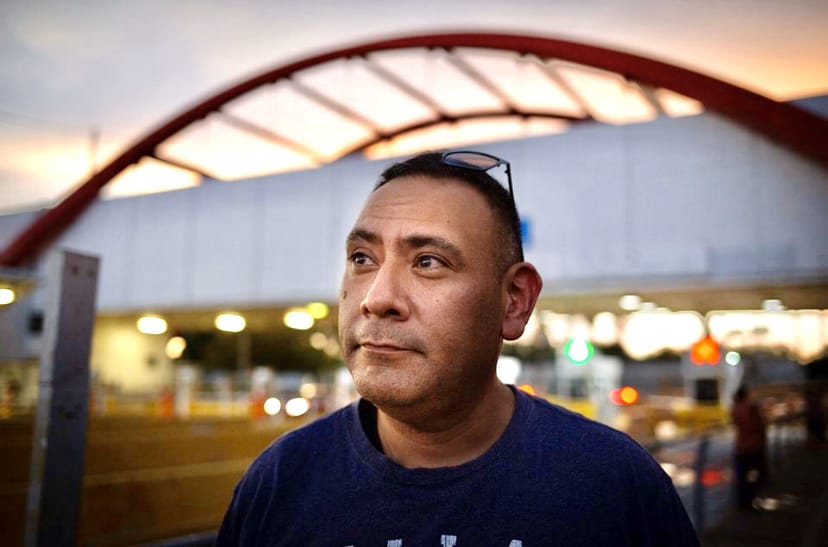

Like many before him, he left his nation behind and headed to the United States. The road to the U.S. border was difficult for Alberto. Food was scarce, and he was even held for ransom at one point during his journey. His first respite came once he finally arrived at the Brownsville bus station and was greeted by Sergio Córdova, a program leader and one of the founders of Team Brownsville.
Team Brownsville is a nonprofit that assists families and individuals legally seeking asylum in the United States. Their volunteers spend every day from 8:30AM to 6:00PM handing out backpacks with hygiene kits, snack bags, and a blanket to newly-arrived migrants at the La Plaza bus station. According to Sergio, most asylum-seekers have little to no money on them, and a lot of them still have the last leg of their journey towards their family members or sponsors ahead of them, so they rely on the supplies that Team Brownsville provides.
The organization first came together in 2018 after the Trump administration began enacting its family separation policy, hoping that it would deter migrants from coming to the United States. “The Separation of children sparked so much emotion,” recalls Sergio. “We had a big march to protest it. Thousands of people showed up, and that’s when we realized that there were so many people who felt the same way as us, that felt like this policy was wrong.”
Shortly after, they began crossing the border into Matamoros, Mexico and discovered people living on the bridge in need of resources. They quickly started taking supplies like water and food over the border. At first, they were providing for about 40 people, but that number eventually rose to 2,700 asylum-seekers. “That’s basically how it started,” Sergio remembers. “Just seeing the need of the people, seeing the hunger of children, seeing the thankfulness in the faces of these people that had nothing. They were sleeping on concrete, and they had nothing to eat. They had left behind the country they knew and sold everything, and the U.S. was telling them they couldn’t come in. They had nothing, not even a country. So, seeing that need in your heart, we felt like we had to do something.”
Several years after Team Brownsville started, the Biden administration did away with the Trump-era Migrant Protection Protocols program (MPP), which had forced nearly 70,000 asylum-seekers to remain in Mexico during their immigration proceedings. According to Sergio, back in February of this year, the government began to allow about a hundred people from the camp to cross the border legally into the United States every day until it was completely empty. “In two or three weeks, the camp was gone,” he explains. “When people started arriving at the bus station, we had to shift our mission.” Though Team Brownsville continues to support the asylum-seeker community in Matamoros, they now mainly focus on welcoming and supporting the families released by the authorities into the United States at La Plaza Bus Station in Brownsville. Asylum-seekers arrive at the bus station through two paths. One is from being released from U.S. Customs and Border Protection custody after being processed at their stations. The other is after being freed from one of the three Immigration Customs Enforcement (ICE) detention centers in the Rio Grande Valley. “It’s a prison-like place,” Sergio says of the ICE detention centers, which he was able to visit at some point. According to Sergio, when people who were just released from those detention centers arrive at La Plaza bus station, they are shackled by their hands, waist, and feet. “They’re getting off the vans, and you see them being unshackled,” he says. “You see them go from their prison life to a free life all of a sudden.” According to data from Syracuse University, at the end of March 2020, more than six out of ten (61.2%) immigrants held in ICE’s civil detention centers have never been convicted of a crime.
Team Brownsville’s volunteers also assist migrants to better understand their bus changes by explaining the routes and making detailed maps showing them where they’re going. Their presence at the bus station and their help to asylum-seekers is crucial following the perilous journey in which they risk subjecting themselves to rape, human trafficking, and even losing their lives. On average, they welcome about 120 migrants into the United States daily.
For Sergio, the work Team Brownsville does is very personal. As the son of an immigrant, he considers himself highly privileged for having been born in the United States. “I am extremely lucky that I was born on this side,” he concludes. “I could be one of those people in the caravans. We are all human, and we all have the same needs. We all feel hunger and pain, and suffering. Where you were born shouldn’t define us. What if I had been born in another country? Would someone be there for me if I was running for my life? Would someone be there if I was hungry and trying to save my child? What if the shoes were on somebody else’s feet? What if we were the ones that needed it? This is why we do this.”
If you’d like to learn more about Team Brownsville and the ways in which you can support them, you can visit their webpage at www.teambrownsville.org.







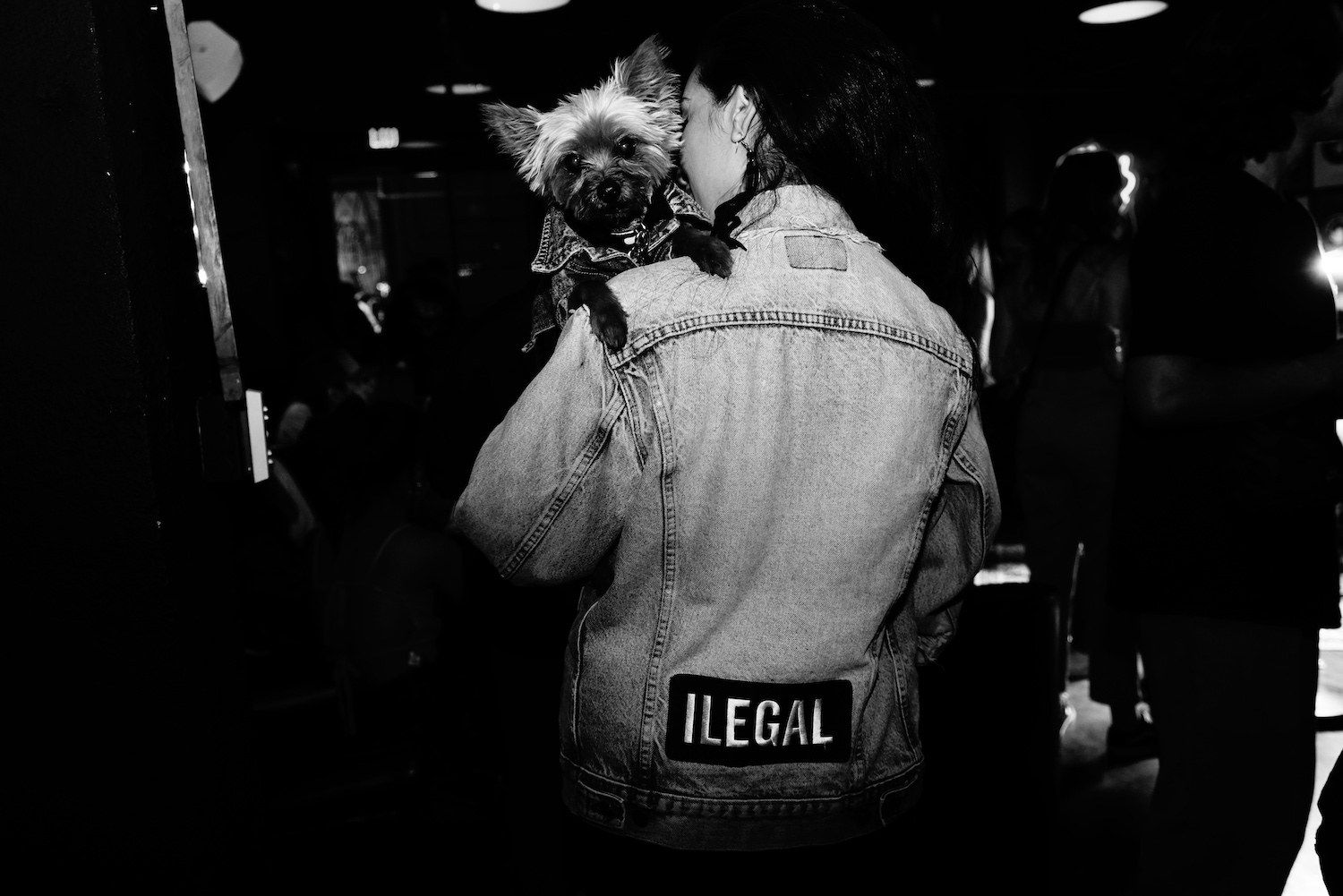
Participating locations are serving the Celebrating YOU cocktail with Ilegal Mezcal, with part of sales going to wayOUT: a non-profit organization that partners with local gender expansive LGBTQ+ programs across the US.
On Sepetember 1, 2021, Arts District Brewing Company hosted our L.A. Celebrating YOU event, raising funds towards wayOUT, and featuring flash tattoos, art, music,. Check out photos by Rene Banuelos from the event in our gallery below!
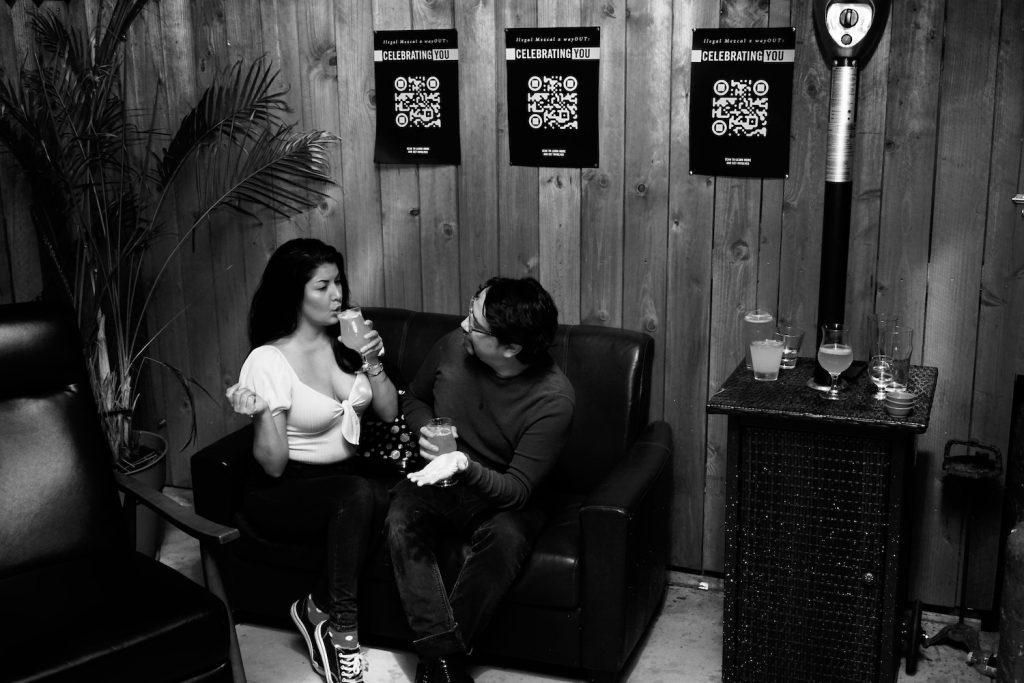
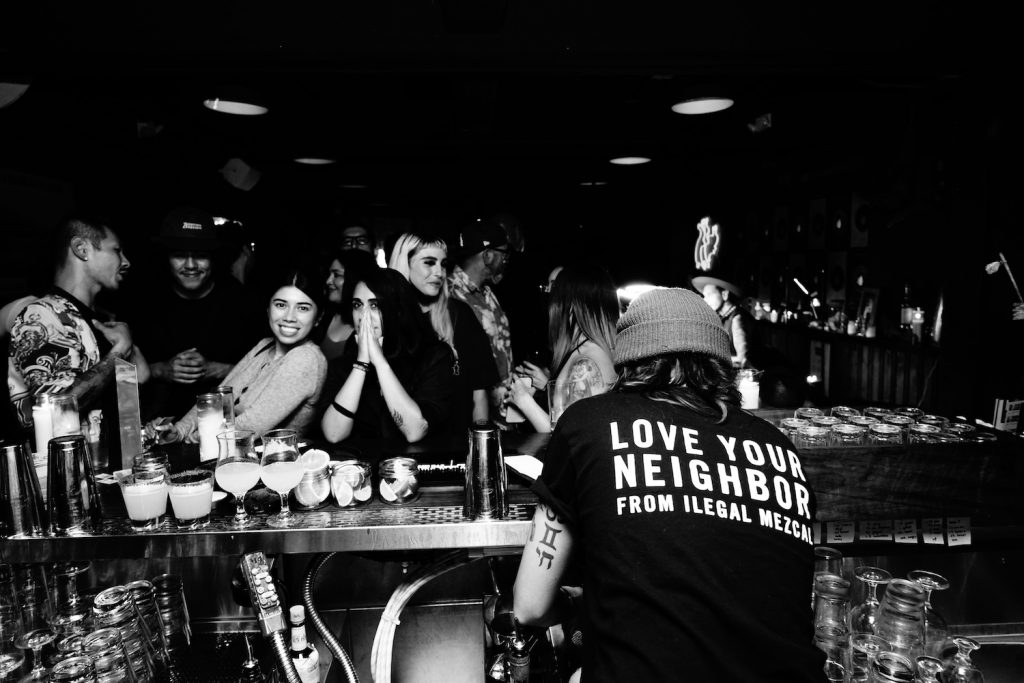
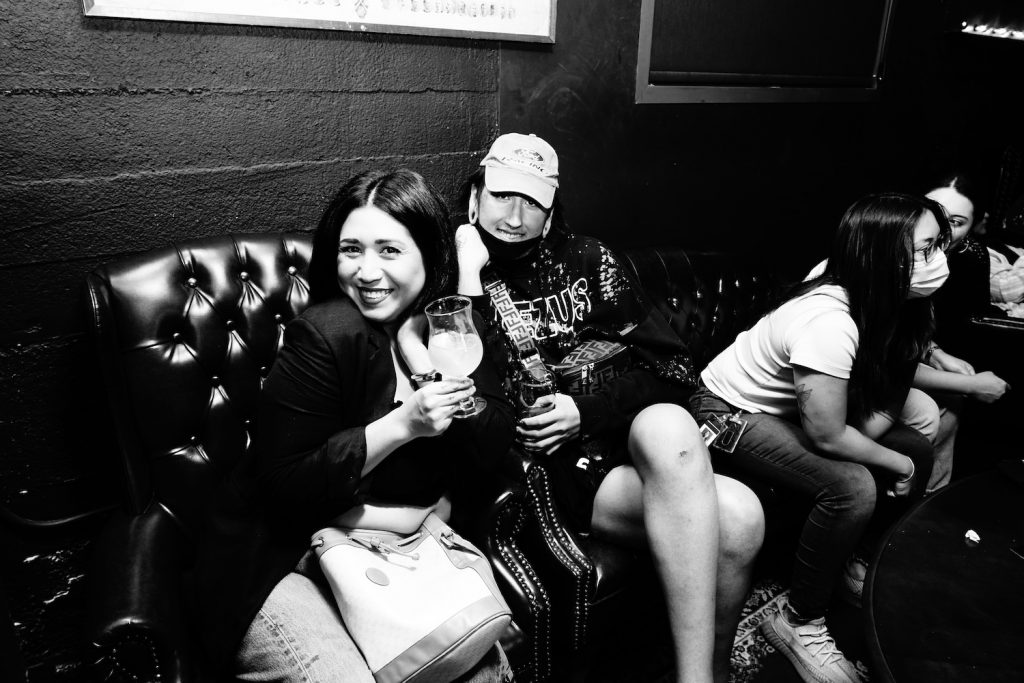
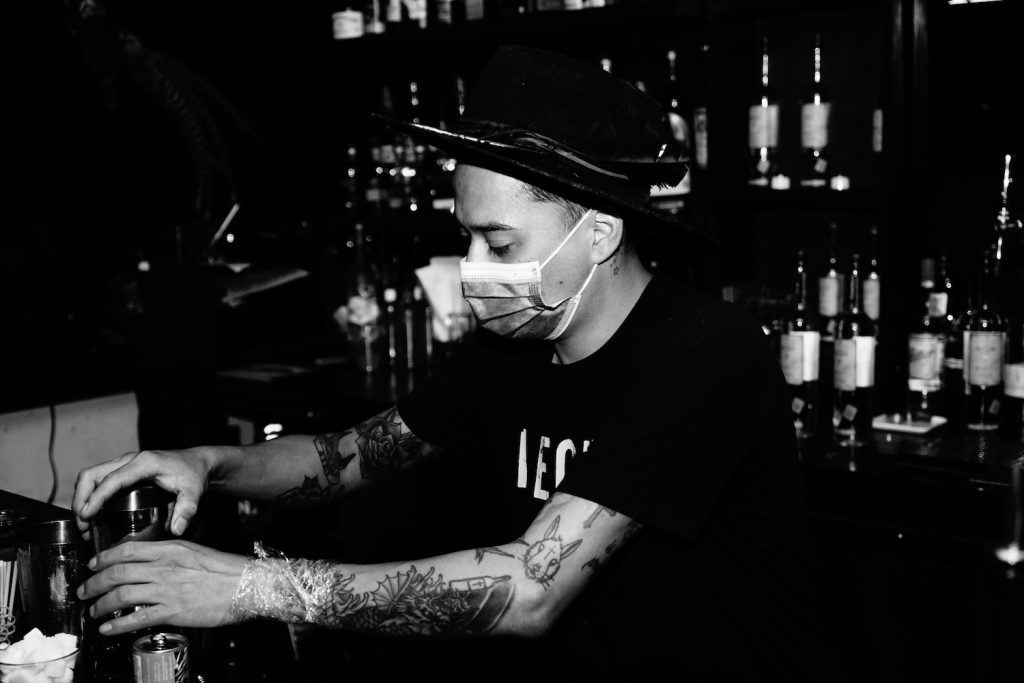
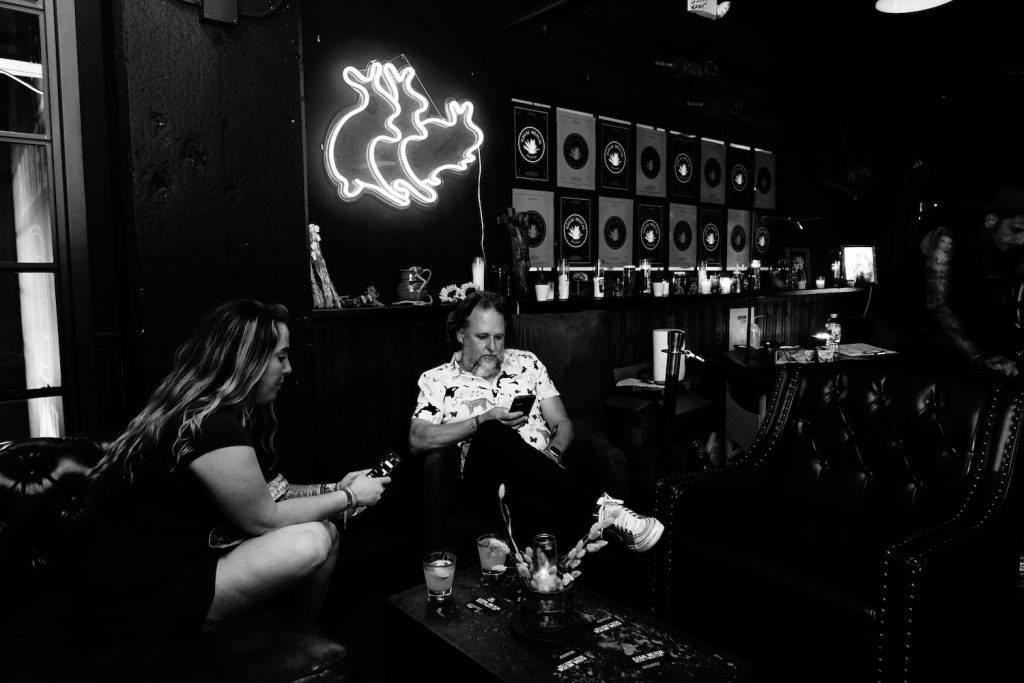
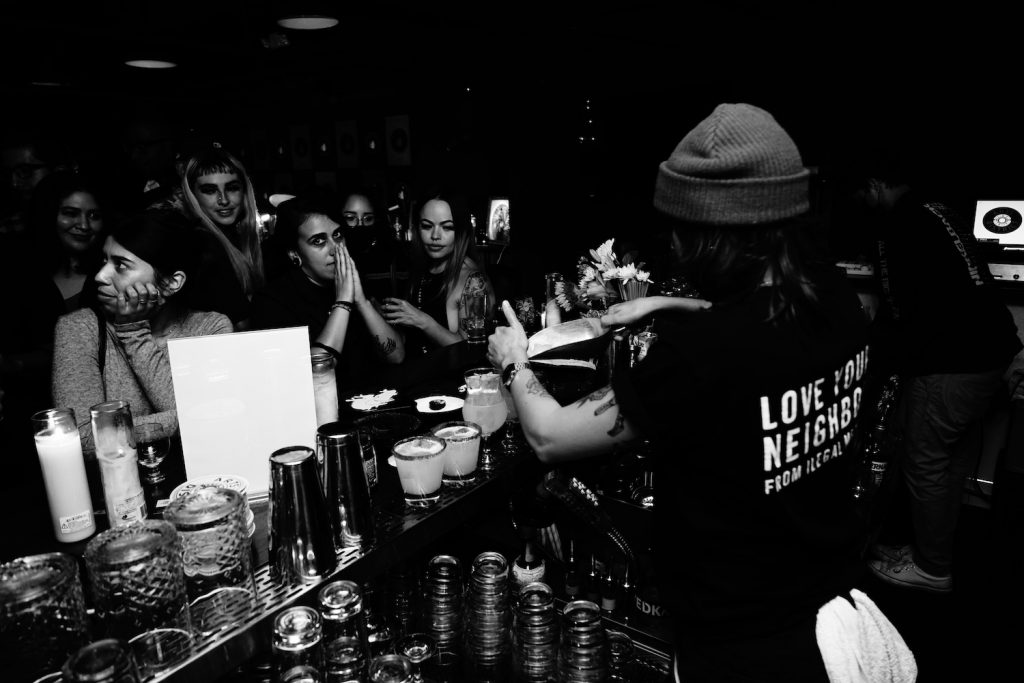
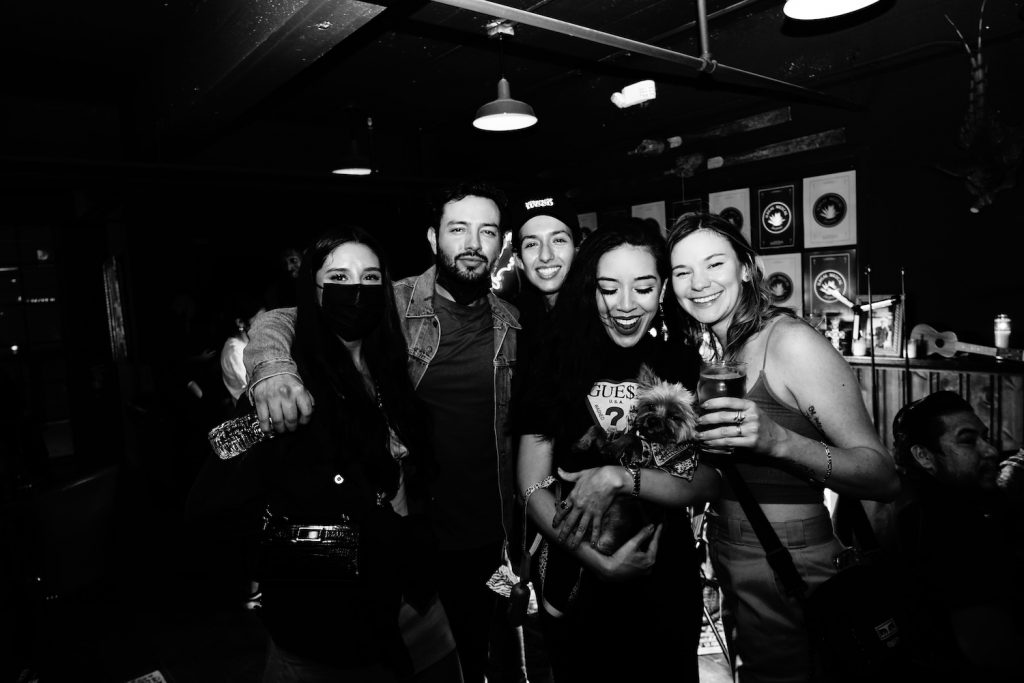
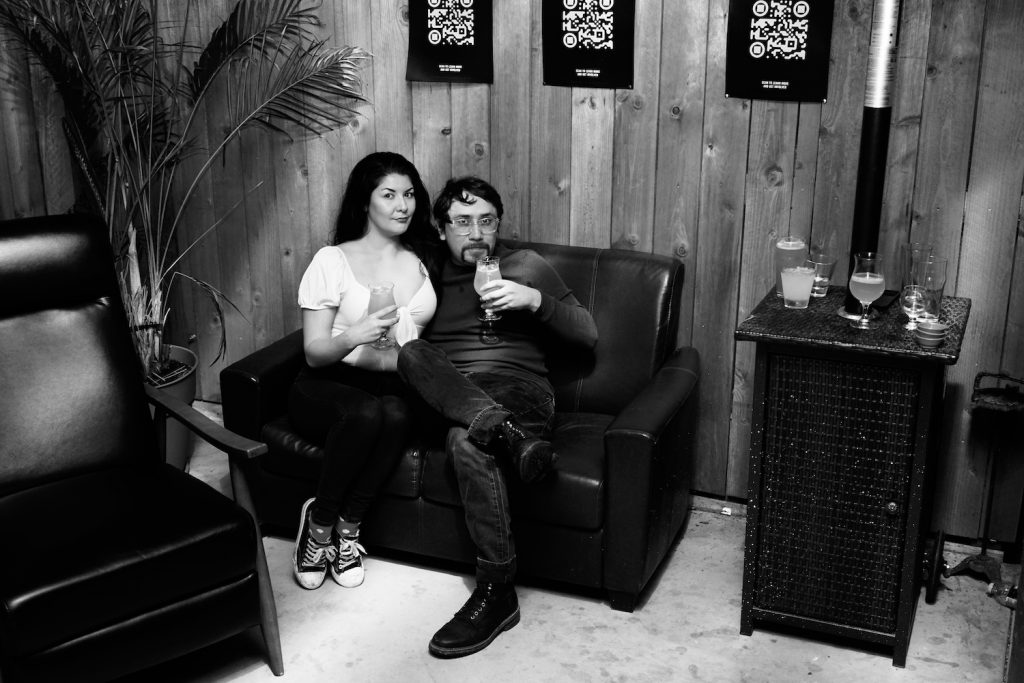
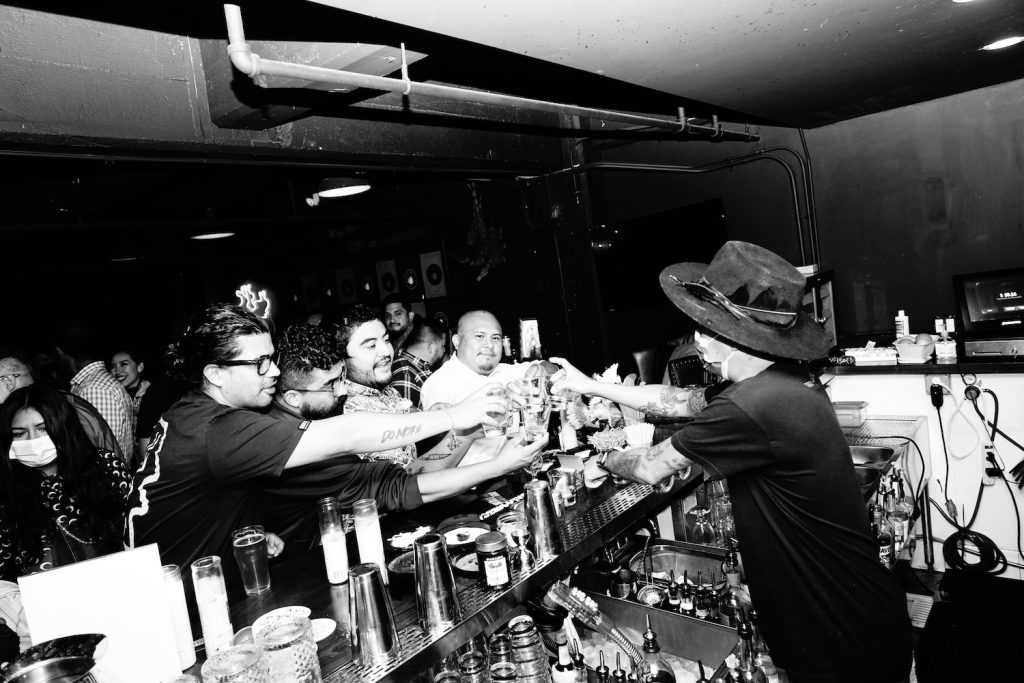
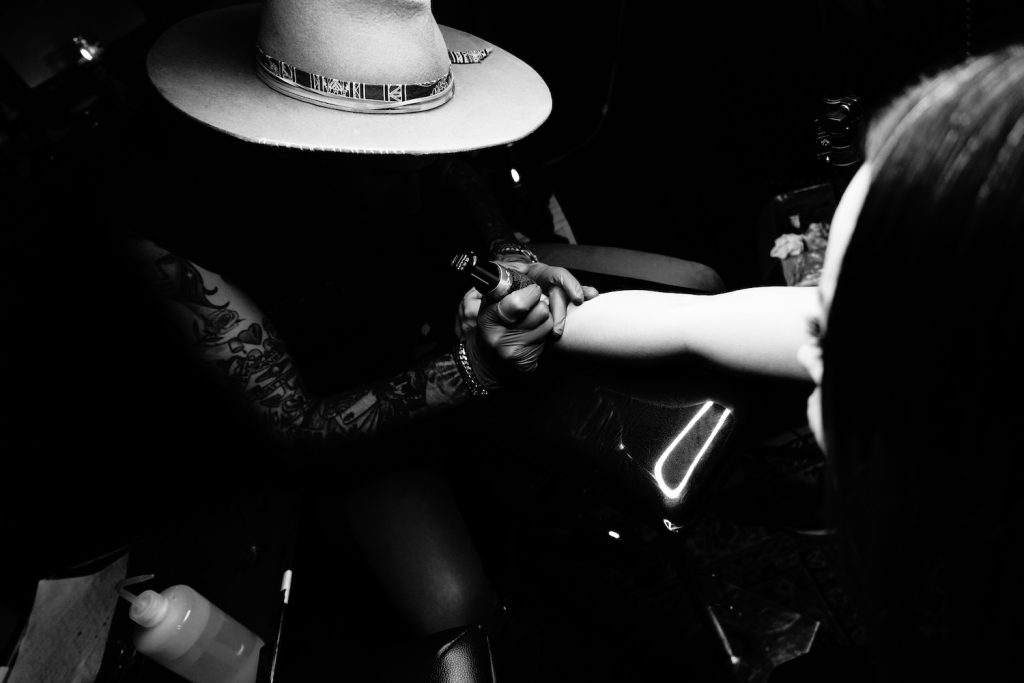
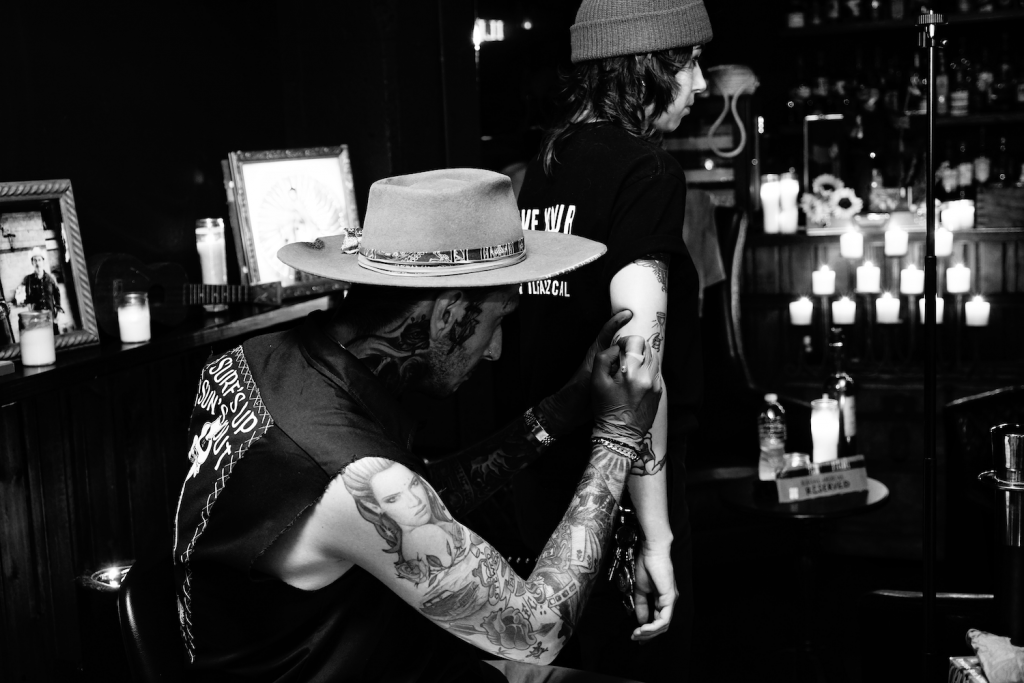
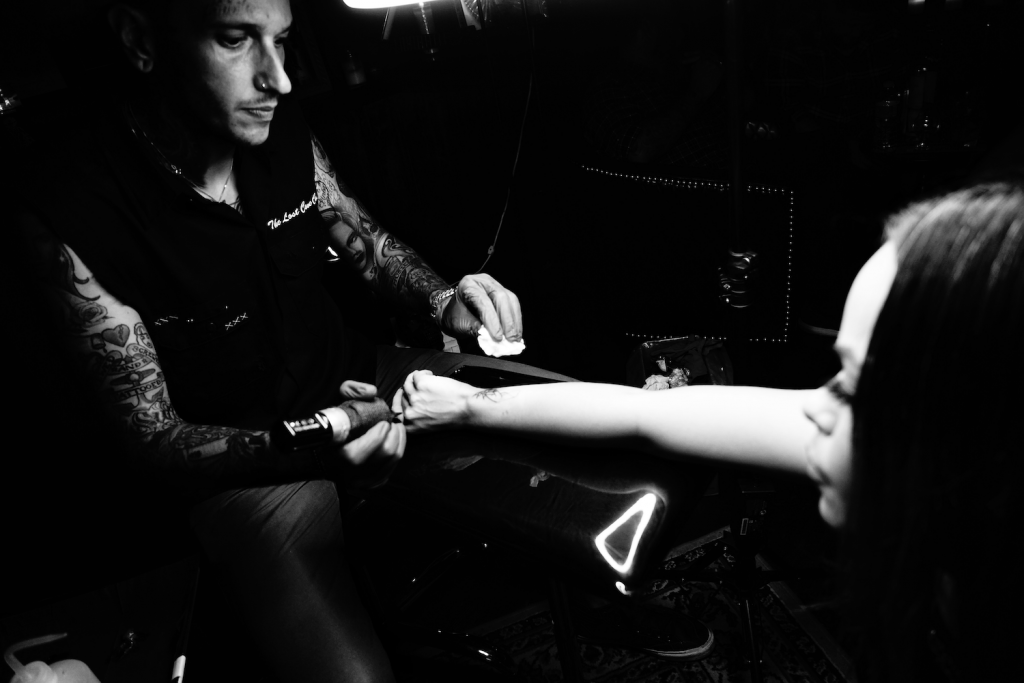
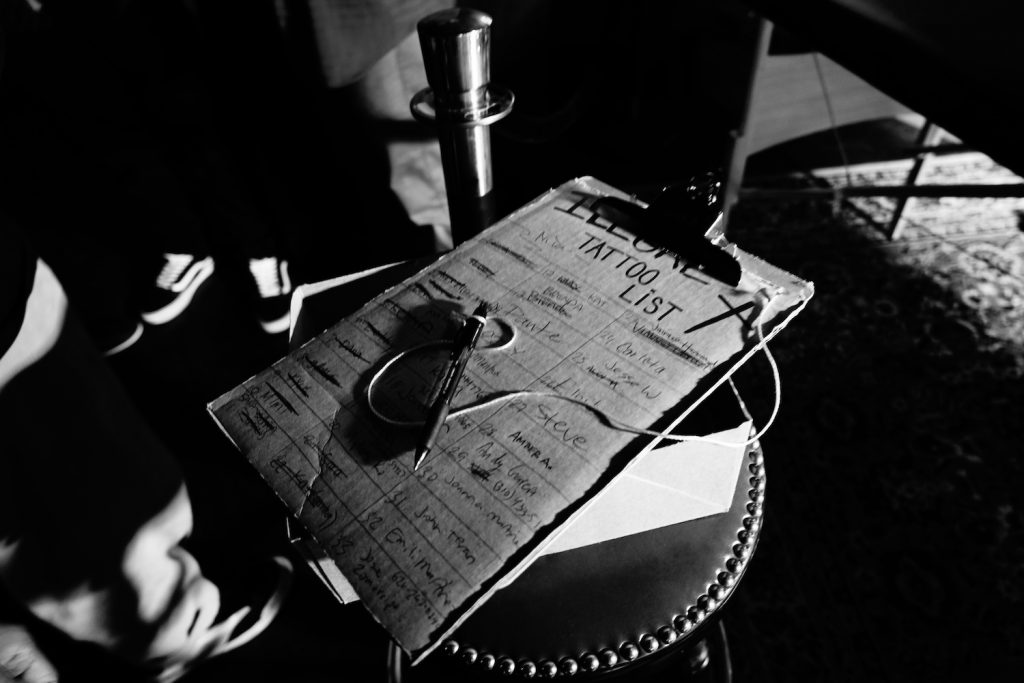
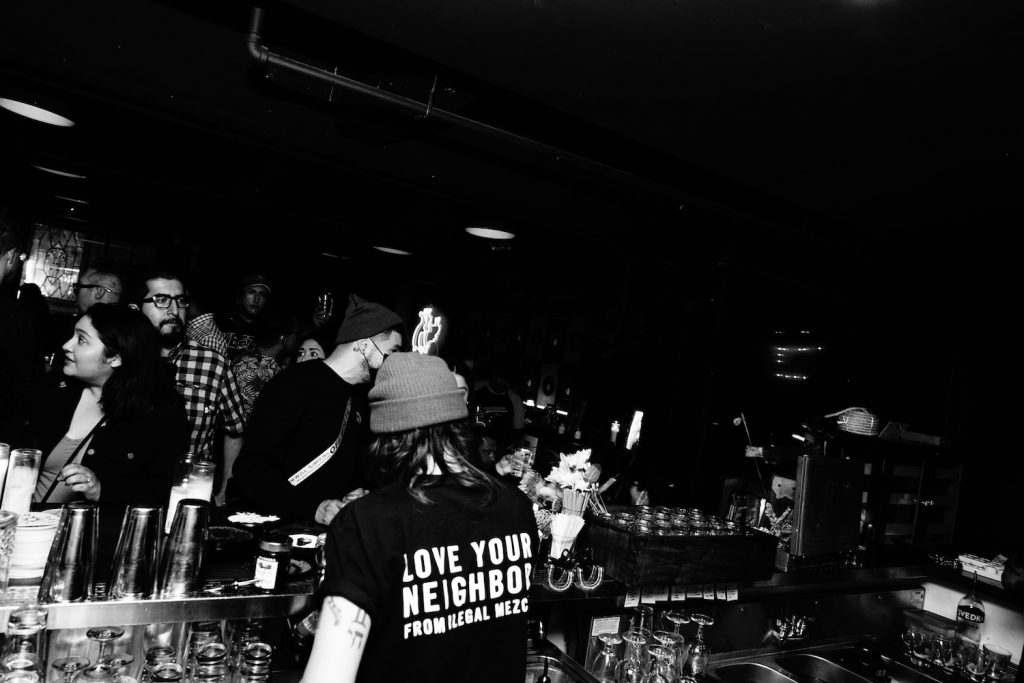
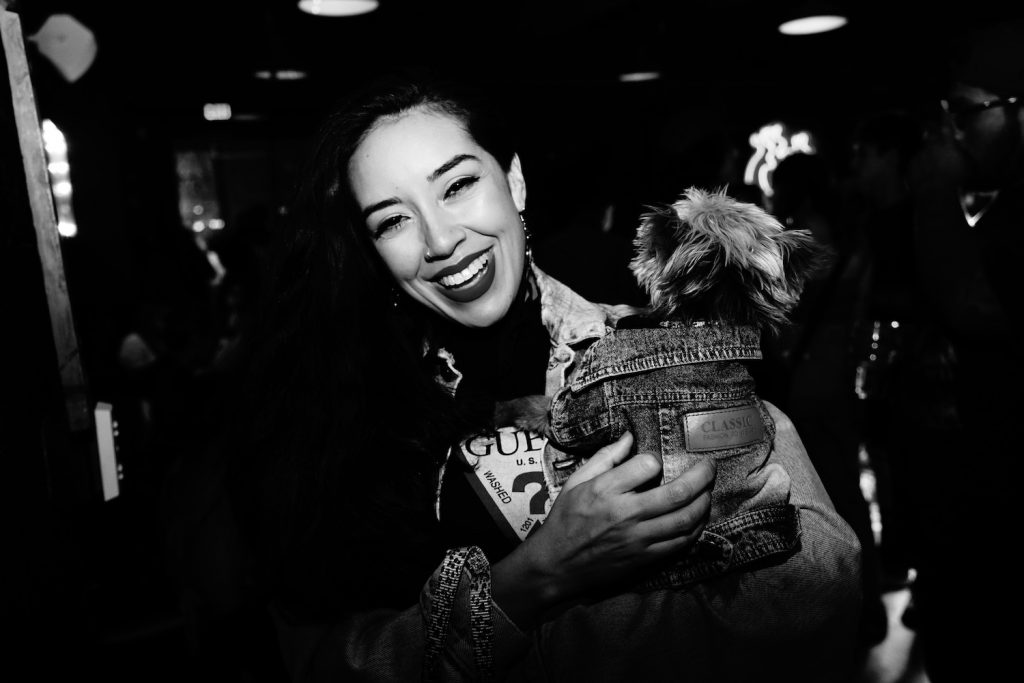
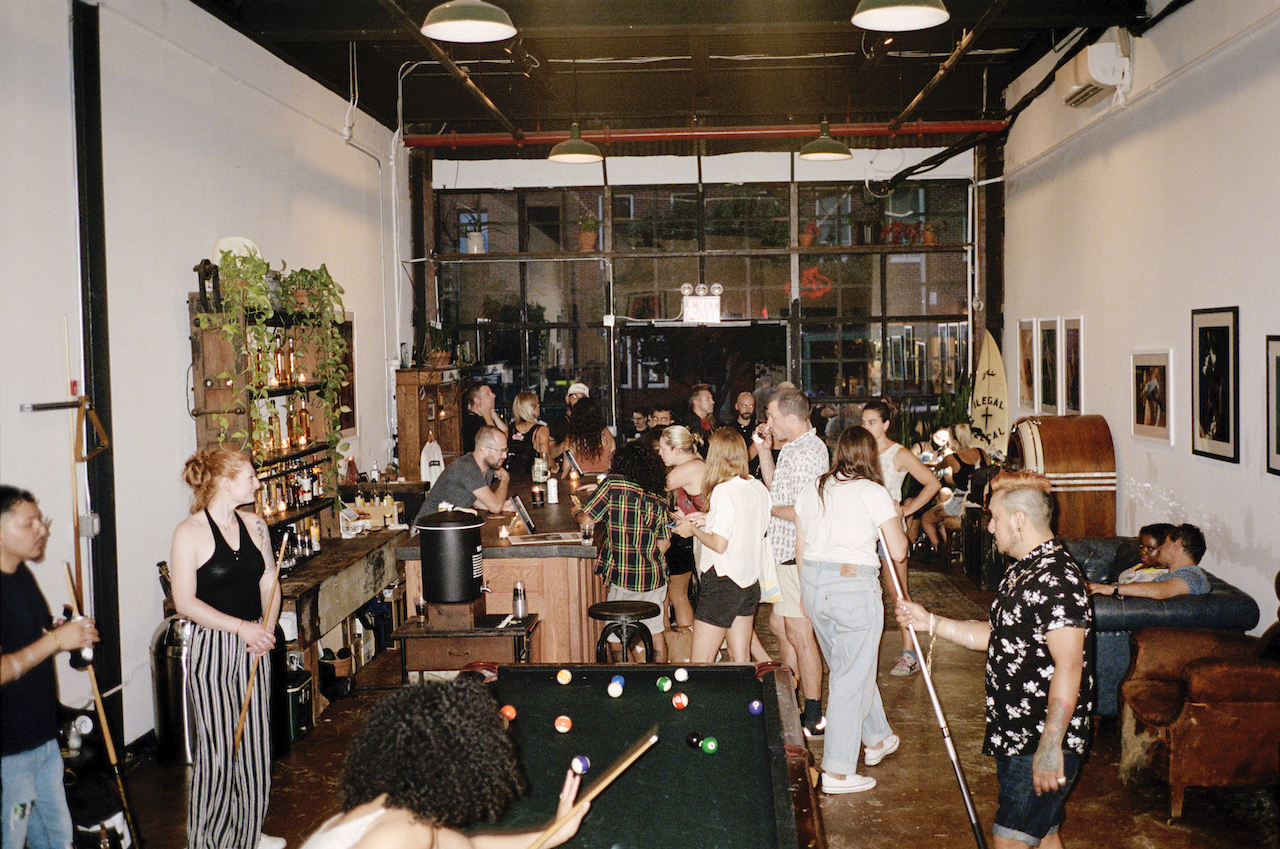
Participating locations are serving the Celebrating YOU cocktail with Ilegal Mezcal, with part of sales going to wayOUT: a non-profit organization that partners with local gender expansive LGBTQ+ programs across the US.
On August 26, 2021, the Ilegal Showroom in Brooklyn hosted our first Celebrating YOU event, raising funds towards wayOUT, and featuring flash tattoos, art, music, portraits, a bake sale, and a raffle. Check out photos by Kadar R. Small from the event in our gallery below!
COMING SOON TO:
Dallas (Postponed)
Los Angeles
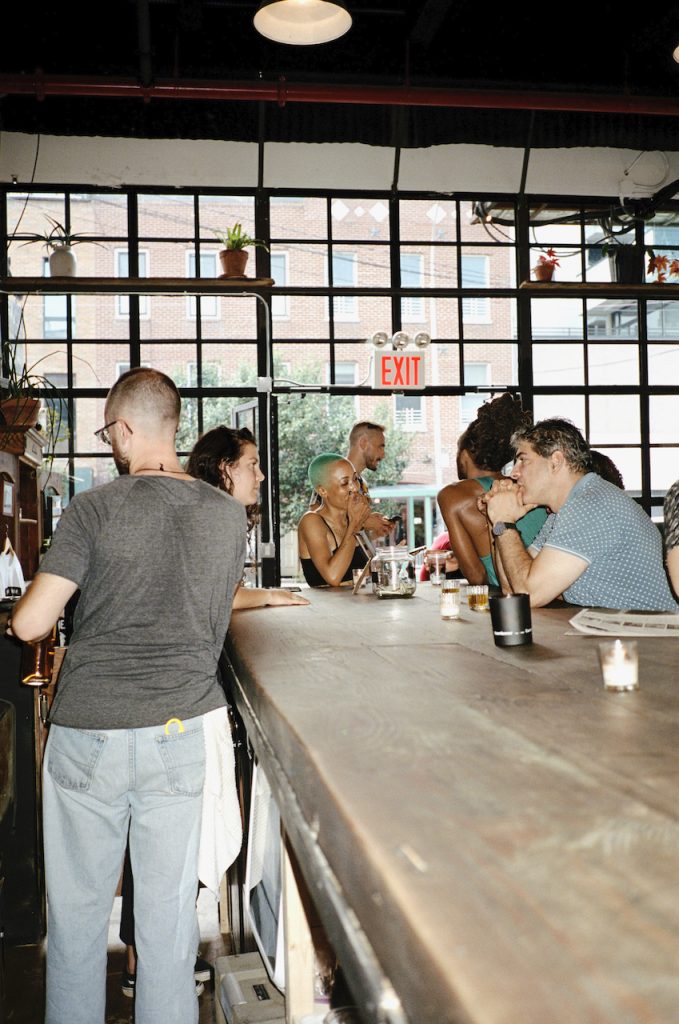
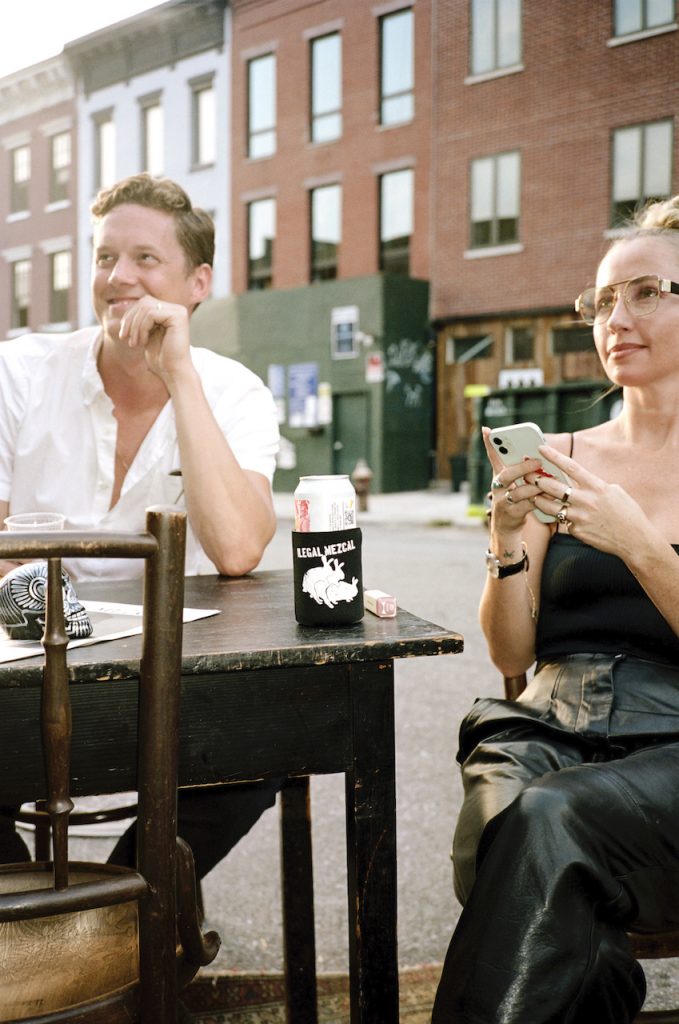
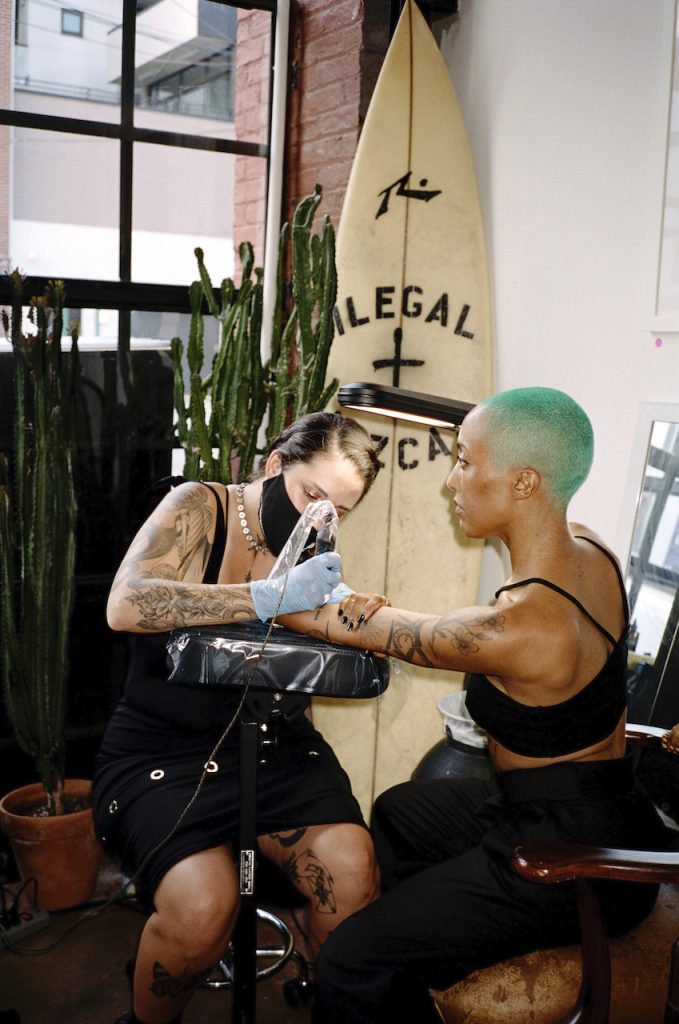
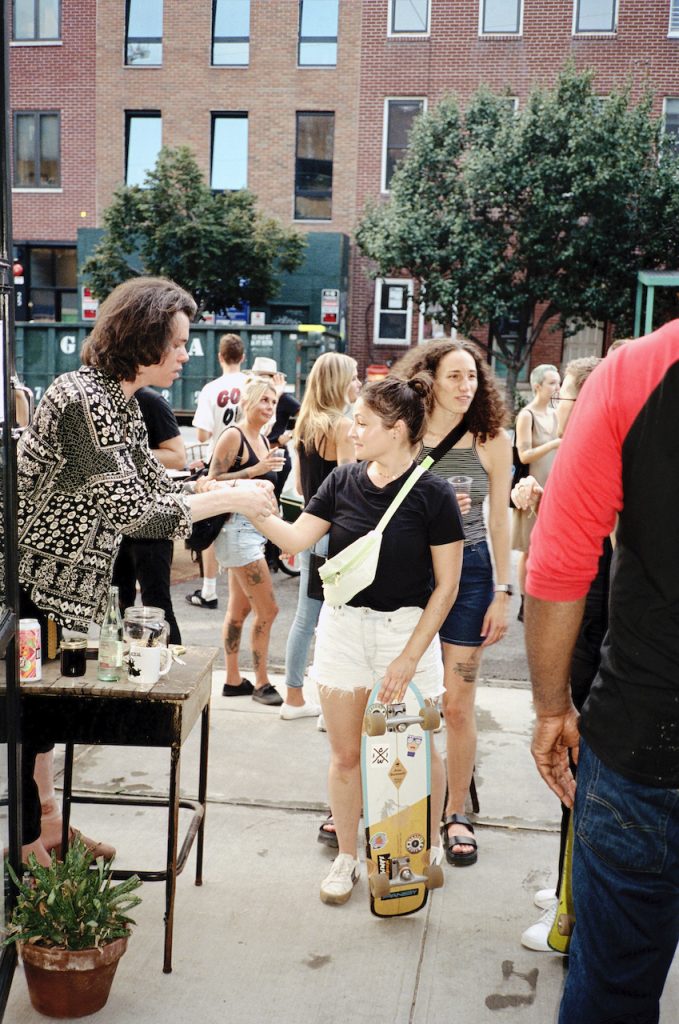
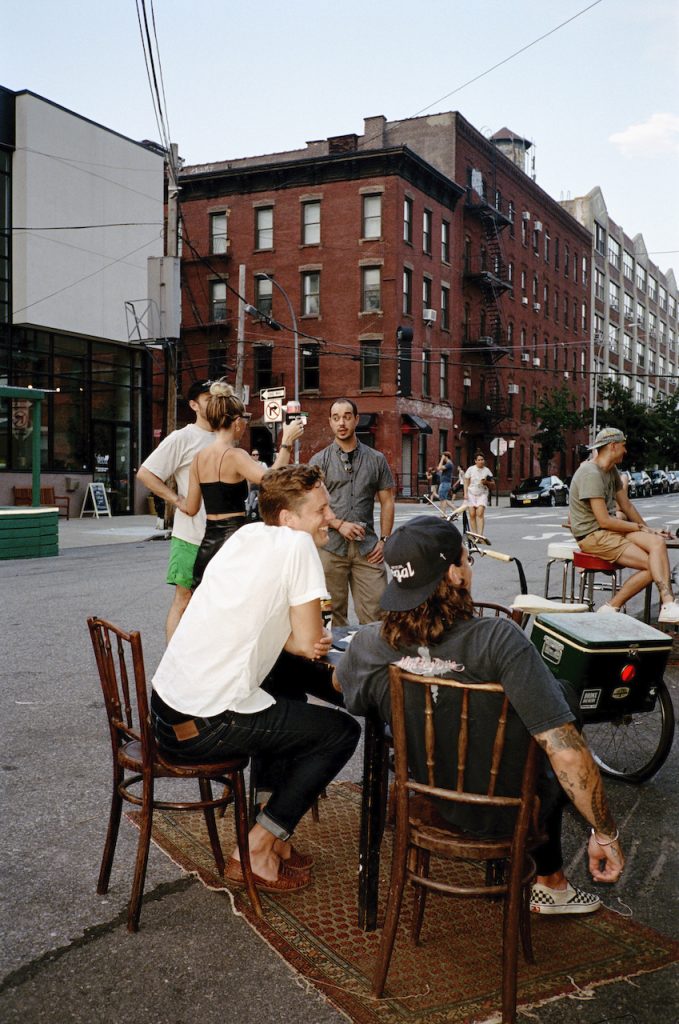
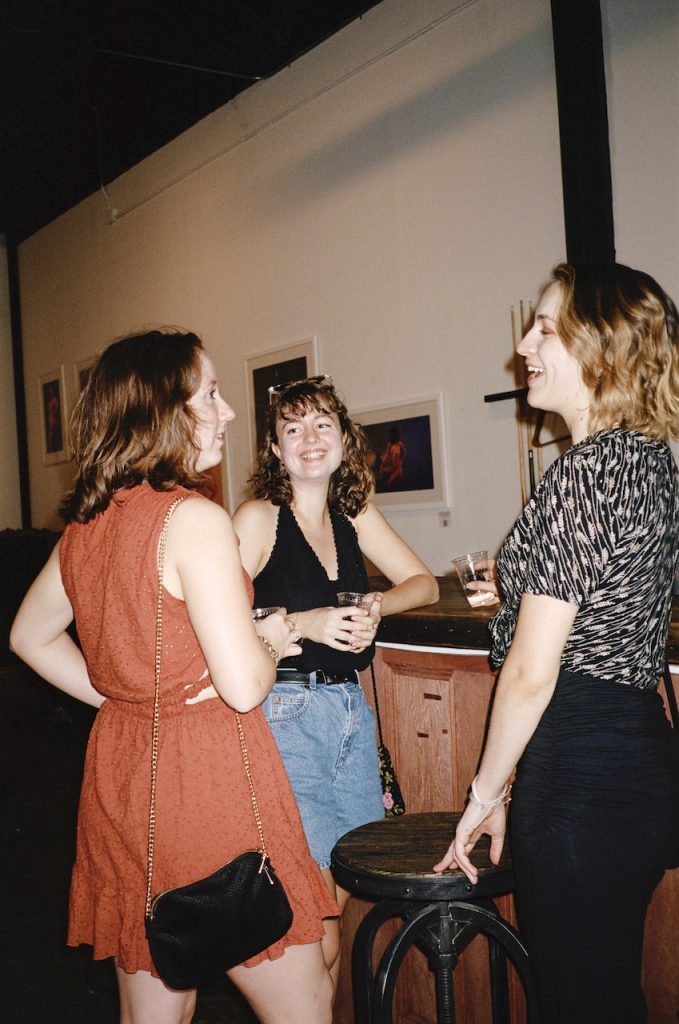
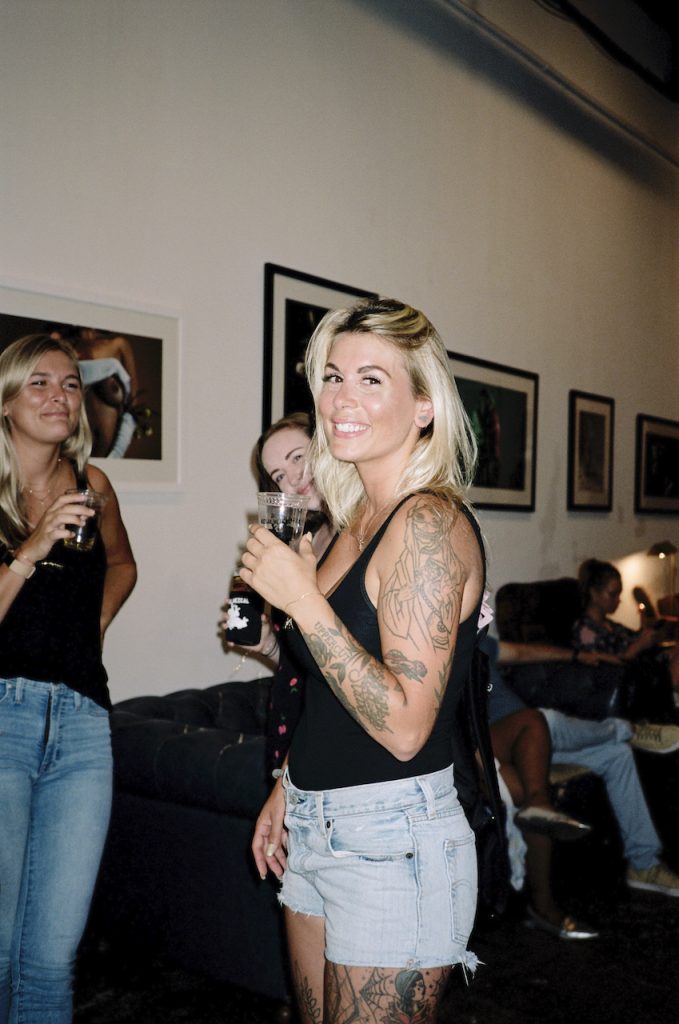
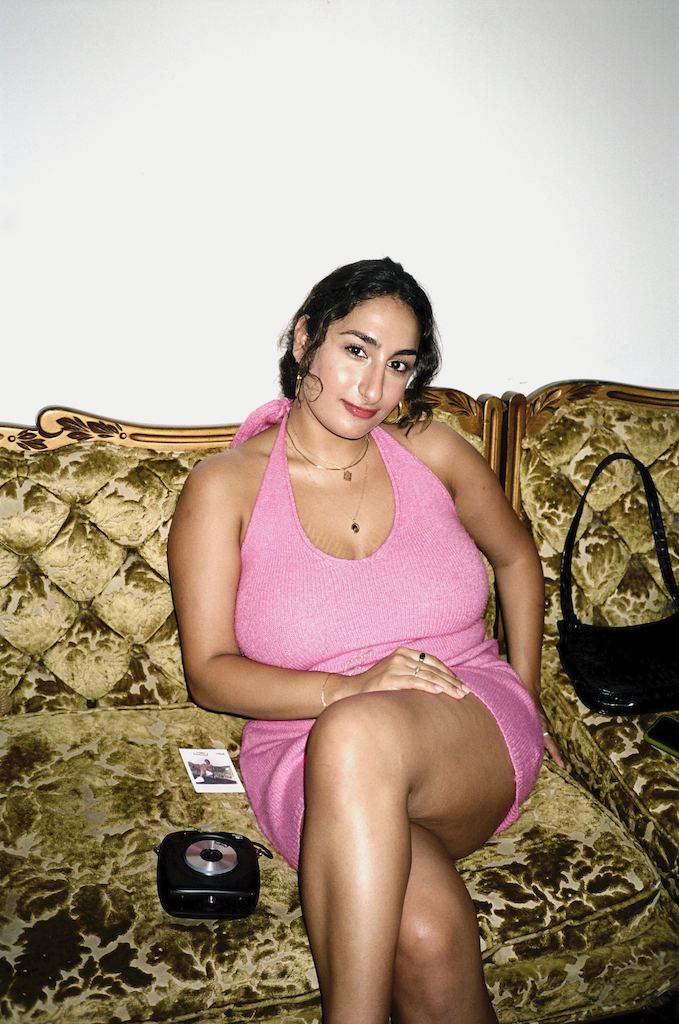
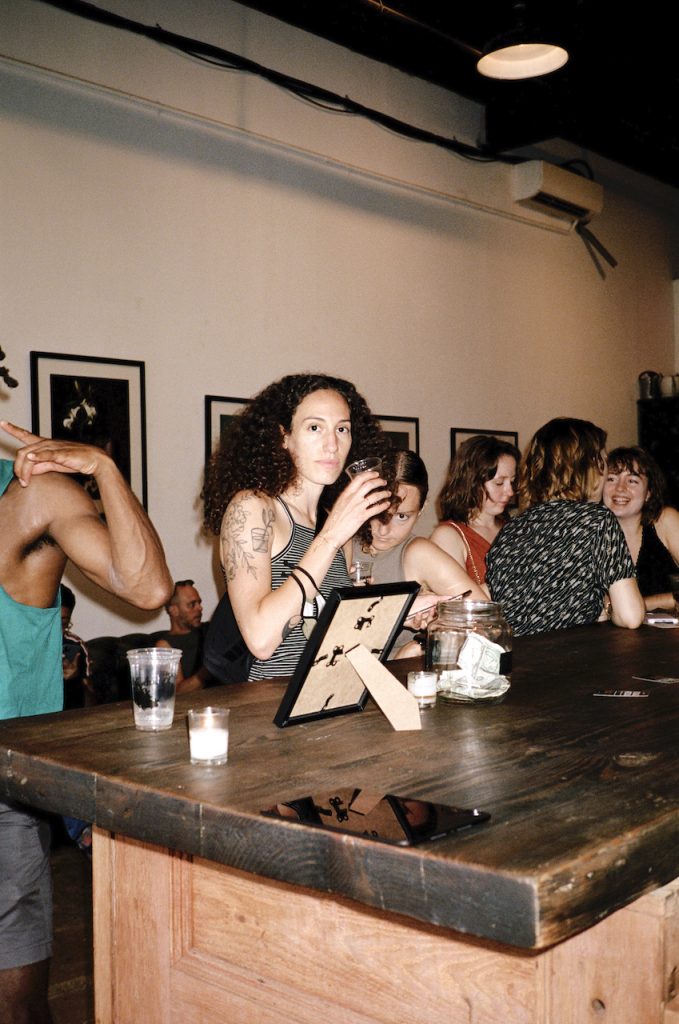
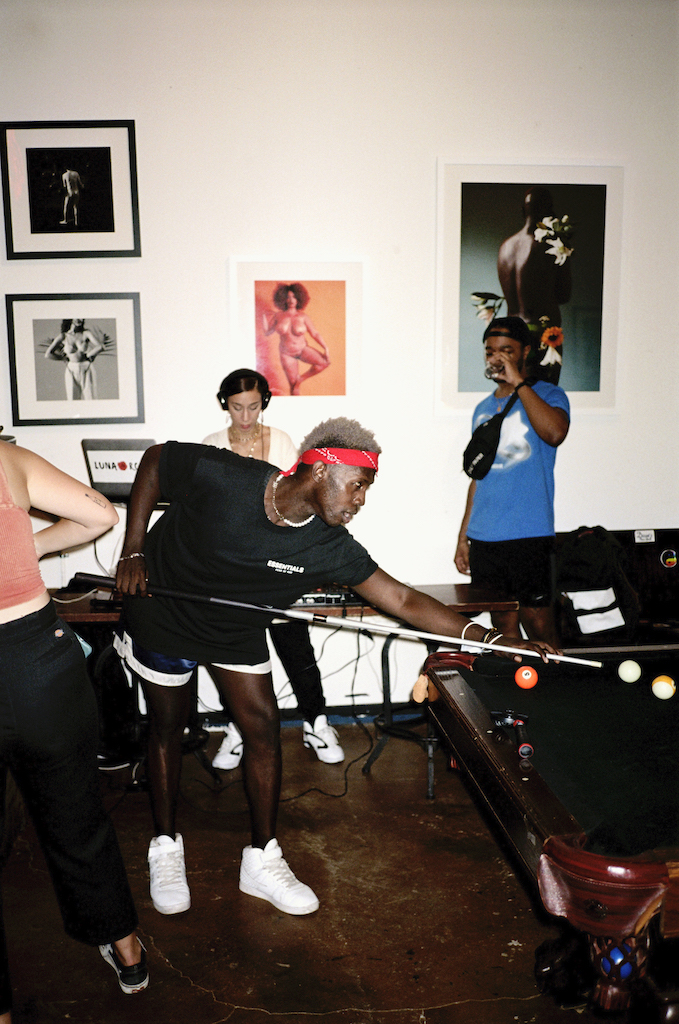
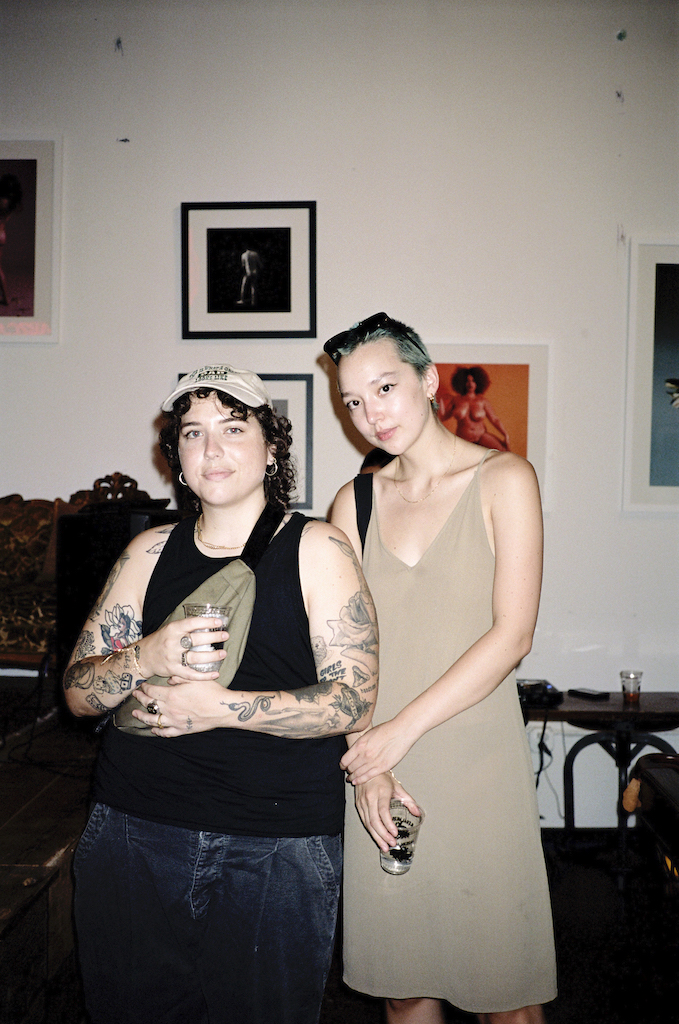
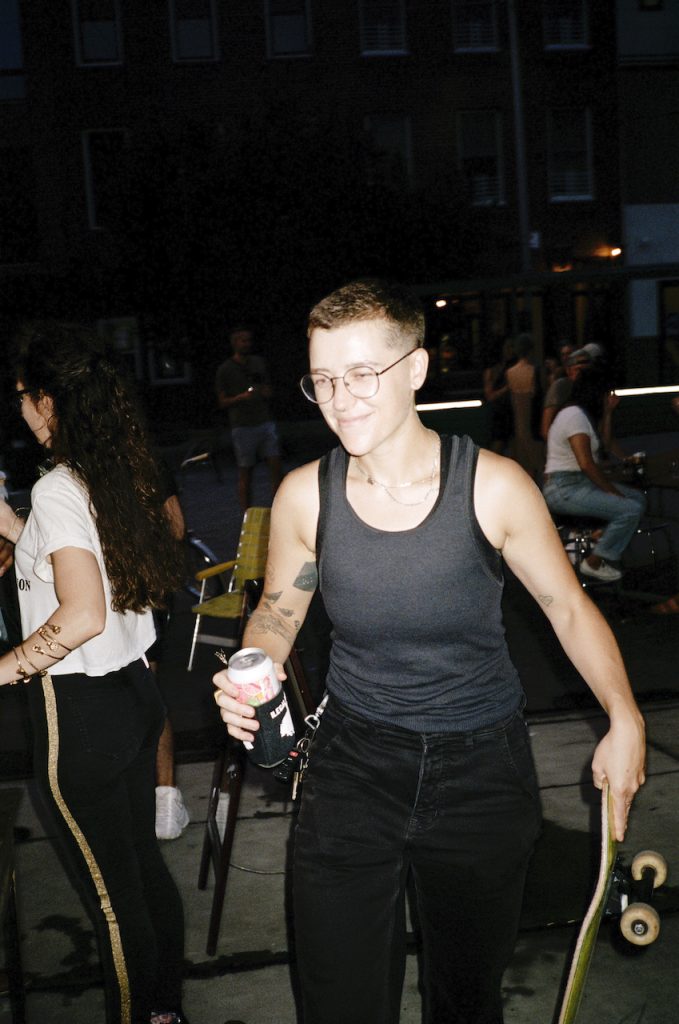
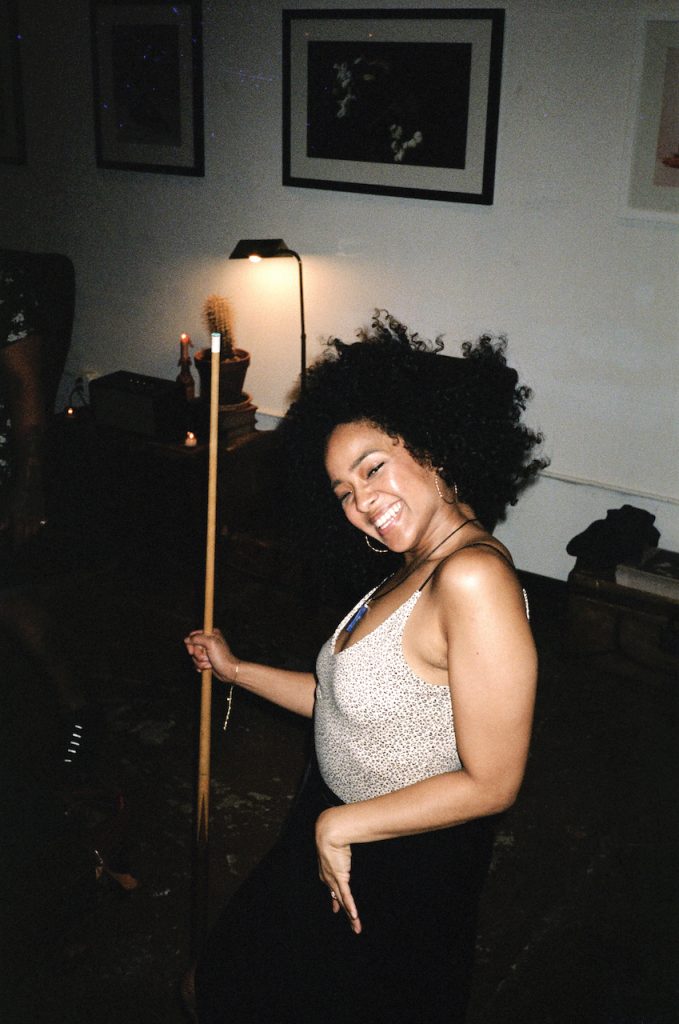
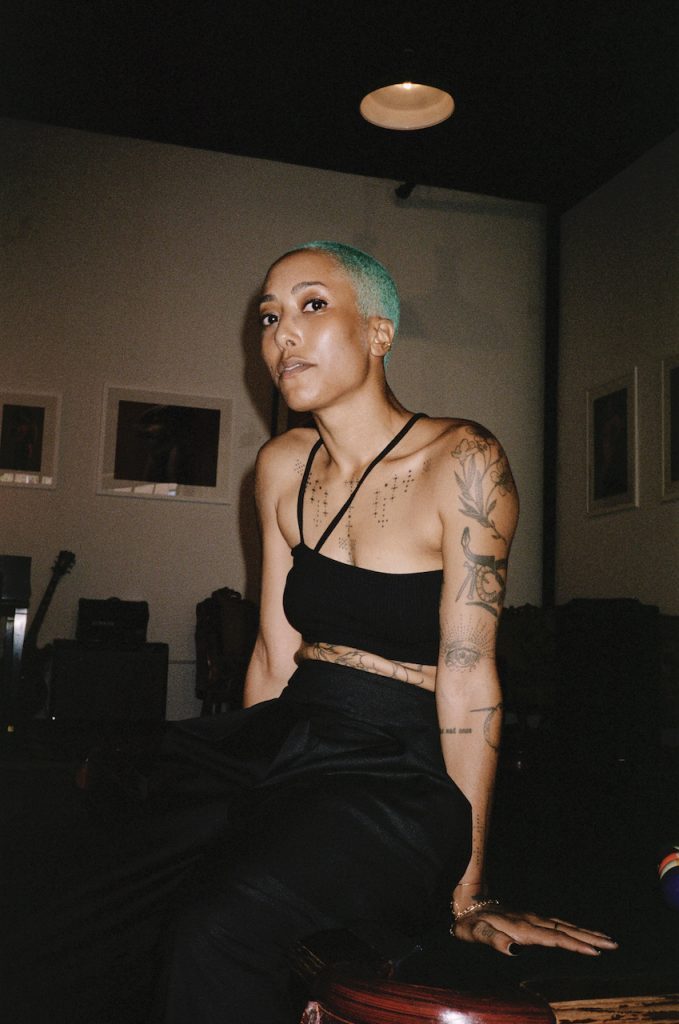
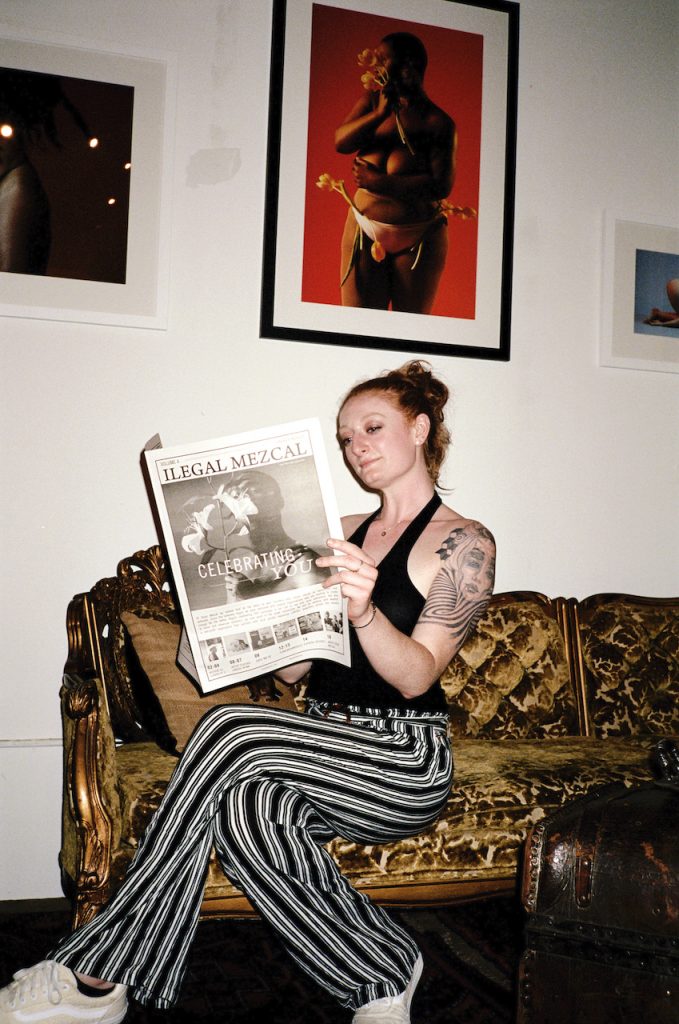
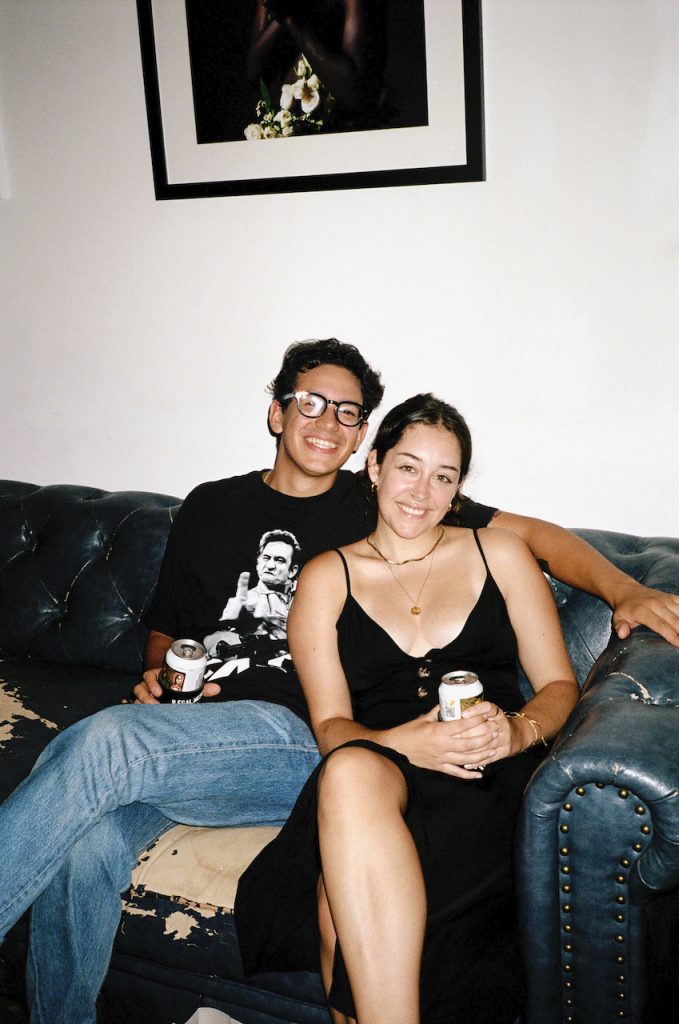
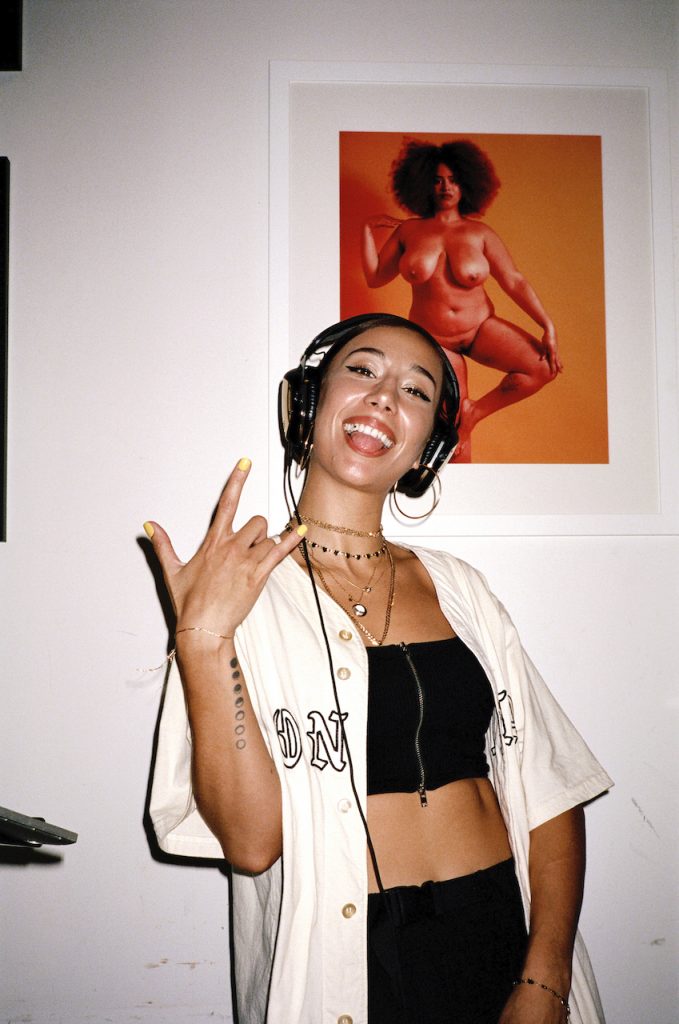
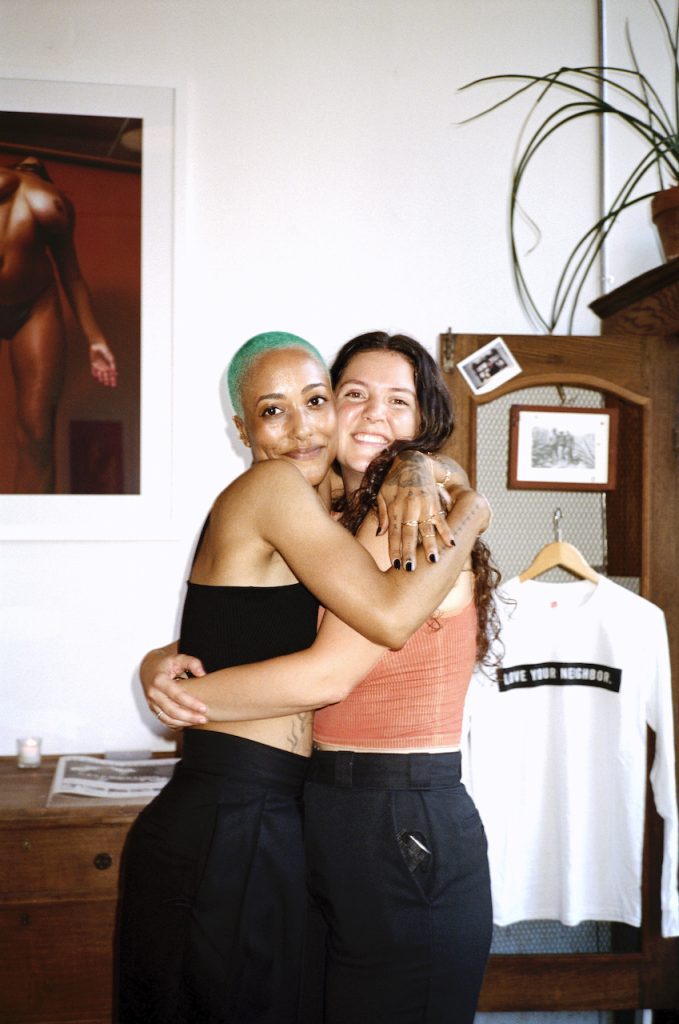
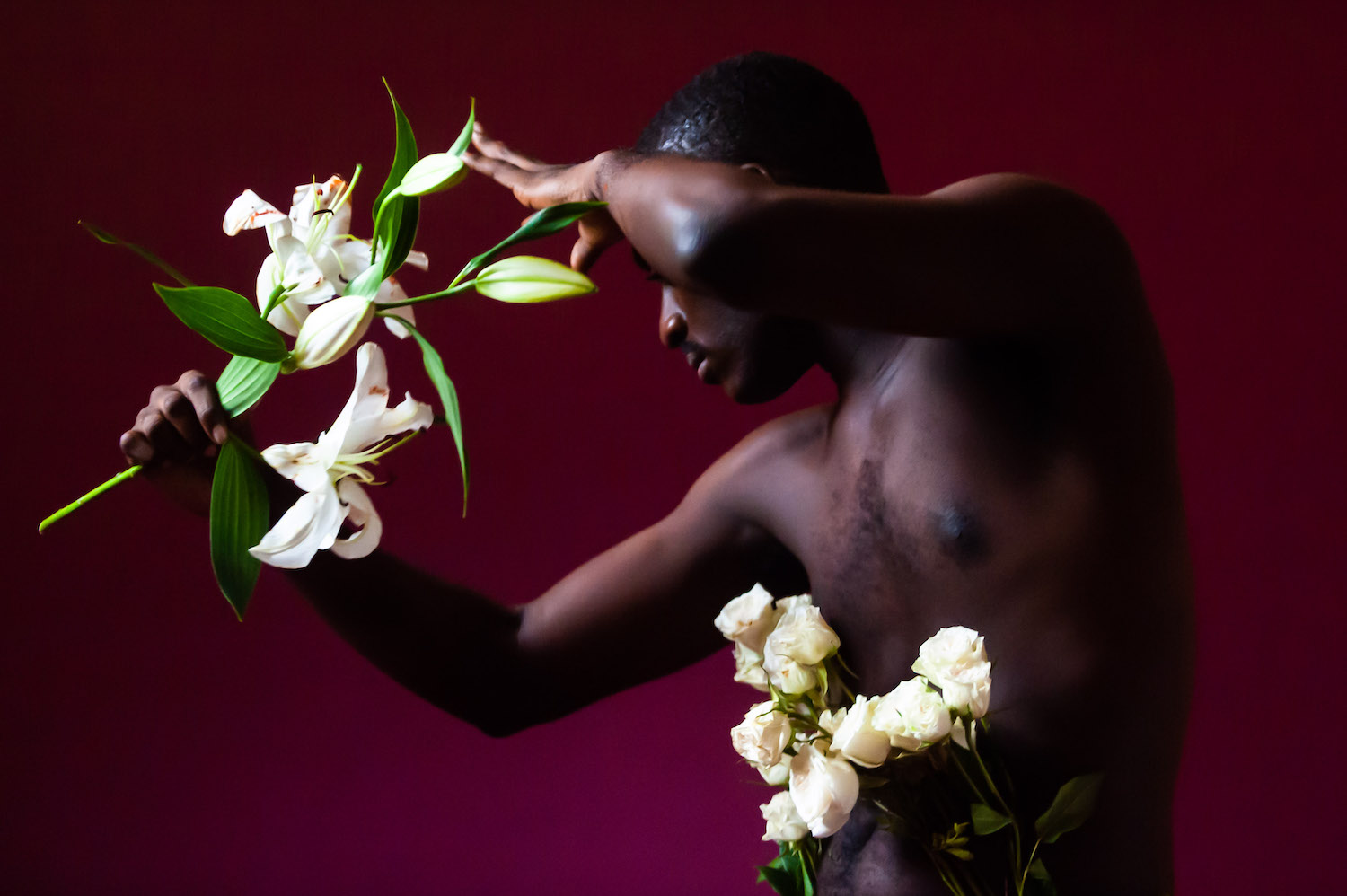
“When you allow somebody to take agency over a photoshoot, they feel empowered. The aesthetic result is always more enriching than if I was to be solely directing” Wynn says. “People often feel pigeonholed. Preconceived notions put onto all of us as a result of internal bias and sociological conditioning limit our drive to be creative. We deserve more than that. These photoshoots are meant to act as a physical and emotional olive branch to the parts of ourselves unseen by the world, each other and even in our own reflection. I want to give them the opportunity to see outside these identities and to put themselves in a different light.`
Wynn worked for over a decade in the commercial beauty world as a photographer before deciding to embark on a personal project to better connect with her photography and her subjects. “It became the jump-off for the aesthetic you see in my work now,” she says. It all started with a Craigslist advertisement, asking if anyone wanted to be photographed nude, covered in paint, maybe some other props, but more so in the particular visual style that she envisioned. It was all about light, reflection, shadow, the way these elements visually played against and harmoniously with one another. It was only until later that she realized this was a conceptual cornerstone of her work as well. Her post received several responses, mainly from older men. “People would come off of Craigslist, they’d get naked, and I’d paint their body. It was a really bizarre evolution at the beginning of this work, but it was very fun. It was really cool to empower people to come and bare it all. Express themselves with light and movement.”
At the time, Wynn was doing a lot of work with body paint, but she has always had a unique relationship with light. She was born and raised in San Diego, California. At age 17, feeling dissatisfied with the lack of empathy and support for artistic types in her learning environment, she dropped out of high school and registered at a community college. She then transferred to Pratt Institute, where she completed her B.F.A. in Painting. “Back in my painting days, I focused on California light and color mixing. Light and reflection are all very much a part of the ambiance in California,” she explains. “That is also represented in my photographs. These are body landscapes to some degree, and we’re watching light fall across them in different ways.” Her work often features harsh elements that are diffused by something else within the composition. “Because it’s such a collaboration with the person, I spend time explaining the light sources (what it’s doing) so they can make pose and movement choices that correspond to their mood, music, whatever it may be in that moment” she explains. “These photos are about creating unique dynamism within all these, sometimes unorthodox methods. The studio light is dynamic, sometimes paired with window light or reflectors to help compliment and contrast light and shadow over the body like it would on a landscape. So, you’re looking at the skin and the folds in a way that still feels really delicate and discoverable, in a similar way you would interact with or view elements of nature.”
Wynn’s work is ultimately a celebration of people and self-expression. We are proud to display her work at the Ilegal Showroom in Brooklyn in the month where we Celebrate YOU. A selection of her work appears in the gallery below.
To learn more about Lindsay Wynn’s work visit – ILEGAL GALLERY PRESENTS – or come see it in person at 38 Greenpoint Avenue. Lindsay’s work will be displayed through September 30th, on Saturdays from 10AM-2PM.
